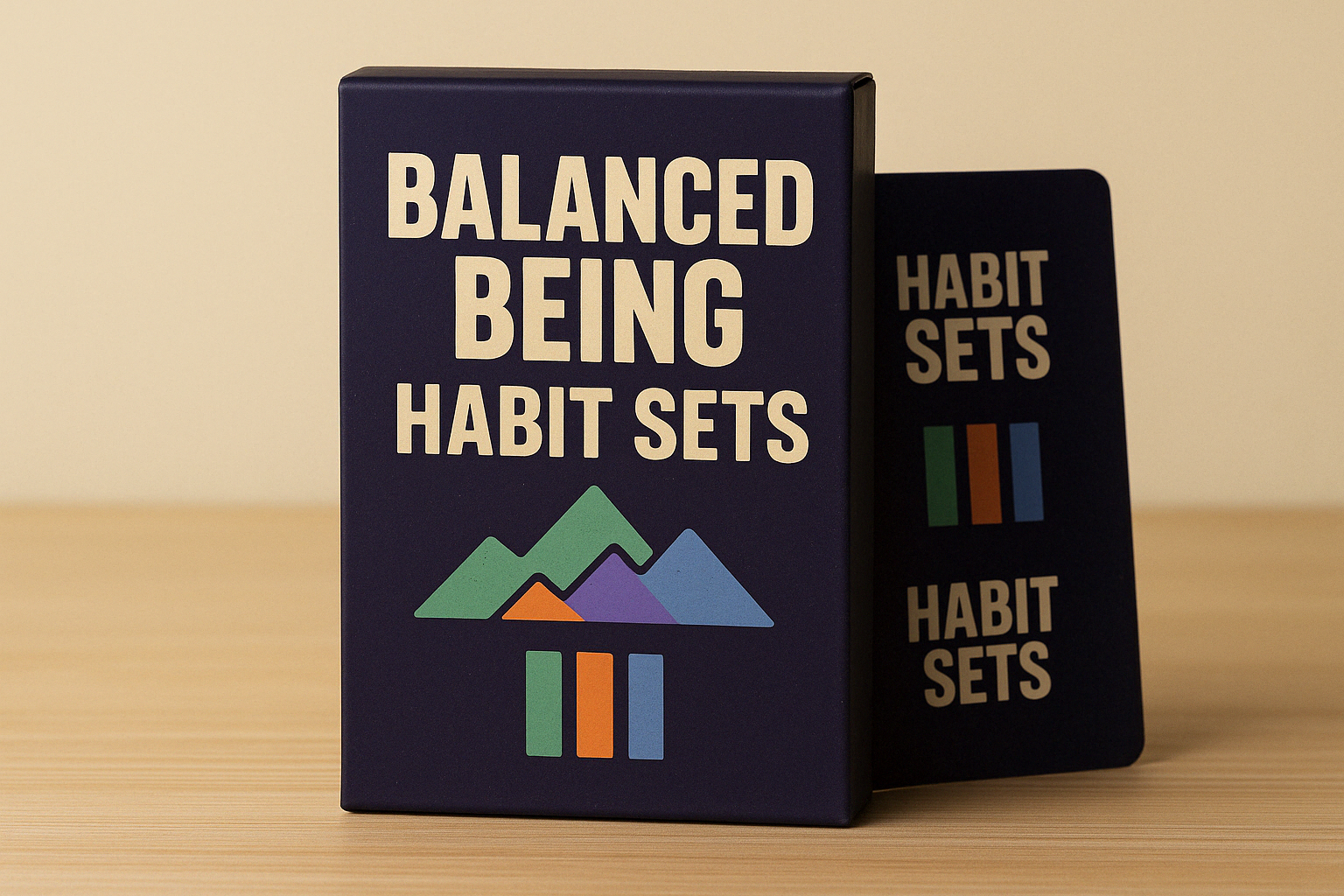Balanced Being Habits - Simple Habits for a Fulfilling Life
Embrace Balanced Living Through Simple Habits
The Balanced Being habit system is designed to cultivate a more fulfilling life through simple, daily practices. These habits are thoughtfully curated across four key areas: success, health, relationships, and emotions, aiming for holistic growth. Integrating these small, consistent actions into your daily routine can lead to significant positive shifts in your overall well-being and life satisfaction.
- Focuses on holistic well-being across key life areas.
- Emphasizes simplicity and ease of integration into daily routines.
- Offers a progressive path from foundation to mastery and challenges.
- Highlights the benefits and 'why' behind each habit for motivation.
Discover the transformative power of small, consistent actions and embark on a journey to a more balanced and joyful existence.
Filter Habits
 Balanced Life's Habit Sets
Balanced Life's Habit Sets
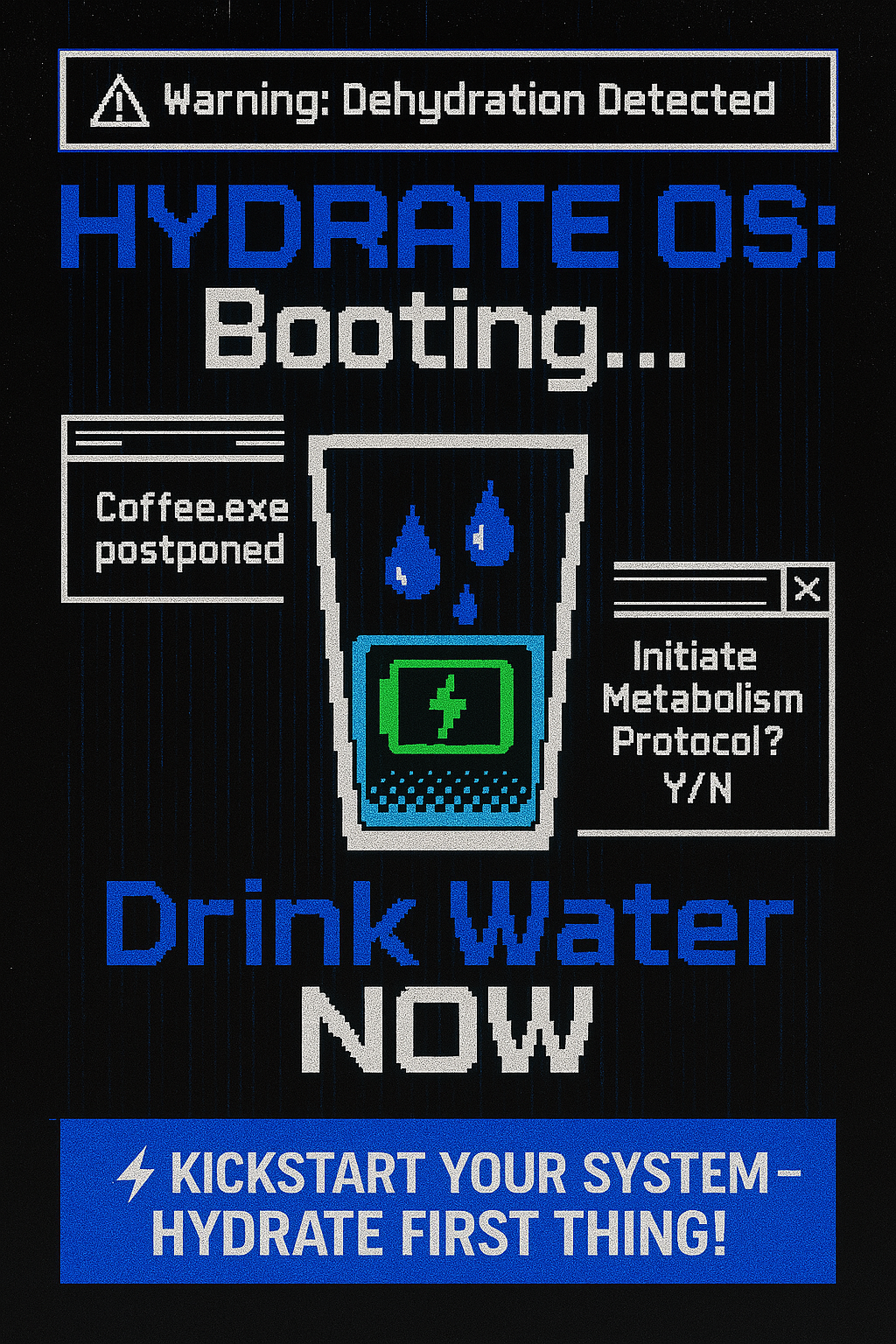
Drink Water First Thing Daily
Hydrate immediately after waking to kickstart metabolism and energy levels. Your body needs replenishment after hours without water.
Why This Matters
Rehydrating jumpstarts your system, flushes toxins, and improves cognitive function. Consistent morning hydration supports overall cellular health and prepares your body for the day. It's a fundamental step for baseline wellness.
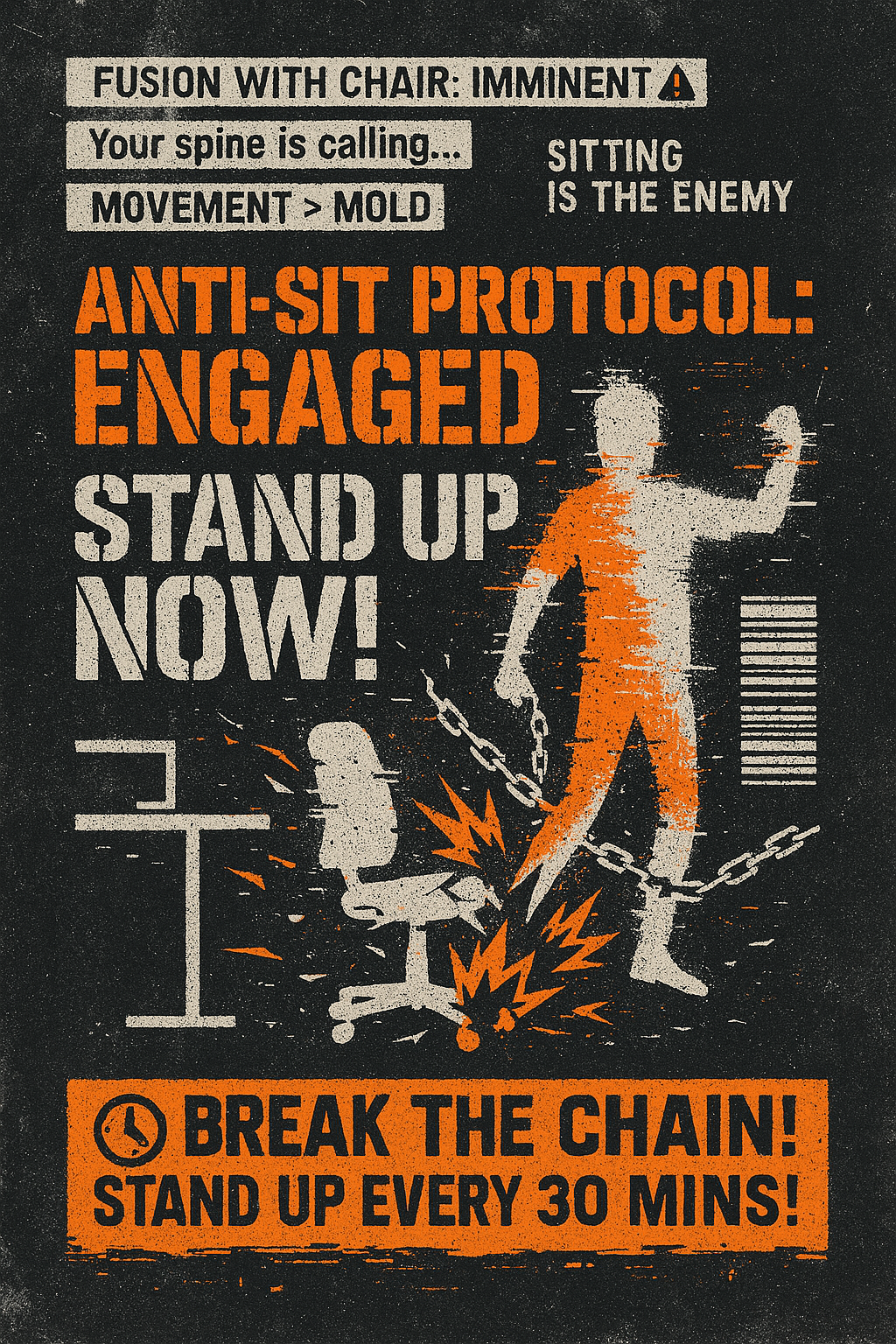
Stand Up Every 30 Minutes
Break up prolonged sitting using a timer to improve circulation and reduce stiffness. Movement is medicine for a sedentary lifestyle.
Why This Matters
Combating sedentary behavior reduces risks of chronic diseases like diabetes and heart disease. Regular standing improves posture, boosts metabolism slightly, and prevents muscle imbalances. It keeps your body active even during desk work.
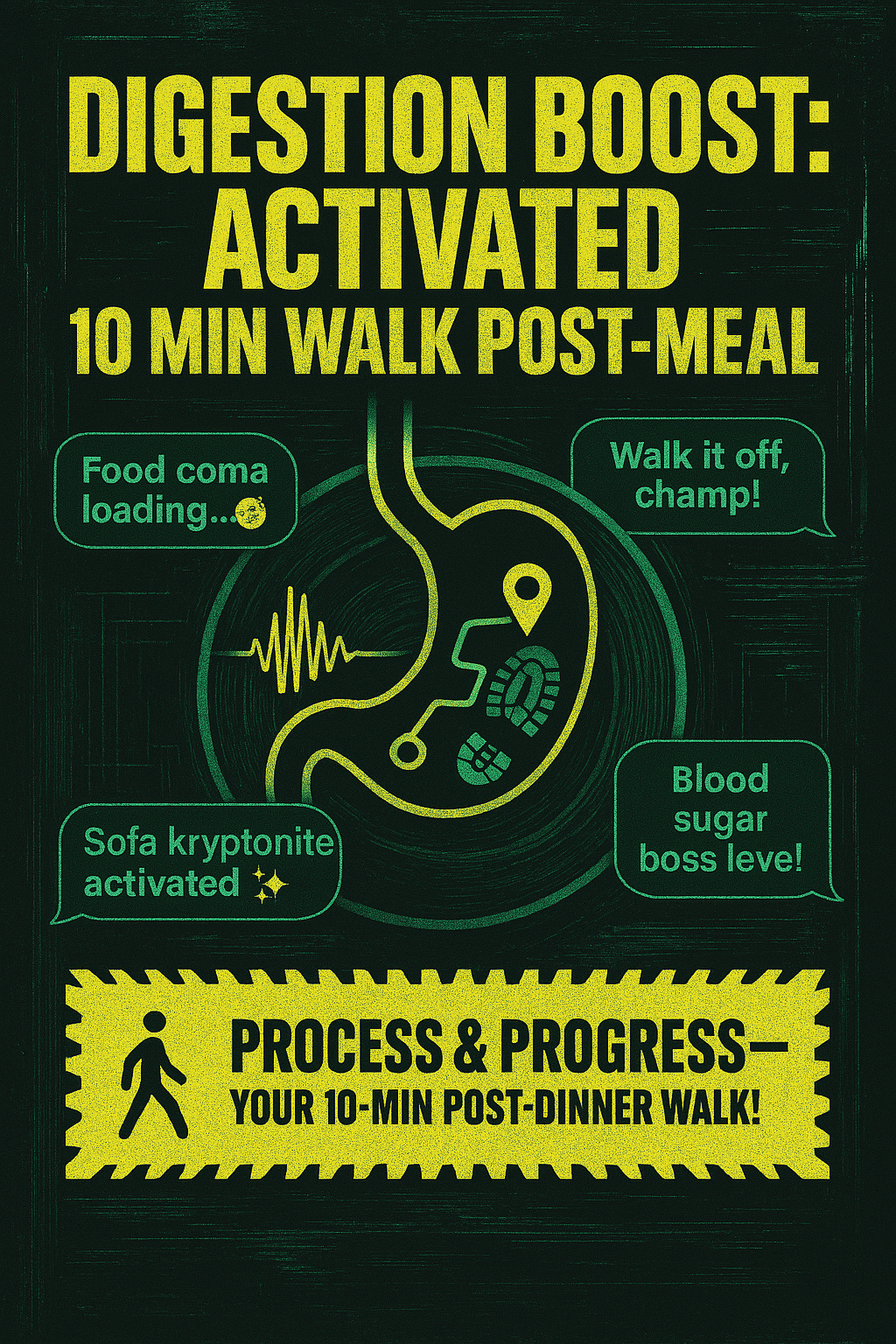
Walk 10 Minutes After Dinner
Take a brief walk post-dinner to aid digestion and manage blood sugar. Gentle movement helps your body process your meal.
Why This Matters
Walking after eating helps regulate blood sugar levels, improves digestion, and contributes to daily activity goals. It's a low-impact way to enhance metabolic health and wind down the day. This habit turns a typically sedentary time into a health benefit.

Pack Healthy Snack Daily
Prepare and pack a nutritious snack (like fruit or nuts) each day to avoid unhealthy impulse choices. Planning prevents poor eating habits.
Why This Matters
Having healthy snacks readily available prevents energy dips and stops you from reaching for sugary or processed options when hunger strikes. This supports stable blood sugar and consistent energy levels. It puts you in control of your between-meal choices.
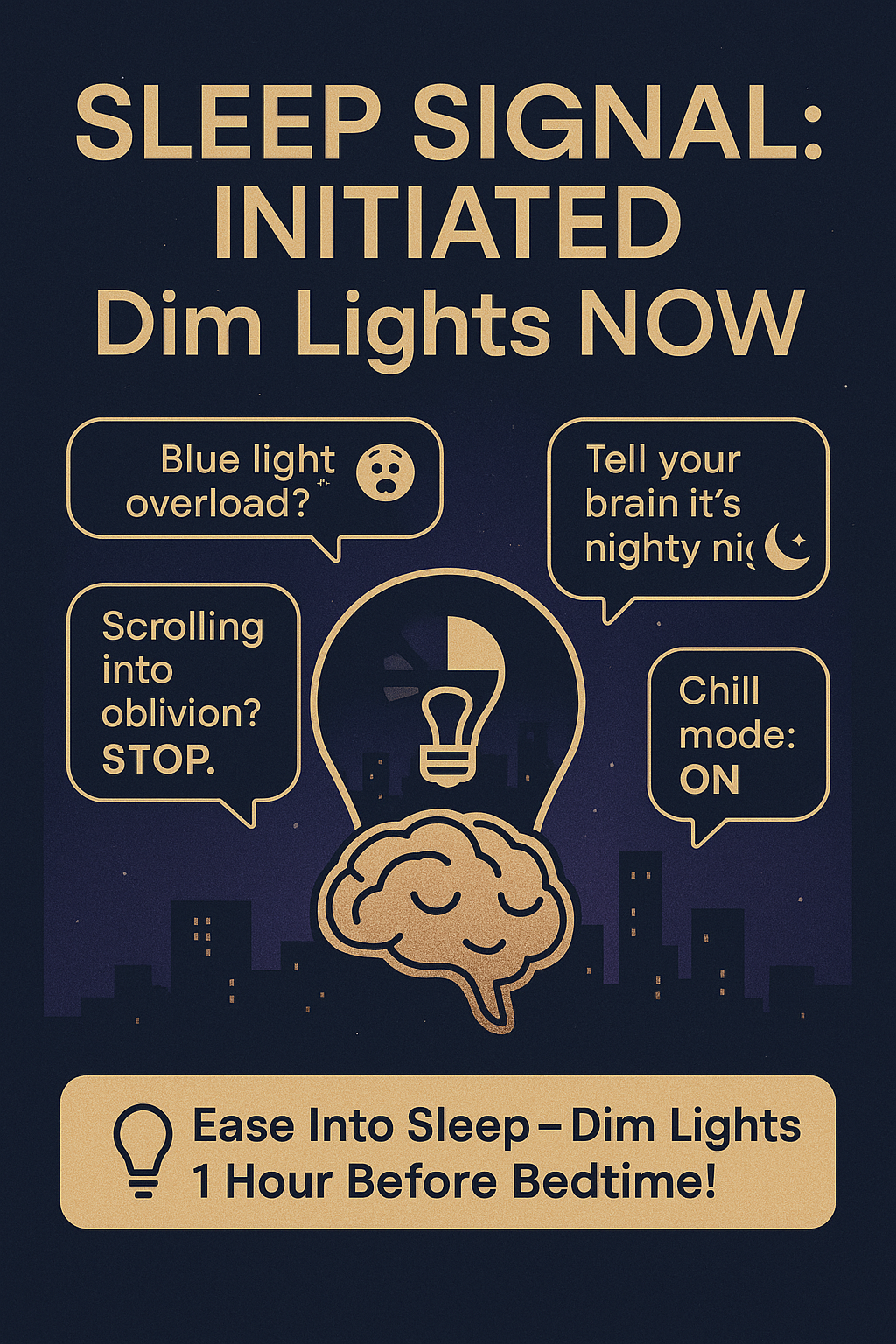
Dim Lights 1 Hour Before Bed
Lower ambient lighting in your home an hour before sleep to signal relaxation to your brain. Preparing for sleep starts before you hit the pillow.
Why This Matters
Reducing exposure to bright light, especially blue light, helps your body naturally produce melatonin, the sleep hormone. This improves sleep onset and quality. It's a simple environmental cue that enhances your circadian rhythm.
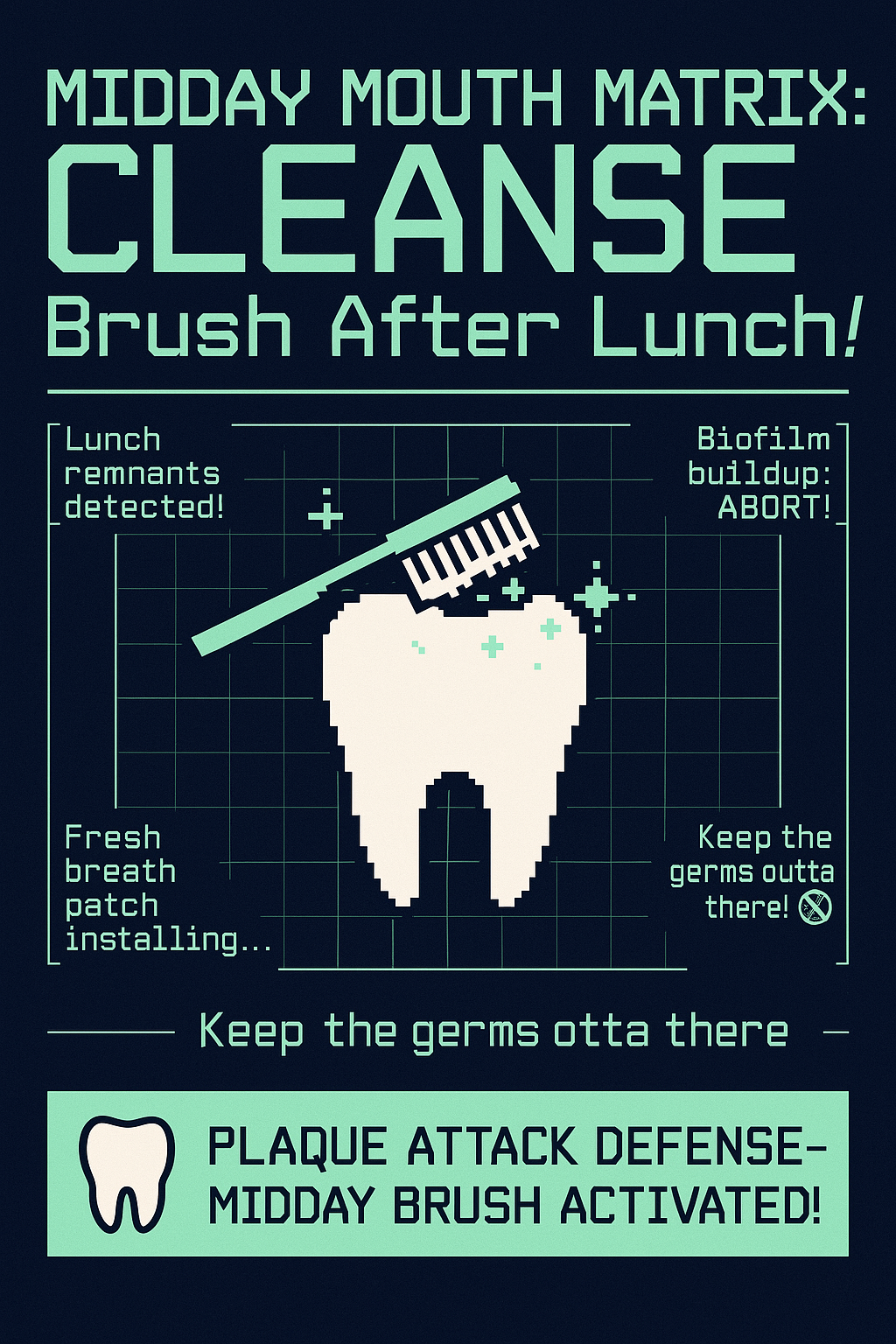
Brush Teeth After Lunch
Brush your teeth midday to reduce plaque buildup and improve oral hygiene. A clean mouth supports overall health.
Why This Matters
Brushing after lunch removes food particles and sugars, preventing bacterial growth that leads to cavities and gum disease. Good oral hygiene is linked to better cardiovascular health. This simple habit significantly impacts long-term dental wellness.
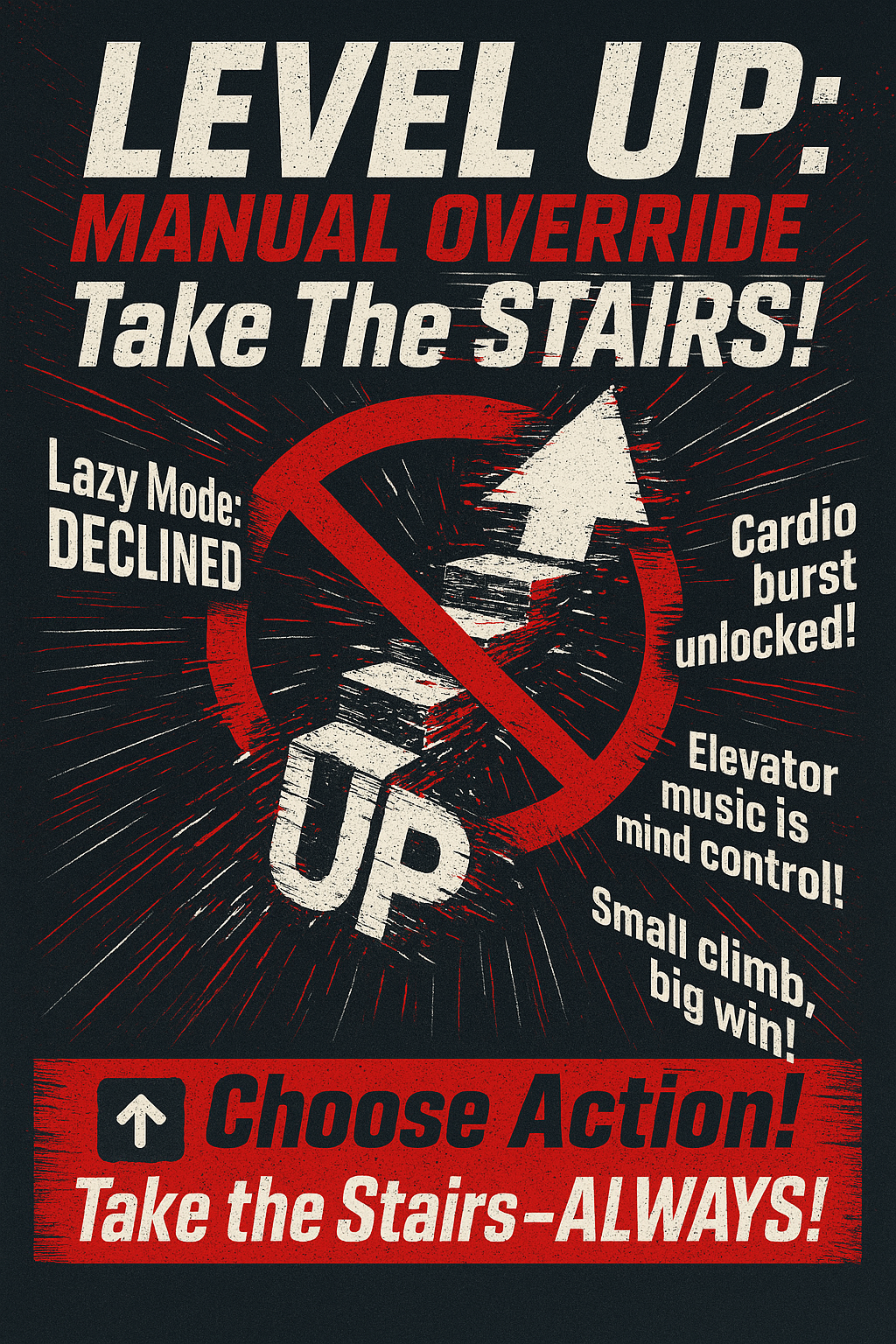
Take Stairs Over Elevator Always
Choose stairs whenever possible (within reason) to add bursts of activity to your day. Small choices accumulate significant benefits.
Why This Matters
Stair climbing is a vigorous activity that boosts cardiovascular health, strengthens leg muscles, and burns calories. Consistently choosing stairs adds meaningful physical activity without needing dedicated gym time. It turns mundane transitions into fitness opportunities.
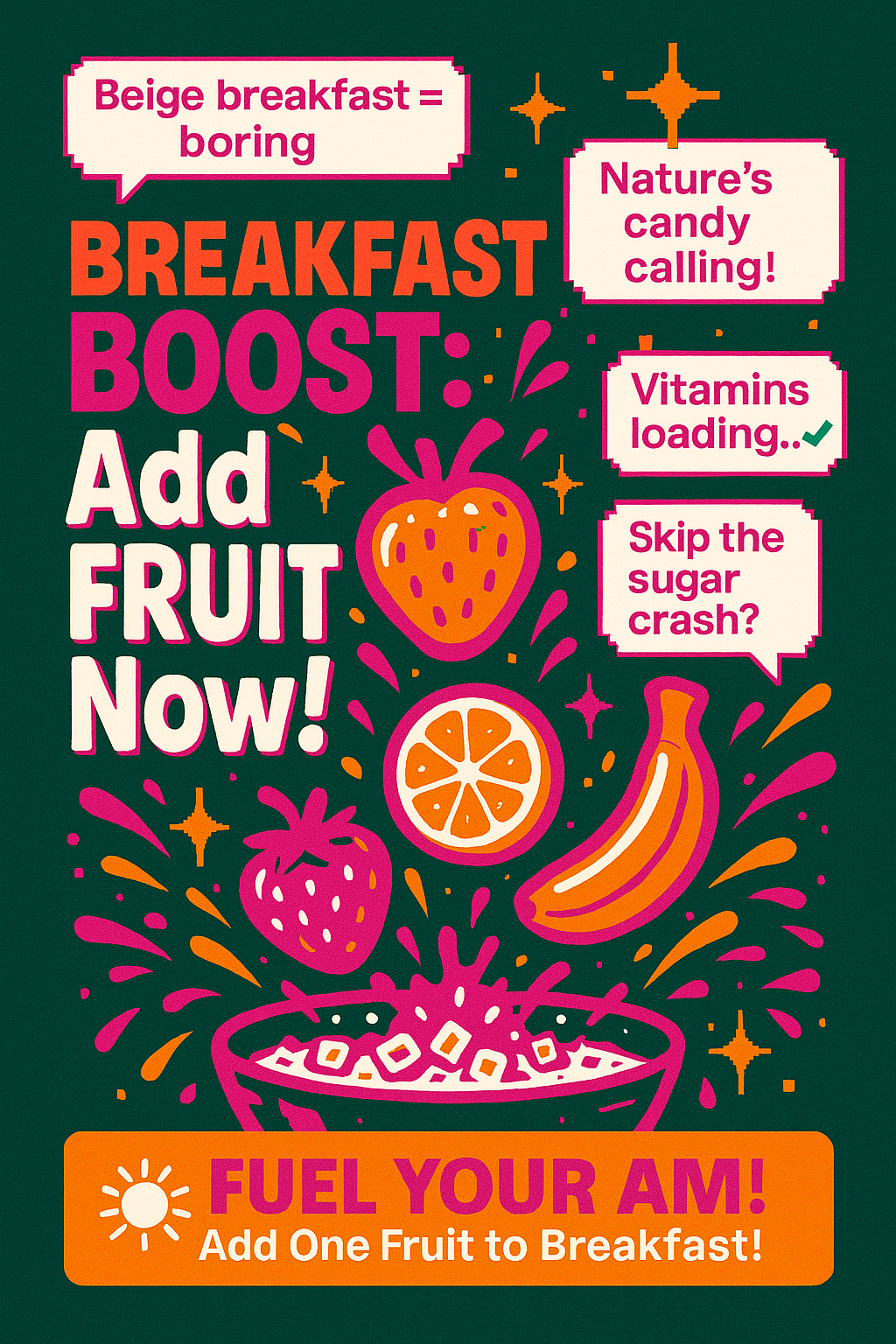
Add Fruit To Your Breakfast
Include one serving of fruit with your morning meal to increase vitamin and fiber intake. Start your day with natural nutrients.
Why This Matters
Fruit provides essential vitamins, antioxidants, and fiber, contributing to energy levels and digestive health. Starting the day with fruit helps meet daily nutritional requirements. This habit makes breakfast a more powerful start to your day.

Eat Veggie Appetizer Before Lunch
Consume a serving of raw or steamed vegetables before your main lunch meal to boost nutrient intake first. Prioritize plants for better health outcomes.
Why This Matters
Starting with vegetables ensures you get essential vitamins, minerals, and fiber early, potentially reducing overall calorie intake by promoting fullness. This habit builds a foundation for healthier eating patterns and improves digestion. It trains your palate and priority towards nutrient-dense foods.
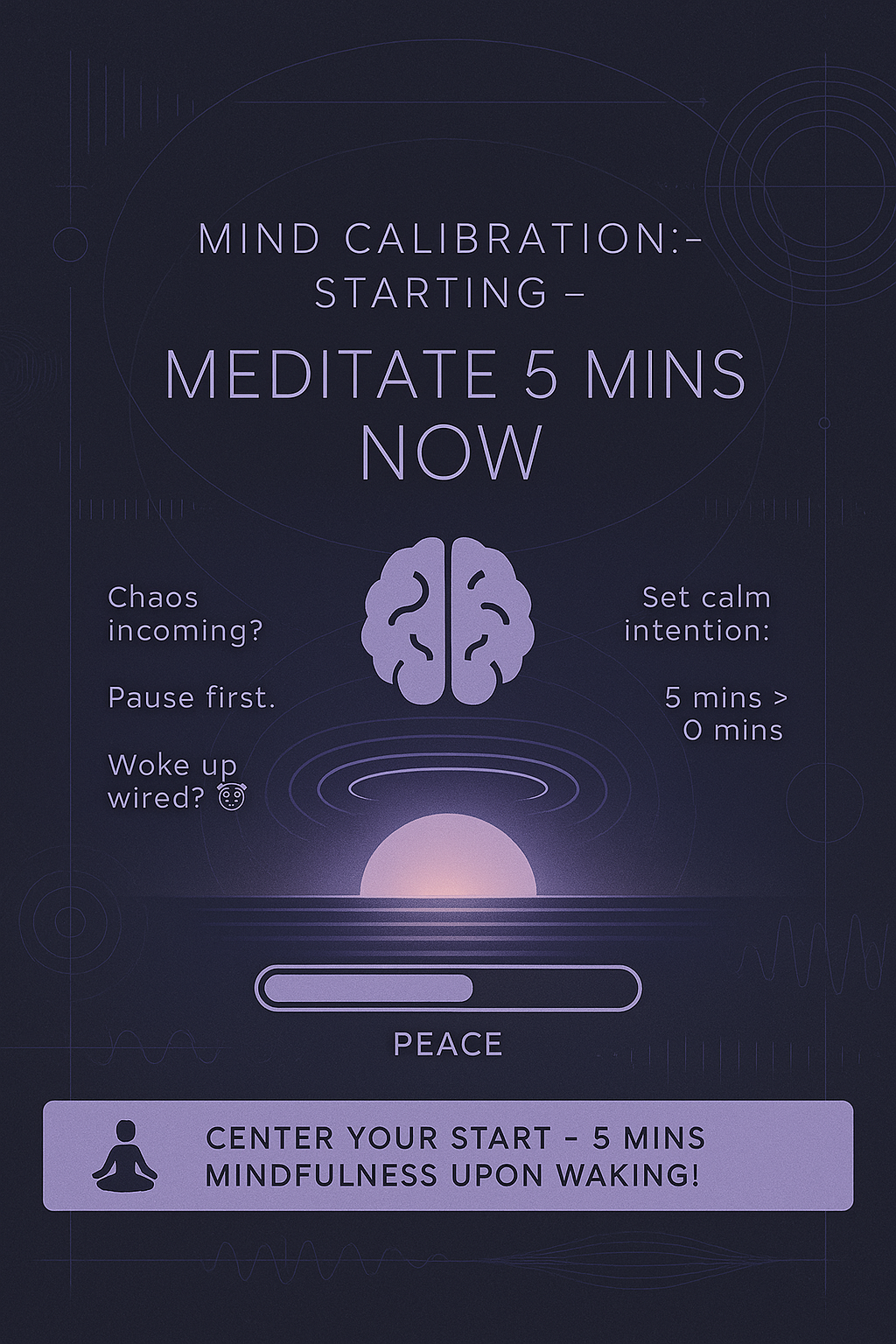
Meditate 5 Minutes Upon Waking
Practice five minutes of mindfulness meditation immediately after waking up to set a calm tone for the day. Start your day centered, not scattered.
Why This Matters
Morning meditation can reduce stress, improve focus, and enhance emotional regulation throughout the day. It creates a buffer against daily stressors and promotes a proactive rather than reactive mindset. This habit cultivates inner calm before external demands begin.
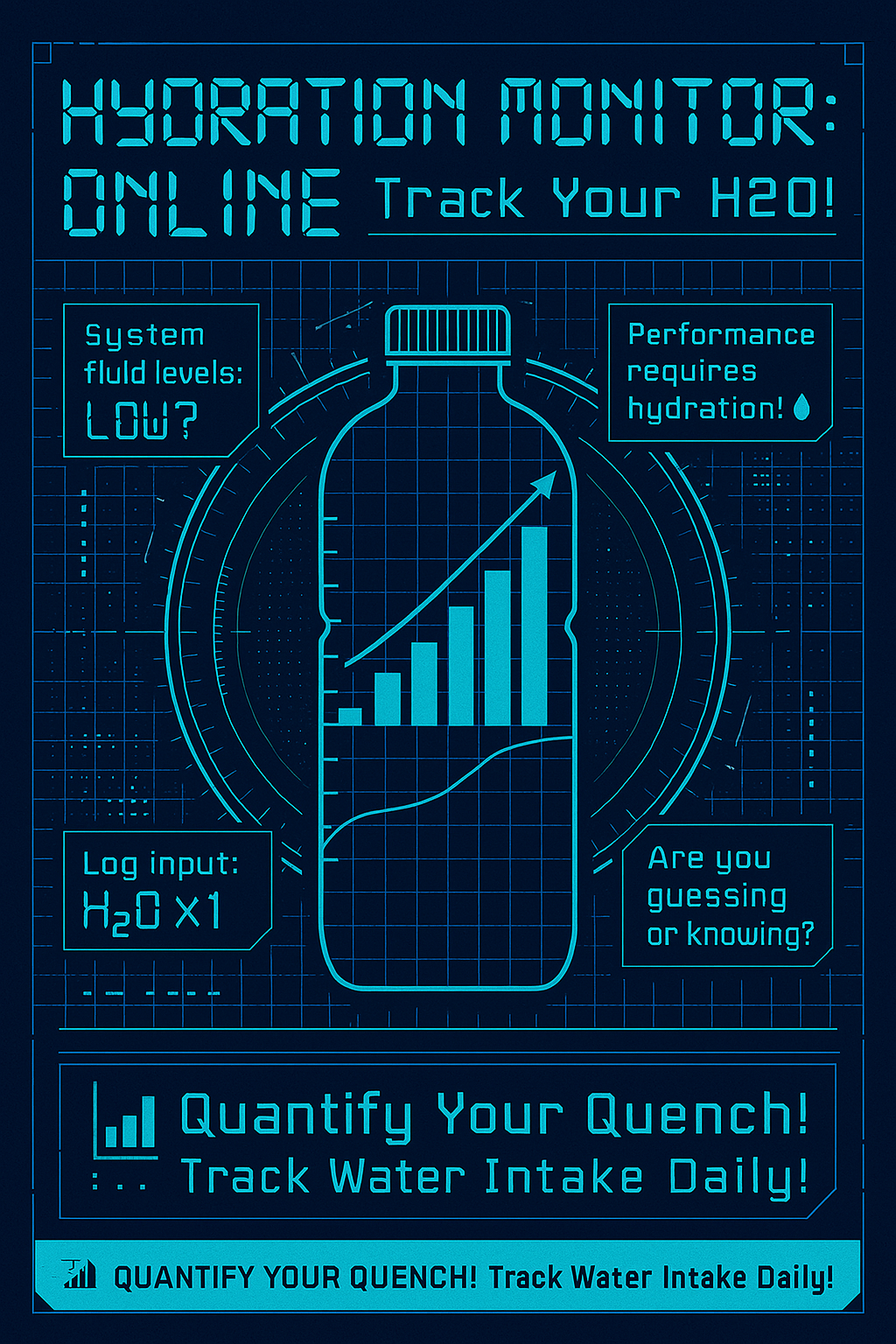
Track Water Intake Daily
Monitor your daily water consumption using an app or journal to ensure adequate hydration. Awareness drives better hydration habits.
Why This Matters
Tracking intake provides concrete data on your hydration levels, often revealing inadequate consumption. Consistent hydration is crucial for energy, digestion, skin health, and cognitive function. This habit turns an abstract goal into a measurable action.
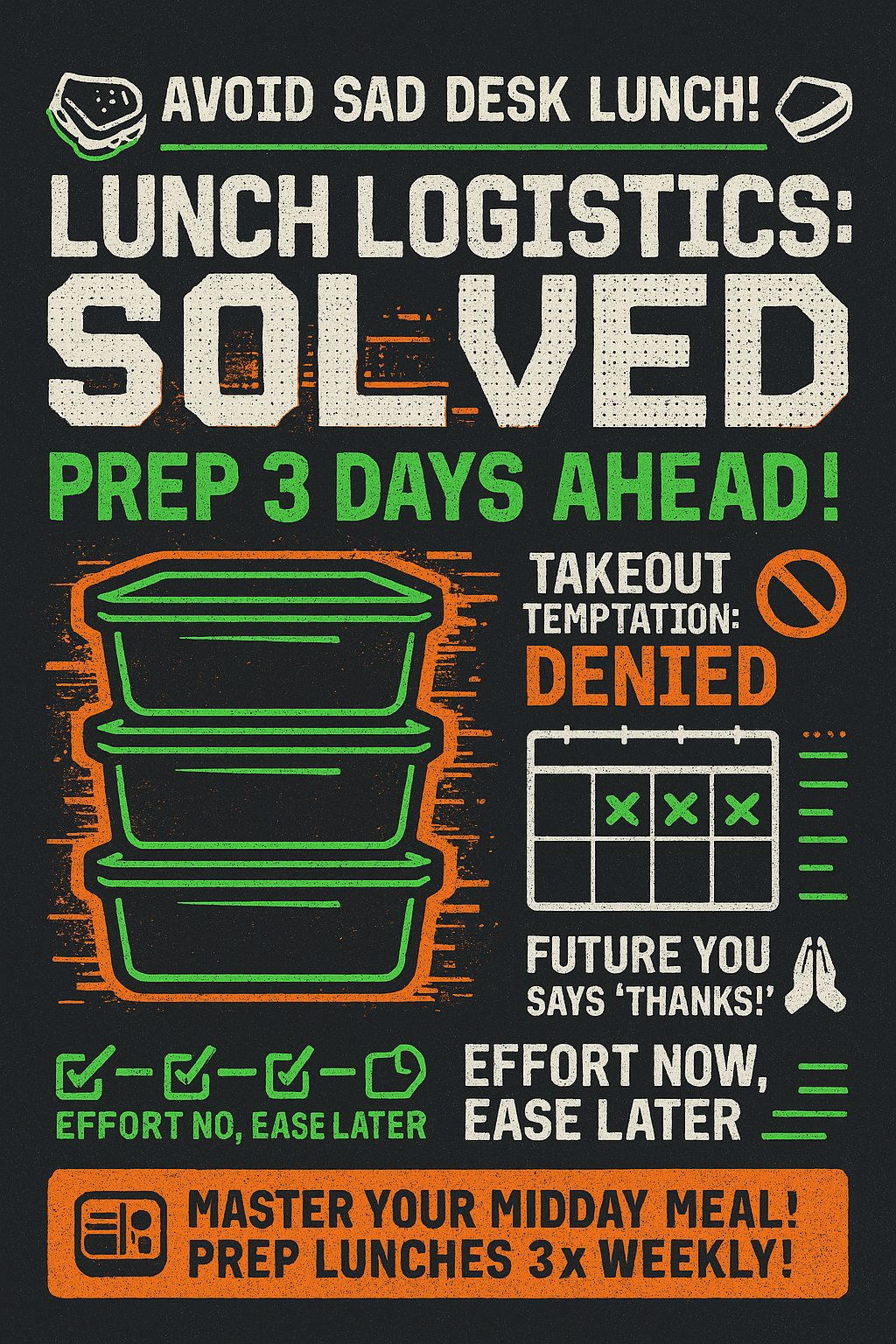
Prep Lunches 3 Days Weekly
Batch prepare healthy lunches for three days of the week to ensure nutritious midday meals. Planning simplifies healthy eating during busy workdays.
Why This Matters
Meal prepping lunches saves time, reduces stress, and prevents resorting to less healthy convenience foods. It gives you control over ingredients and portion sizes, supporting consistent healthy eating. This habit automates healthy choices for a significant part of your week.
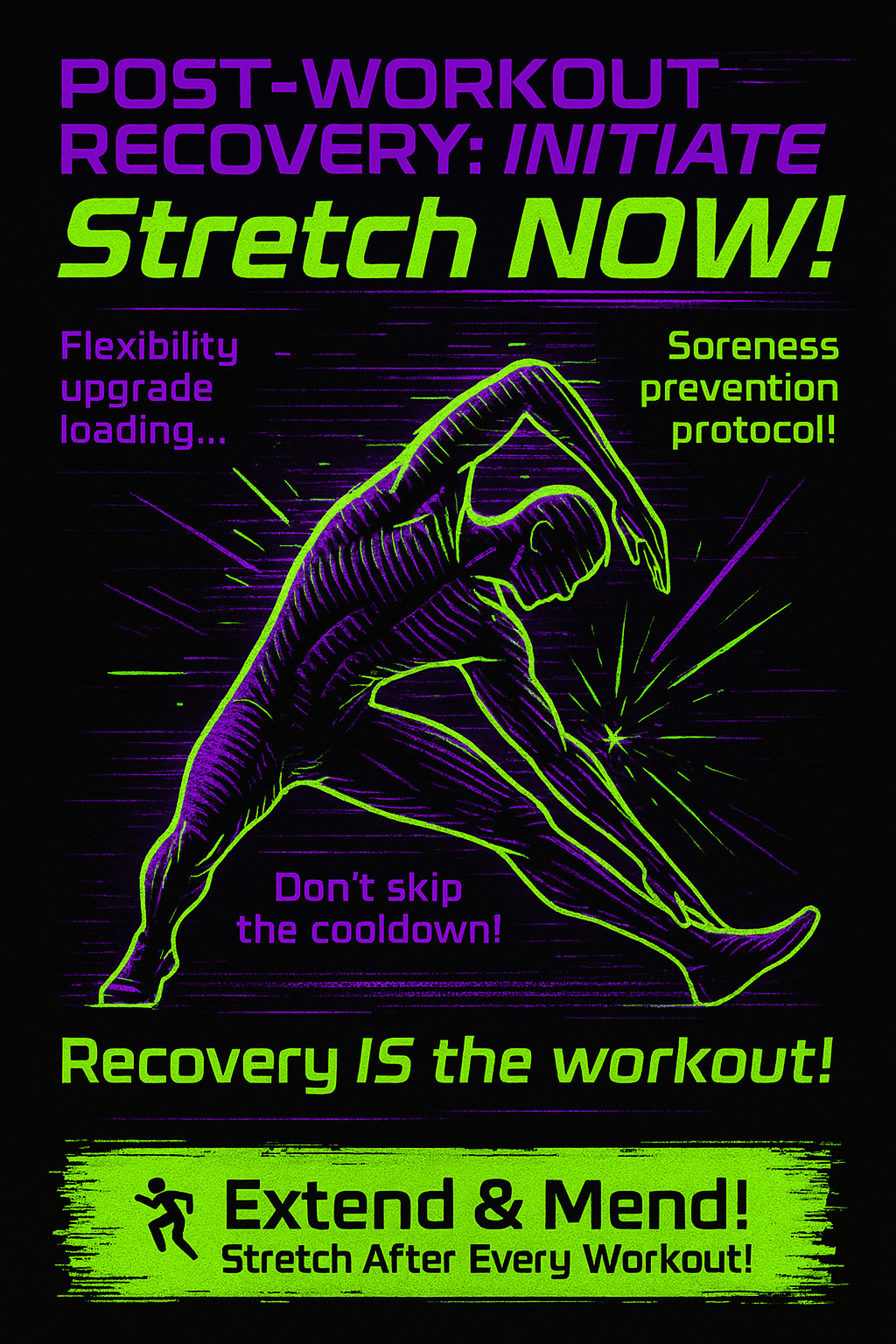
Stretch Major Muscles Post-Workout
Perform static stretches for major muscle groups worked after each exercise session to improve flexibility. Recovery is part of the workout.
Why This Matters
Post-workout stretching helps improve range of motion, reduce muscle soreness, and enhance long-term flexibility. It aids in muscle recovery and may reduce the risk of injury. This habit optimizes the benefits of your exercise routine.

Read Food Labels Before Buying
Scan the nutrition facts and ingredient list before purchasing packaged foods to make informed choices. Knowledge empowers healthier shopping.
Why This Matters
Understanding labels helps identify hidden sugars, unhealthy fats, sodium levels, and processed ingredients. It allows you to compare products and choose options that align with your health goals. This habit fosters nutritional literacy and mindful consumption.
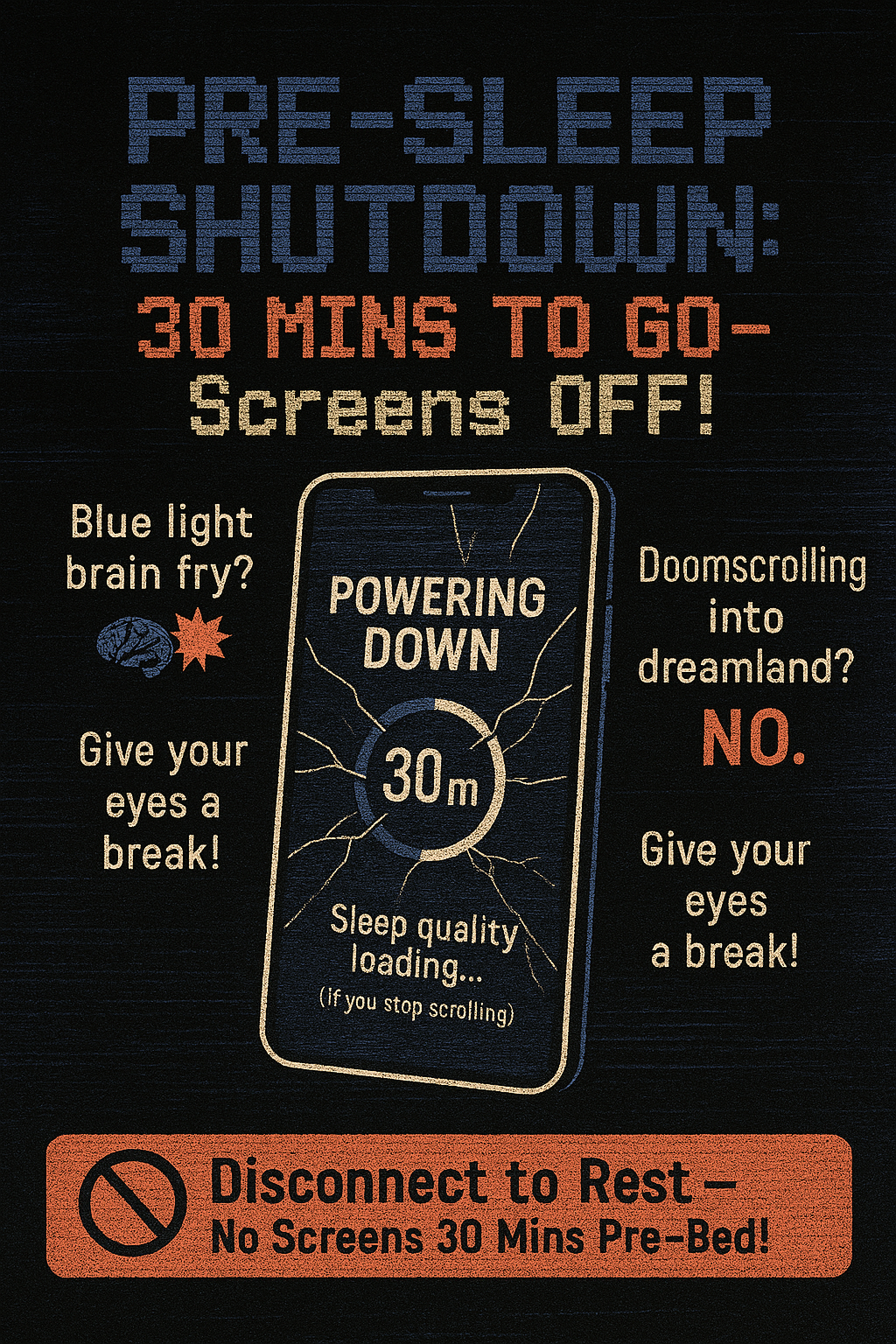
No Screens 30 Mins Before Sleep
Put away phones, tablets, and computers 30 minutes before bedtime to improve sleep quality. Give your brain a screen break before rest.
Why This Matters
The blue light emitted by screens suppresses melatonin production, interfering with sleep onset and quality. A screen-free wind-down period allows your brain to relax, making falling asleep easier. This habit directly supports better sleep hygiene.
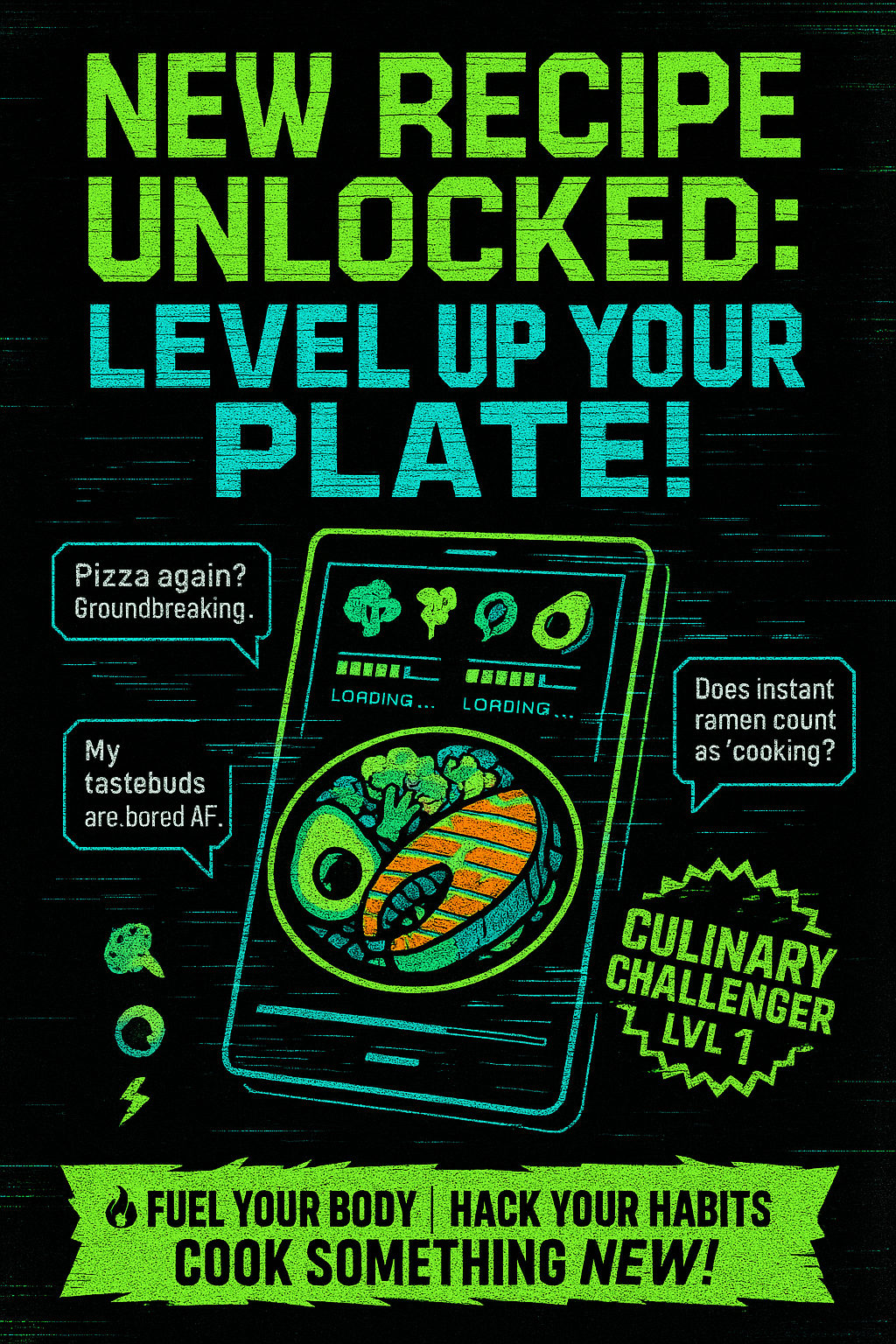
Cook 1 New Healthy Meal Weekly
Expand your healthy cooking repertoire by trying one new nutritious recipe each week. Culinary exploration fuels better eating and prevents boredom.
Why This Matters
Learning new healthy recipes prevents dietary boredom and equips you with skills for long-term healthy eating. It encourages the use of diverse, whole ingredients and reduces reliance on processed foods. This habit empowers you to take control of your nutrition creatively.
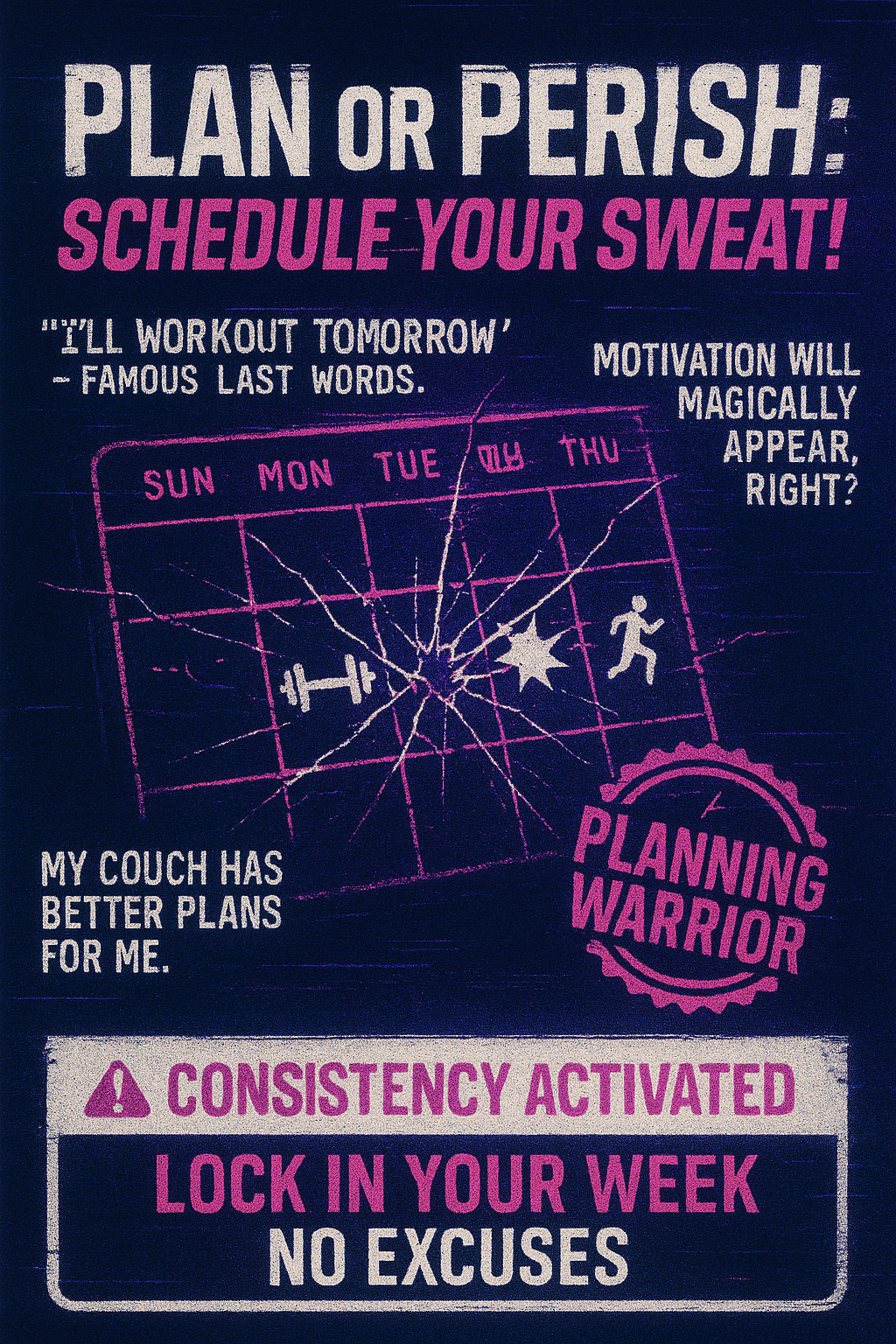
Plan Weekly Workouts Every Sunday
Schedule your specific workouts for the upcoming week each Sunday to increase commitment and consistency. Fail to plan, plan to fail.
Why This Matters
Planning workouts in advance removes decision fatigue during the week and treats exercise as a non-negotiable appointment. It helps ensure a balanced routine and increases adherence. This habit transforms intention into a concrete action plan.

Practice Mindful Eating One Meal Daily
Eat one meal per day slowly, without distractions, focusing on sensory experiences to improve digestion and satiety cues. Savor your food, nourish your body.
Why This Matters
Mindful eating enhances awareness of hunger and fullness signals, potentially preventing overeating. It improves digestion by encouraging thorough chewing and reduces stress around mealtime. This practice fosters a healthier relationship with food.
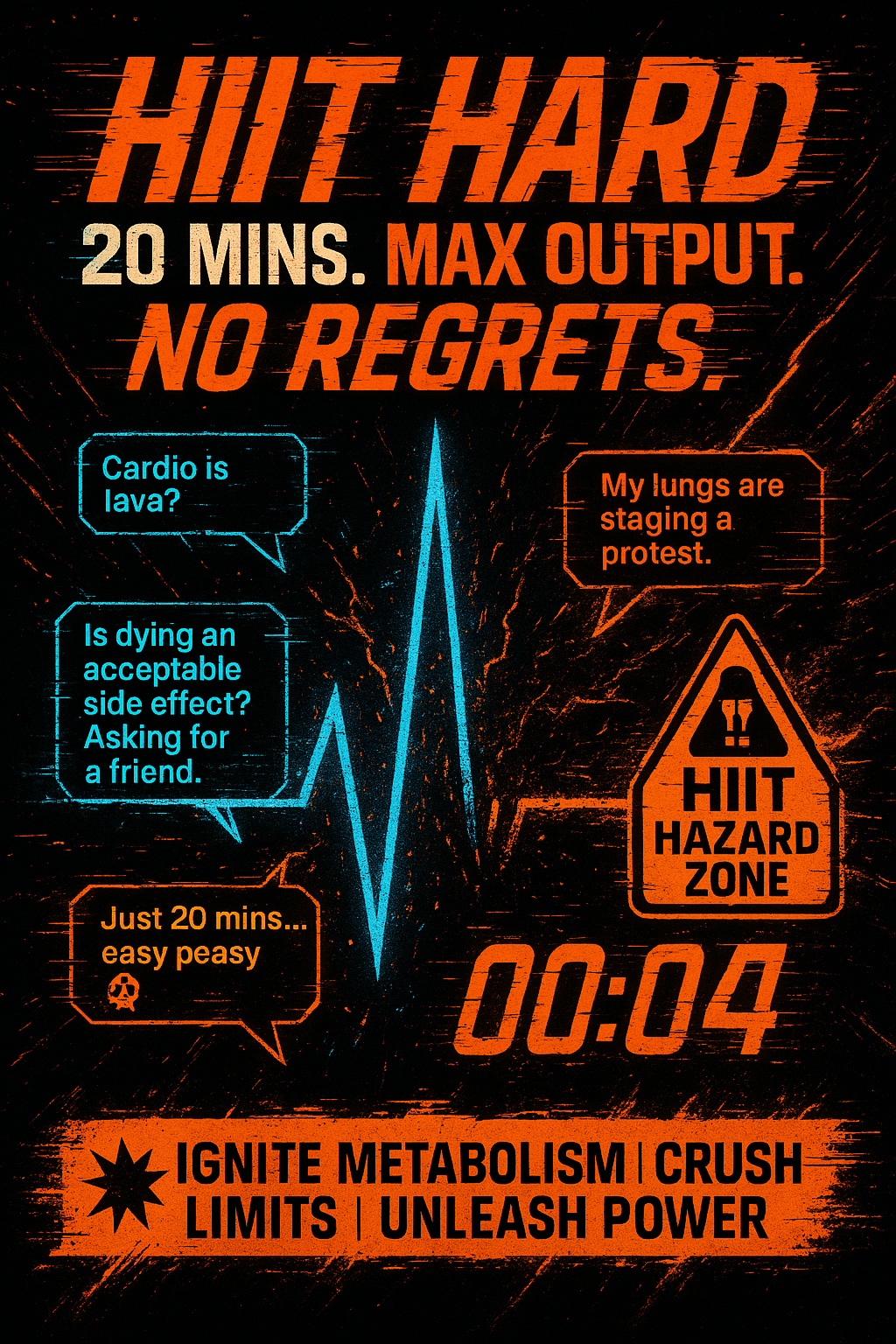
Complete 20 Min HIIT Twice Weekly
Perform two sessions of High-Intensity Interval Training (HIIT) weekly for efficient cardiovascular and metabolic benefits. Short bursts, big impact.
Why This Matters
HIIT provides significant fitness improvements in less time than traditional cardio, boosting cardiovascular health, insulin sensitivity, and calorie burn. Committing to it twice weekly builds resilience and metabolic flexibility. This is a time-efficient way to achieve high-level fitness.
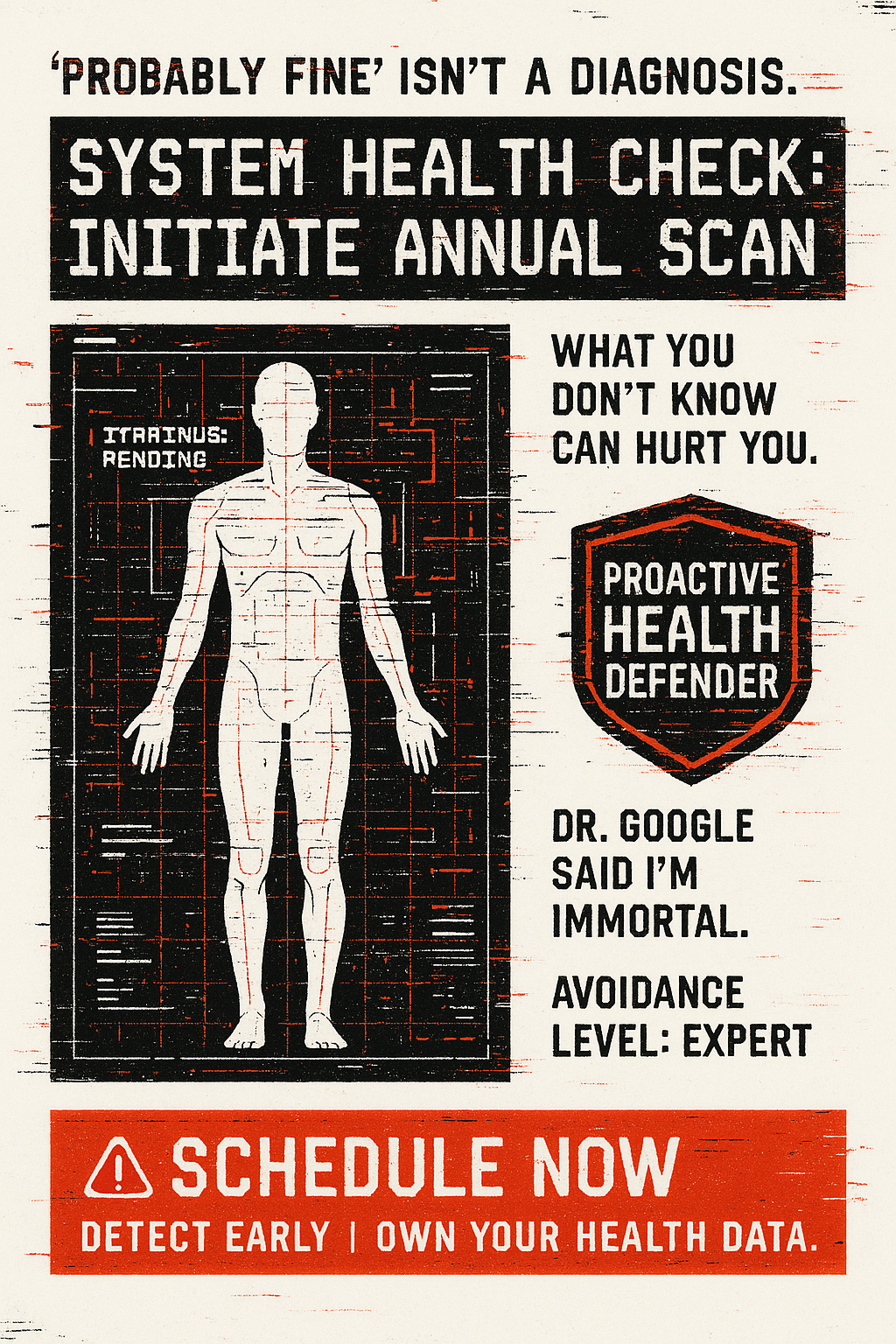
Attend Annual Physical Exam
Schedule and attend your yearly check-up with your doctor for preventative screening and health assessment. Proactive health management is key.
Why This Matters
Annual physicals allow for early detection of potential health issues when they are most treatable. They provide an opportunity to discuss health concerns, update vaccinations, and monitor key health metrics. This habit is crucial for long-term health maintenance and prevention.

Send Daily Appreciation Text
Text one specific thing you appreciate about someone to build warmth. Consistent positive affirmation strengthens bonds.
Why This Matters
Regularly expressing specific appreciation combats the tendency to take others for granted. It actively deposits goodwill into the relationship bank account, fostering warmth, security, and mutual admiration. This small act reinforces positive cycles of interaction.
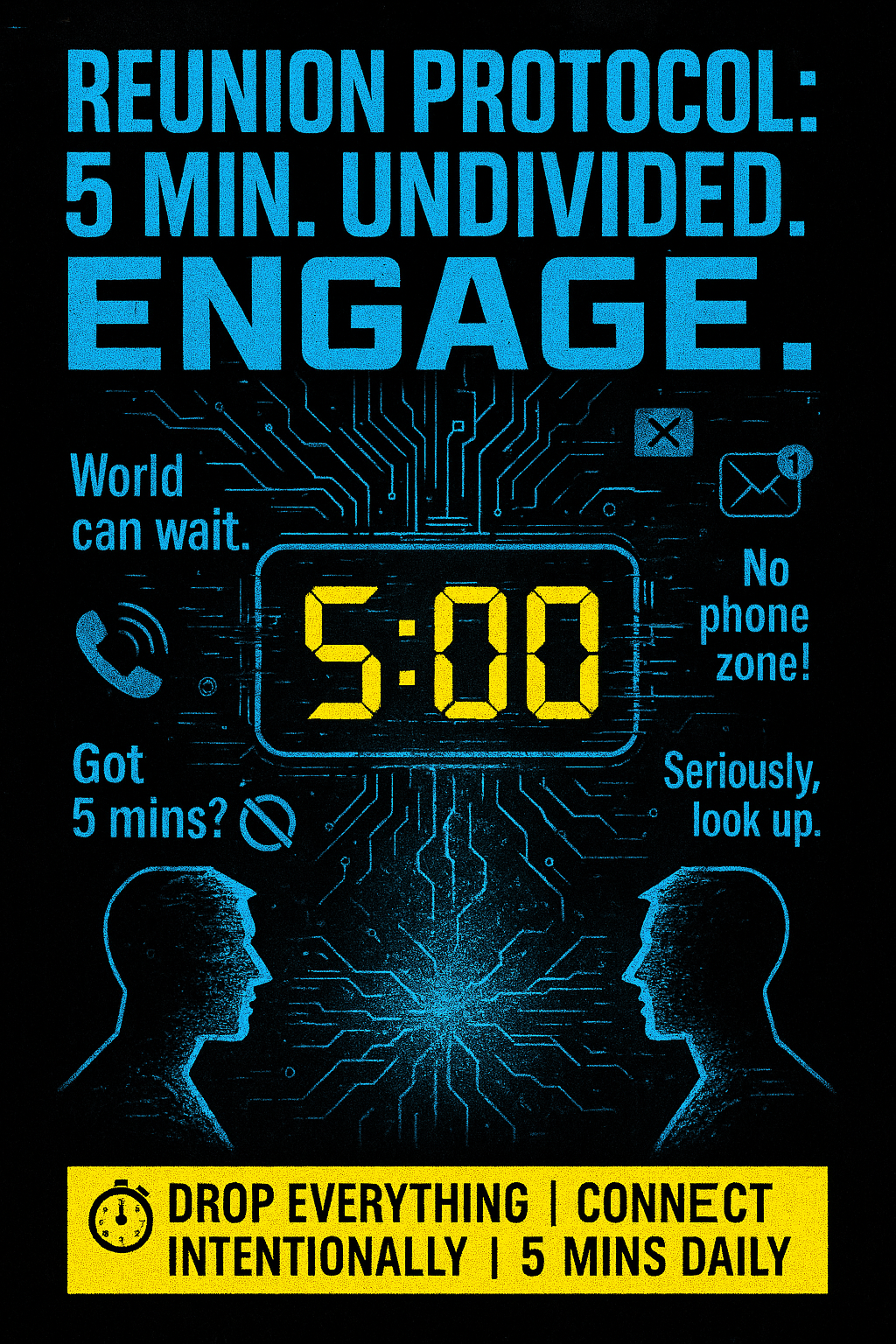
Practice 5-Minute Reunion Ritual
Give undivided attention for 5 minutes upon reuniting to reconnect intentionally. This simple act signals priority and strengthens your daily connection.
Why This Matters
Transitions, like reuniting after work, are key moments for connection or disconnection. A brief, focused ritual creates a buffer against external stresses and reinforces the relationship"s importance. It communicates care and makes your partner feel seen and valued immediately.
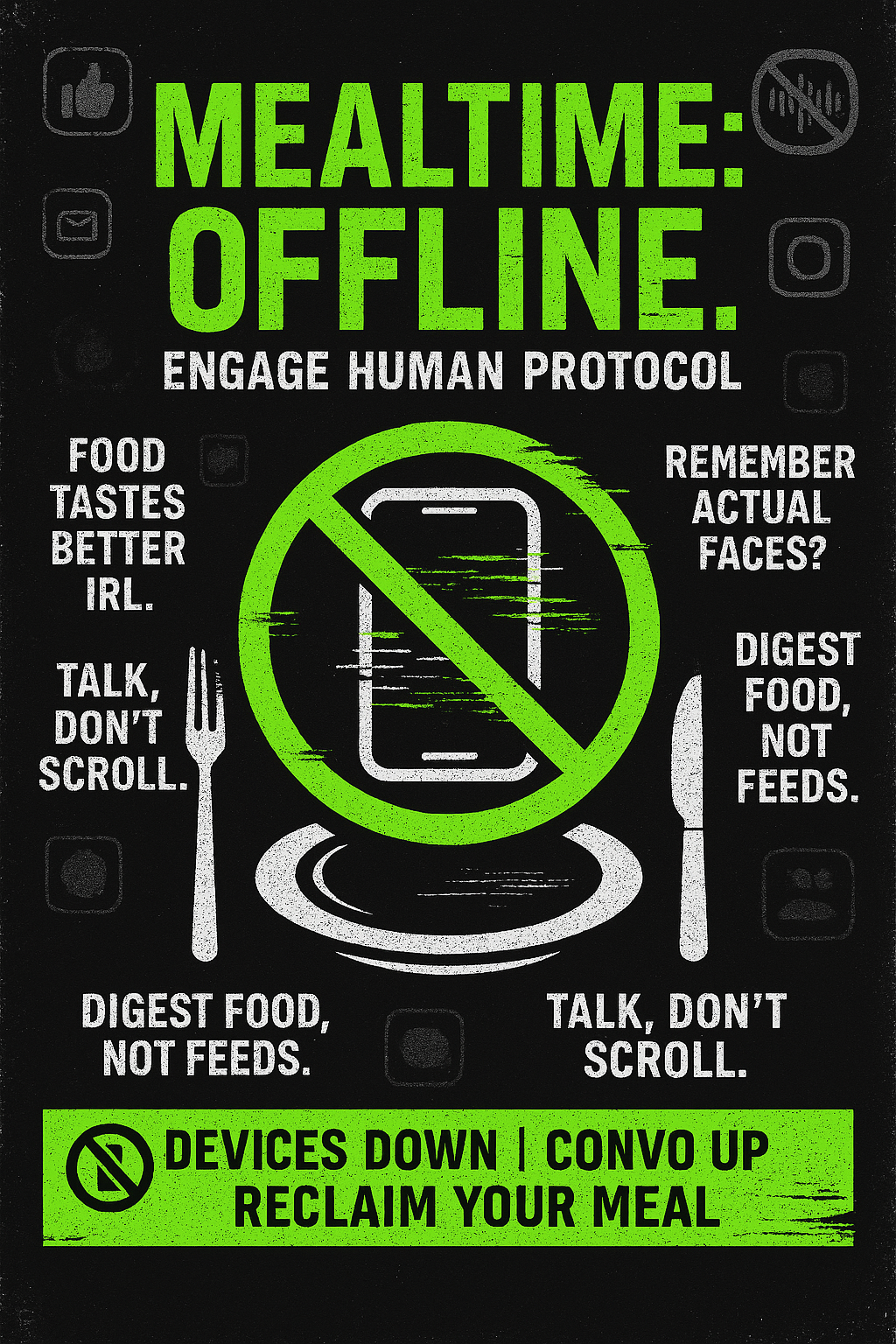
Implement Tech-Free Mealtime
Put devices away during one shared meal daily to foster presence. Undistracted time together allows for genuine conversation and connection.
Why This Matters
Constant digital distractions fragment attention and erode the quality of face-to-face interaction. Dedicating mealtime to conversation without screens creates sacred space for the relationship. It improves listening, understanding, and the simple enjoyment of each other"s company.
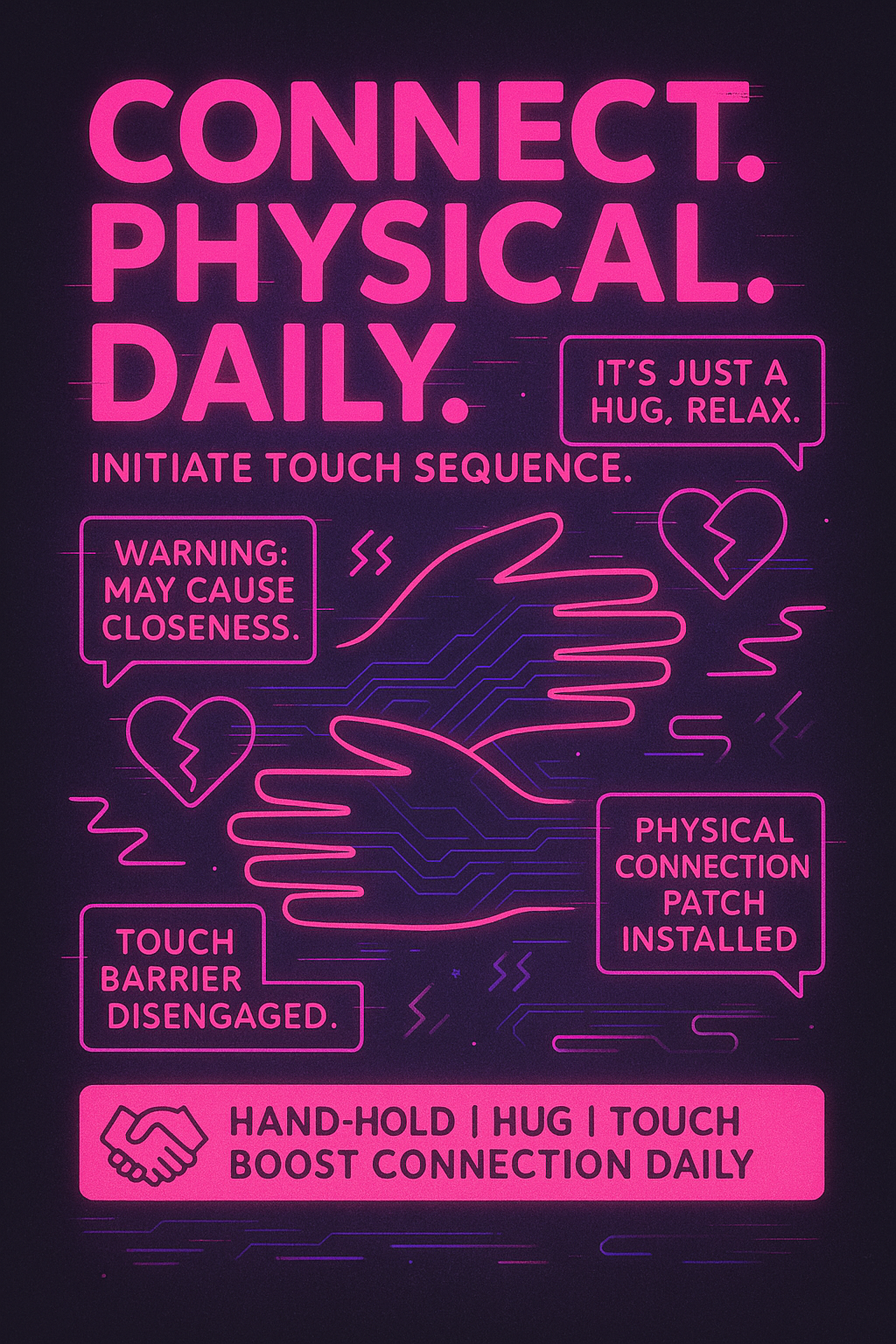
Initiate Daily Non-Sexual Touch
Offer a hug, hand-hold, or touch on the arm daily to maintain physical connection. Simple physical affection builds intimacy and reduces stress.
Why This Matters
Non-sexual physical touch is crucial for maintaining emotional intimacy and a sense of security in relationships. It releases oxytocin, the bonding hormone, reducing stress and increasing feelings of closeness. Prioritizing this maintains a vital channel of connection beyond words.
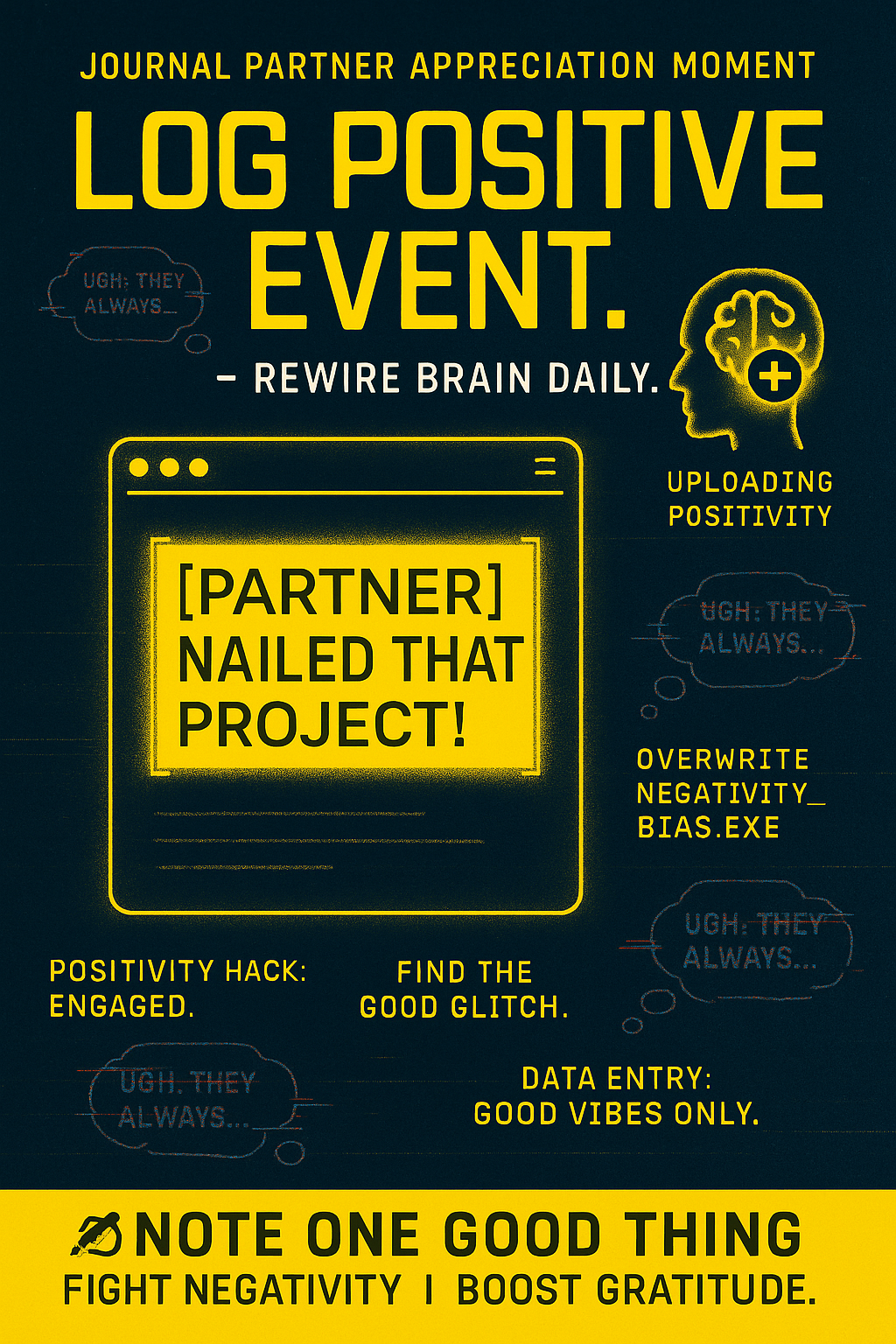
Journal Partner Appreciation Moment
Write down one specific positive thing about your partner or a positive interaction daily. This trains your brain to notice the good, counteracting negativity bias.
Why This Matters
Our brains often focus on negatives or problems (negativity bias). Consciously noting positive partner traits or actions retrains your focus, increasing gratitude and positive sentiment override. This private practice cultivates a more appreciative internal state, benefiting how you perceive and interact in the relationship.
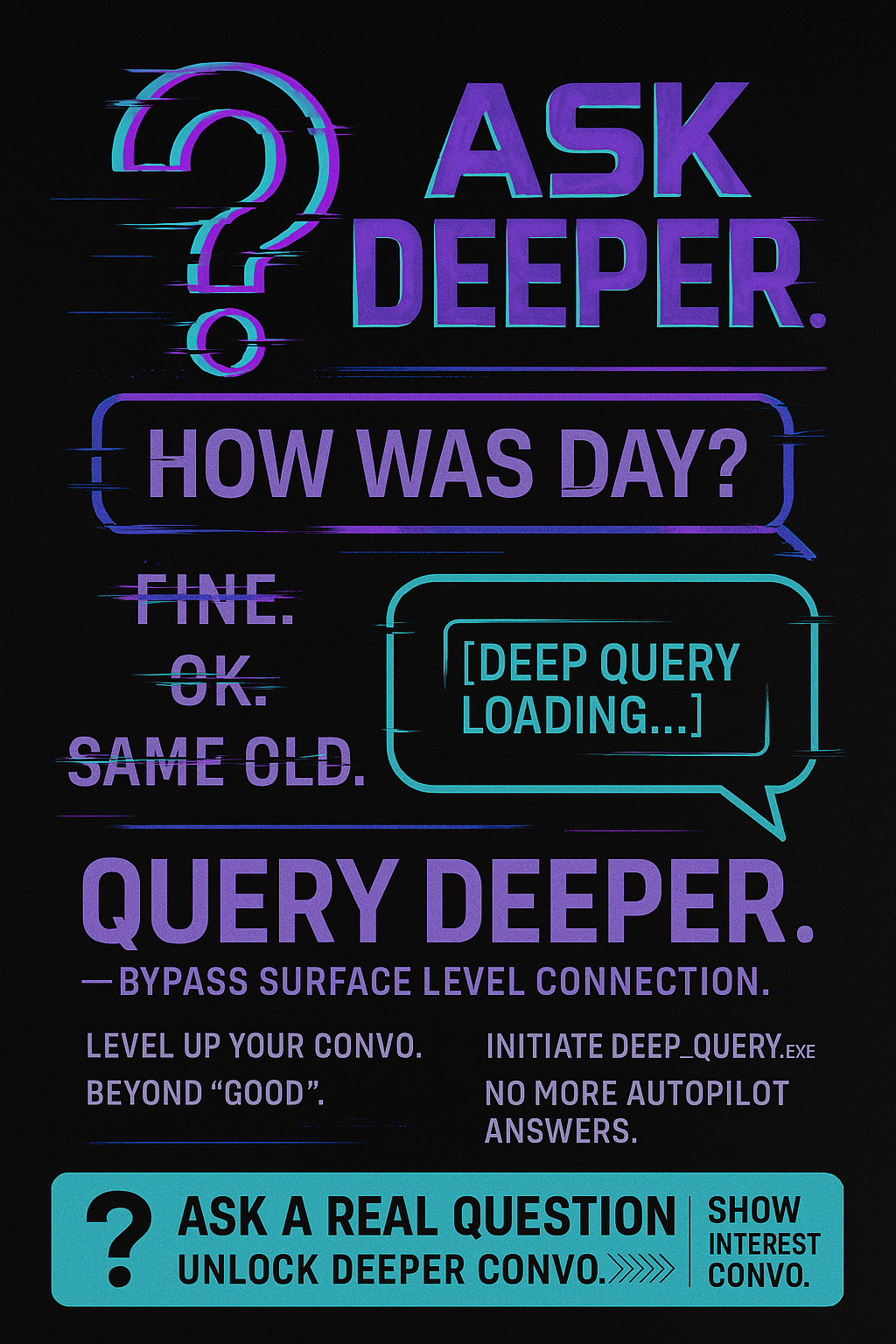
Ask Deeper "How Was Day?"
Go beyond the surface "How was your day?" with a specific, open-ended follow-up question. Show genuine interest to deepen understanding and connection.
Why This Matters
Generic questions often get generic answers. Asking something specific ("What was the most interesting part of your meeting?" or "How did you feel after that call?") invites vulnerability and sharing. It shows you"re truly interested in their inner world, not just checking a box.
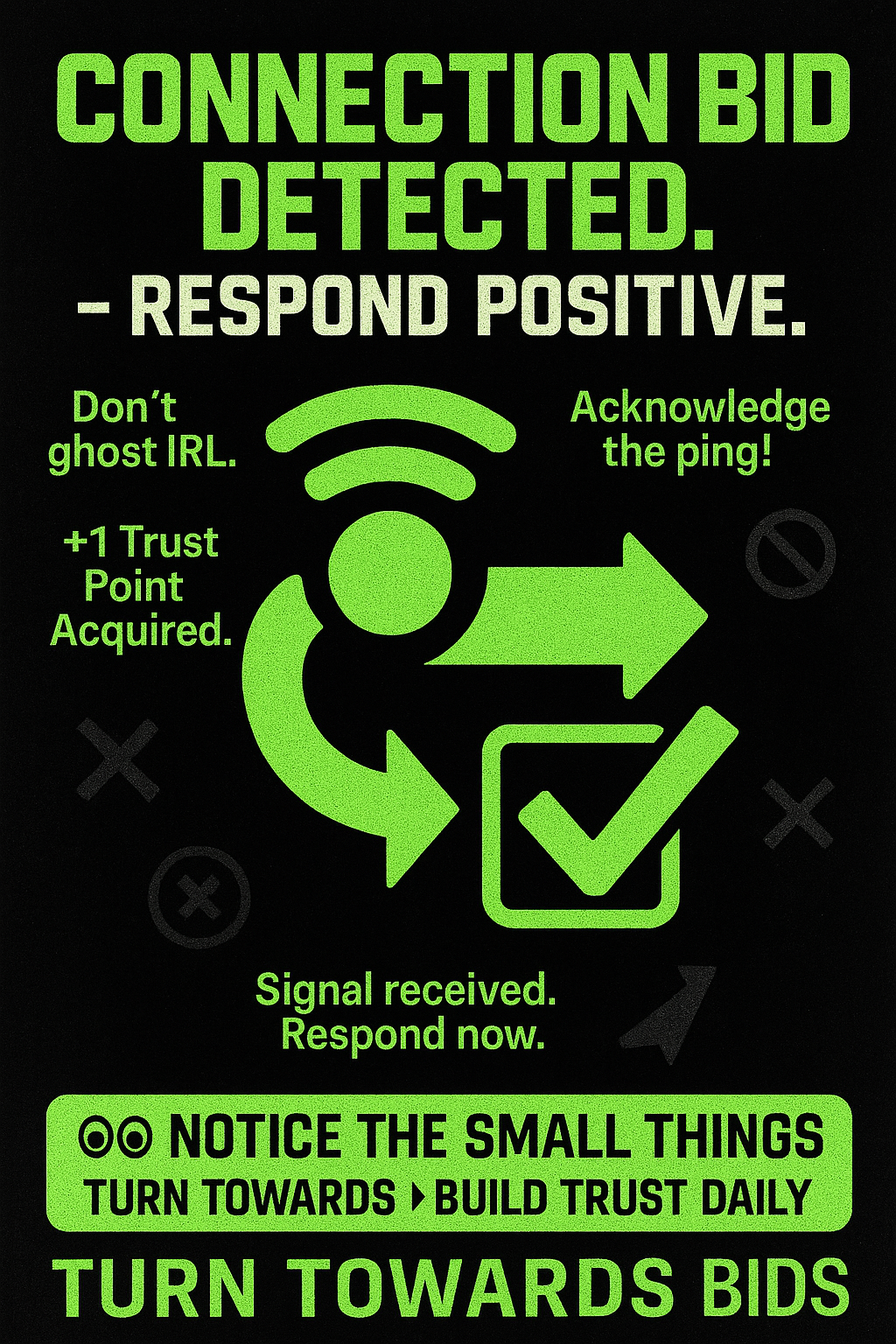
Turn Towards Connection Bids
Recognize and respond positively to small requests for attention or connection. Acknowledge bids to build emotional capital and trust.
Why This Matters
Partners constantly make "bids" for connection (a comment, a sigh, a touch). Consistently "turning towards" these bids by engaging positively builds trust and intimacy. Ignoring or "turning away" erodes the relationship foundation over time, making this a crucial micro-habit.
Offer One Proactive Help
Look for one small way to offer help or support daily without being asked. Anticipating needs shows care and strengthens teamwork.
Why This Matters
Proactively offering help demonstrates attentiveness and a willingness to share the load. It moves beyond transactional requests to a more intuitive, supportive partnership. This habit fosters a sense of being looked after and strengthens the feeling of being a team.
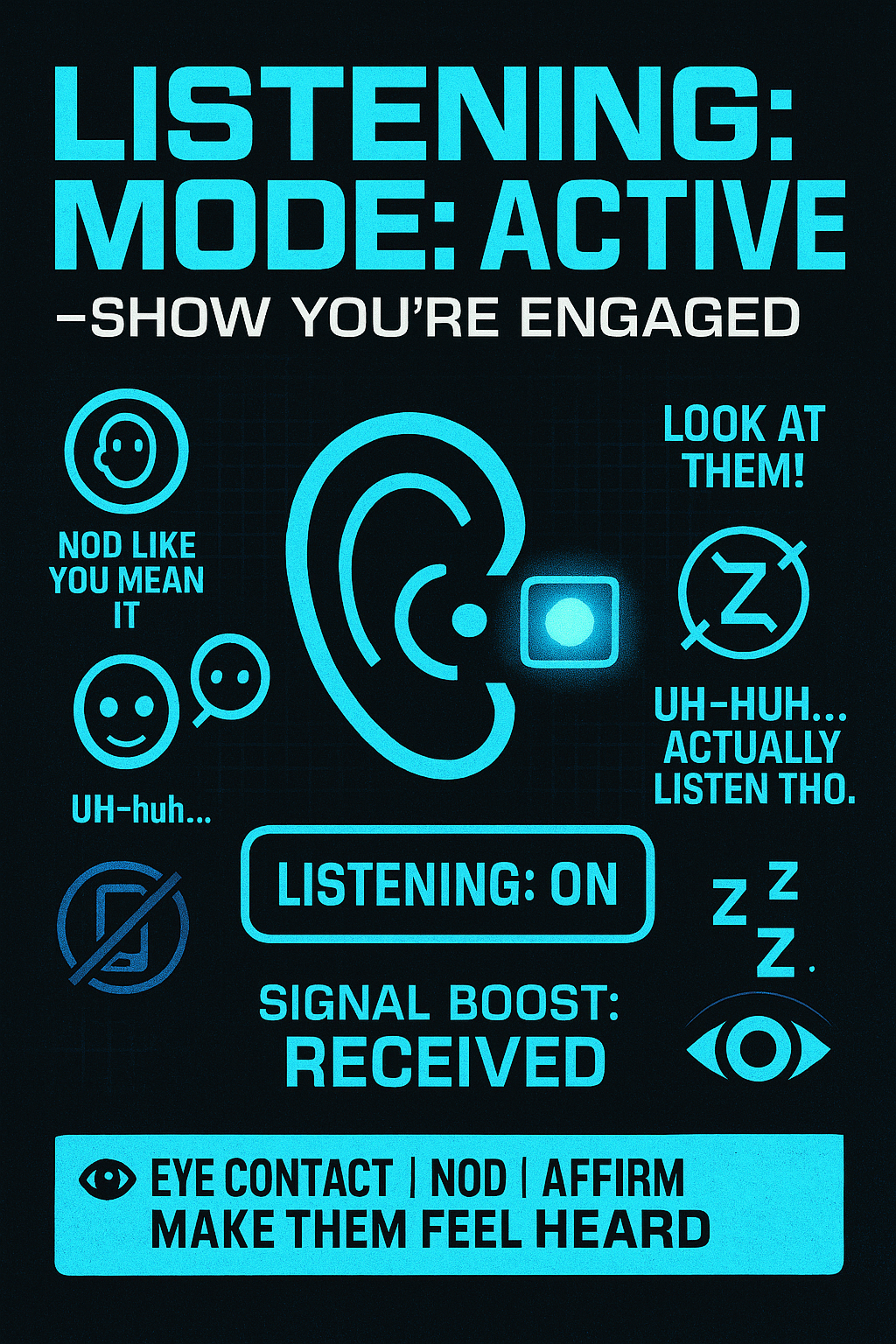
Practice Active Listening Cues
Use non-verbal cues (nodding, eye contact) and verbal affirmations ("uh-huh", "I see") when listening. Show you are engaged to make the speaker feel heard.
Why This Matters
Feeling heard is fundamental to feeling connected and understood. Active listening isn"t just about *not* talking; it"s about *showing* you"re processing and valuing what"s being said. These cues validate the speaker and encourage deeper sharing, improving communication quality.
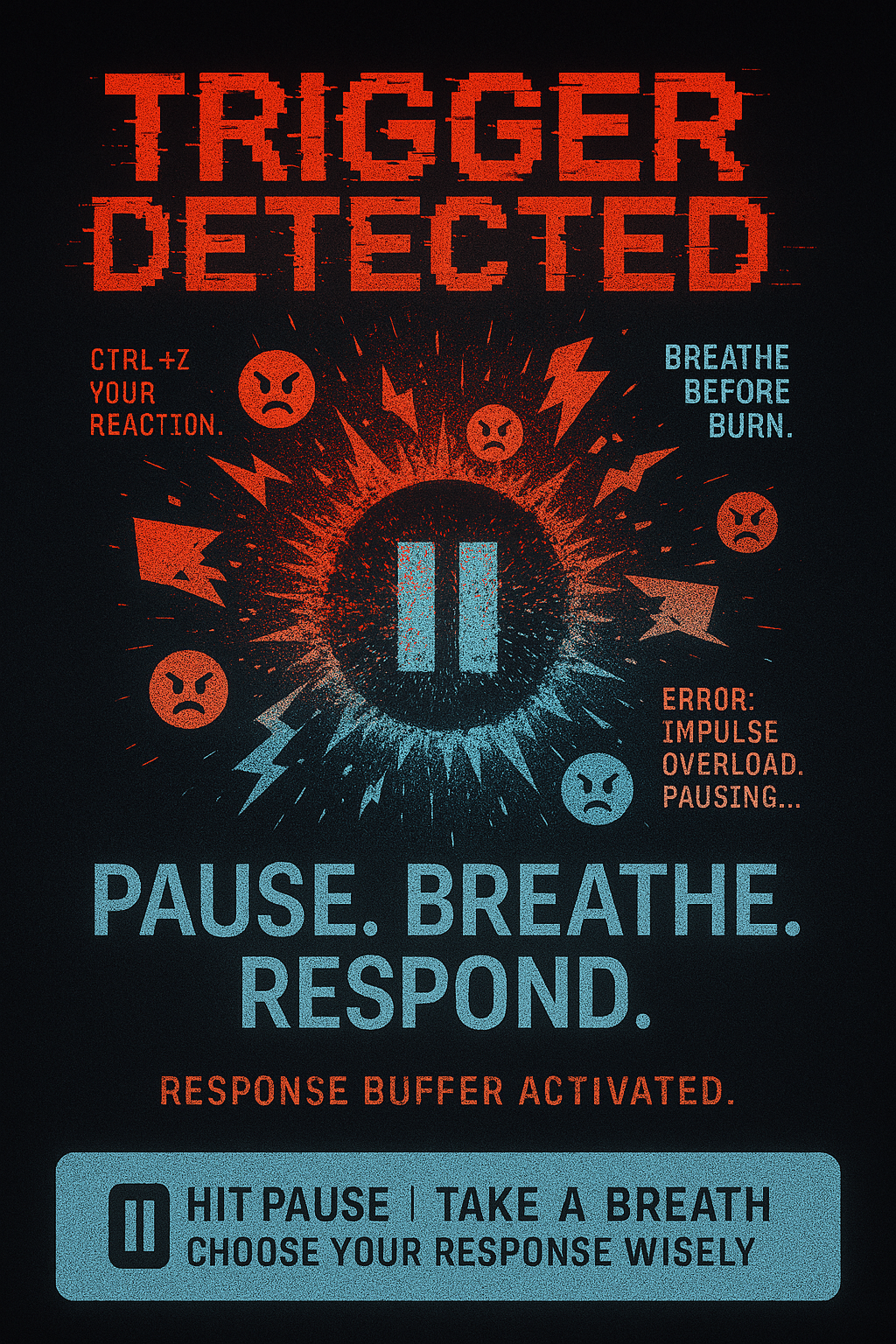
Pause Before Responding Triggered
When feeling triggered in a discussion, take one deep breath before speaking. Create space to respond thoughtfully instead of reacting defensively.
Why This Matters
Emotional reactivity escalates conflict and prevents productive conversation. Introducing a pause breaks the stimulus-reaction cycle, allowing your prefrontal cortex (rational brain) to engage. This micro-habit prevents saying things you regret and enables calmer, more constructive dialogue.
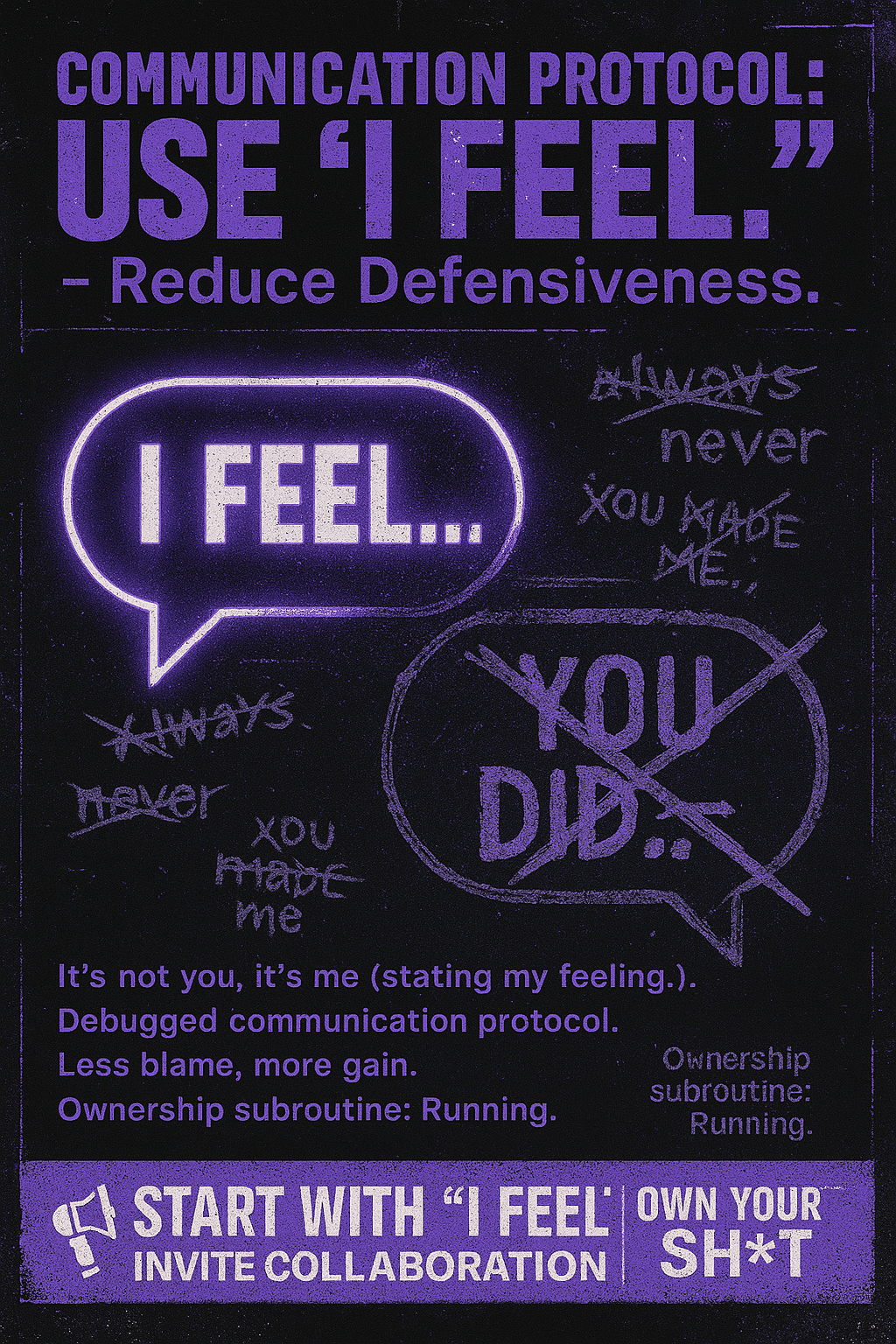
State Needs Using "I Feel"
Express needs or feelings starting with "I feel..." instead of "You did...". Focus on your experience to reduce defensiveness and invite collaboration.
Why This Matters
Starting statements with "You" often sounds like blame, triggering defensiveness and derailing communication. Using "I feel" statements owns your emotional experience and shares it vulnerably. This approach makes it easier for others to hear your needs without feeling attacked, fostering empathy.
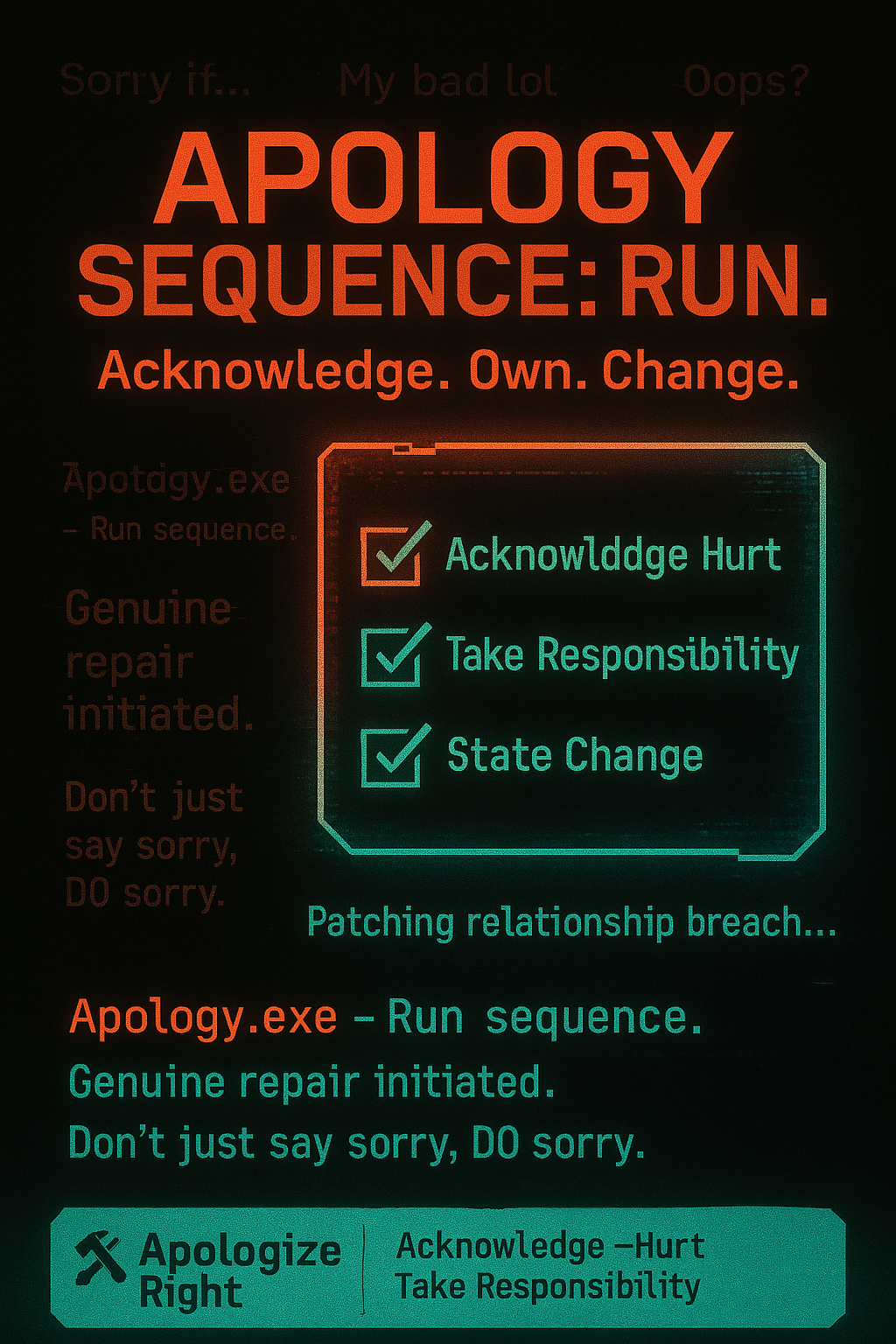
Practice Sincere Apology Steps
When apologizing, include acknowledging the hurt, taking responsibility, and stating future change. A structured apology promotes genuine repair.
Why This Matters
A superficial "sorry" often fails to heal relational ruptures. A sincere apology requires vulnerability and specific components: expressing remorse, understanding the impact, taking responsibility (without excuses), and committing to different future behavior. Mastering this repairs trust effectively.
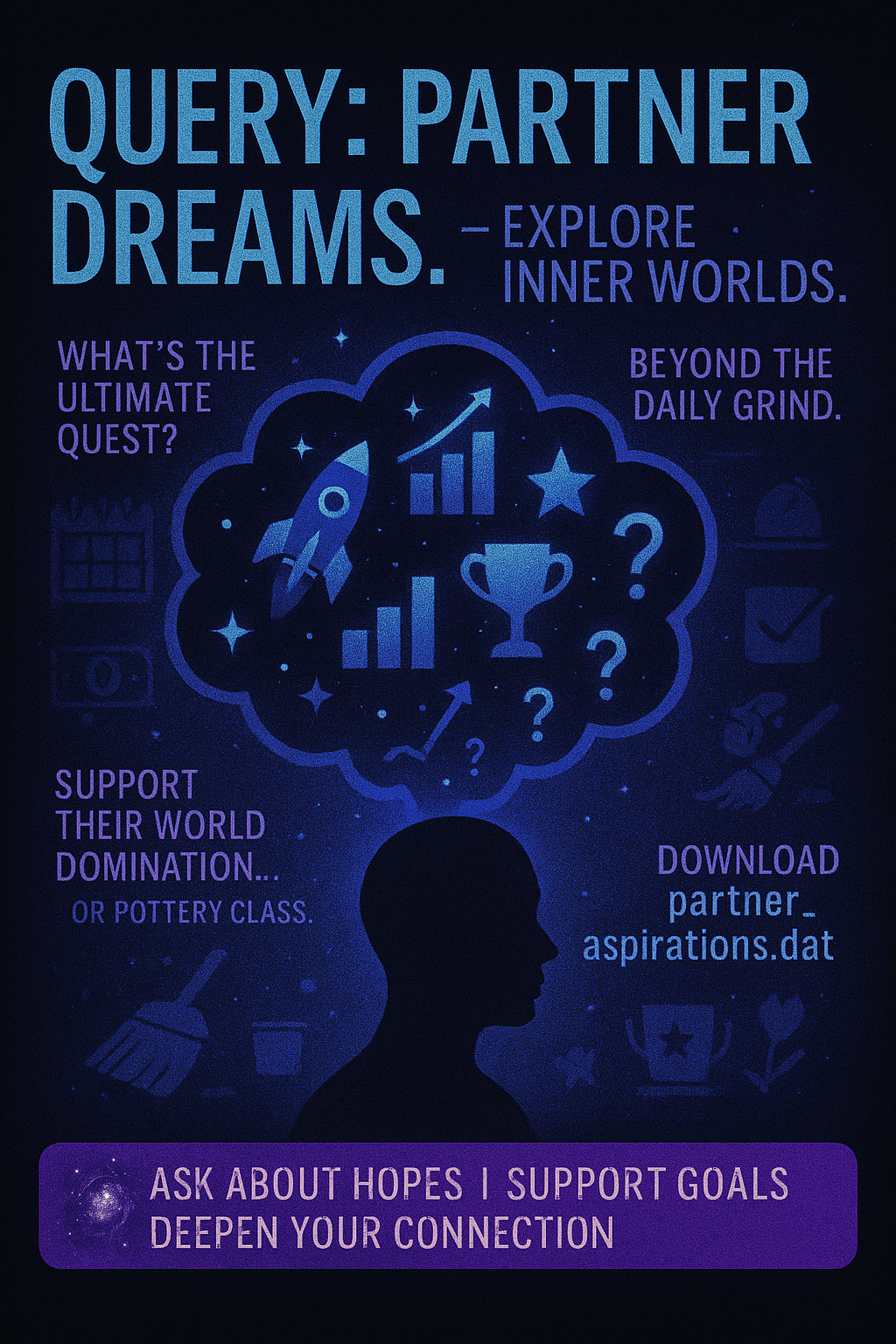
Ask About Partner"s Dreams
Regularly ask about your partner"s personal goals, hopes, and dreams. Show active interest to foster individual growth and shared support.
Why This Matters
Strong relationships support each partner"s individual aspirations. Actively inquiring about and encouraging dreams communicates deep care and belief in them. It strengthens the partnership by aligning on values and ensures both individuals feel supported in their personal journeys.

Define One Clear Boundary
Identify and kindly communicate one personal boundary (e.g., regarding time, energy, topics). Setting limits protects well-being and fosters respect.
Why This Matters
Healthy relationships require clear boundaries to protect individual needs and prevent resentment. Learning to identify your limits and communicate them kindly but firmly is crucial. This practice builds self-respect and teaches others how to treat you, leading to more balanced interactions.
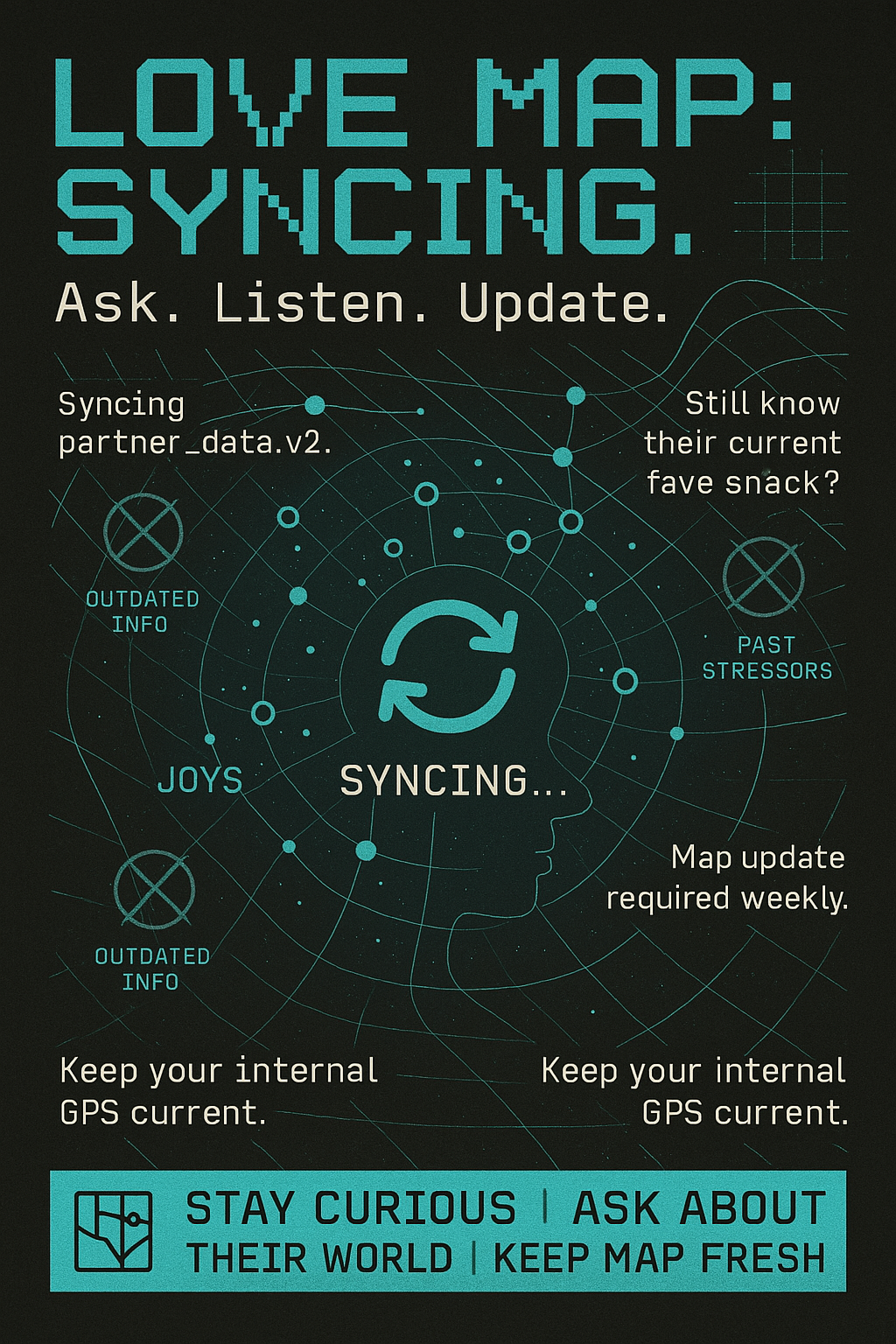
Update Partner"s "Love Map"
Ask one open-ended question weekly about your partner"s inner world (stressors, joys, friends). Stay curious to maintain an updated understanding of them.
Why This Matters
People constantly evolve. Regularly updating your "Love Map"—your mental understanding of your partner"s world—keeps you connected to who they are *now*. Asking about their current stresses, joys, hopes, and fears shows ongoing interest and prevents drifting apart.
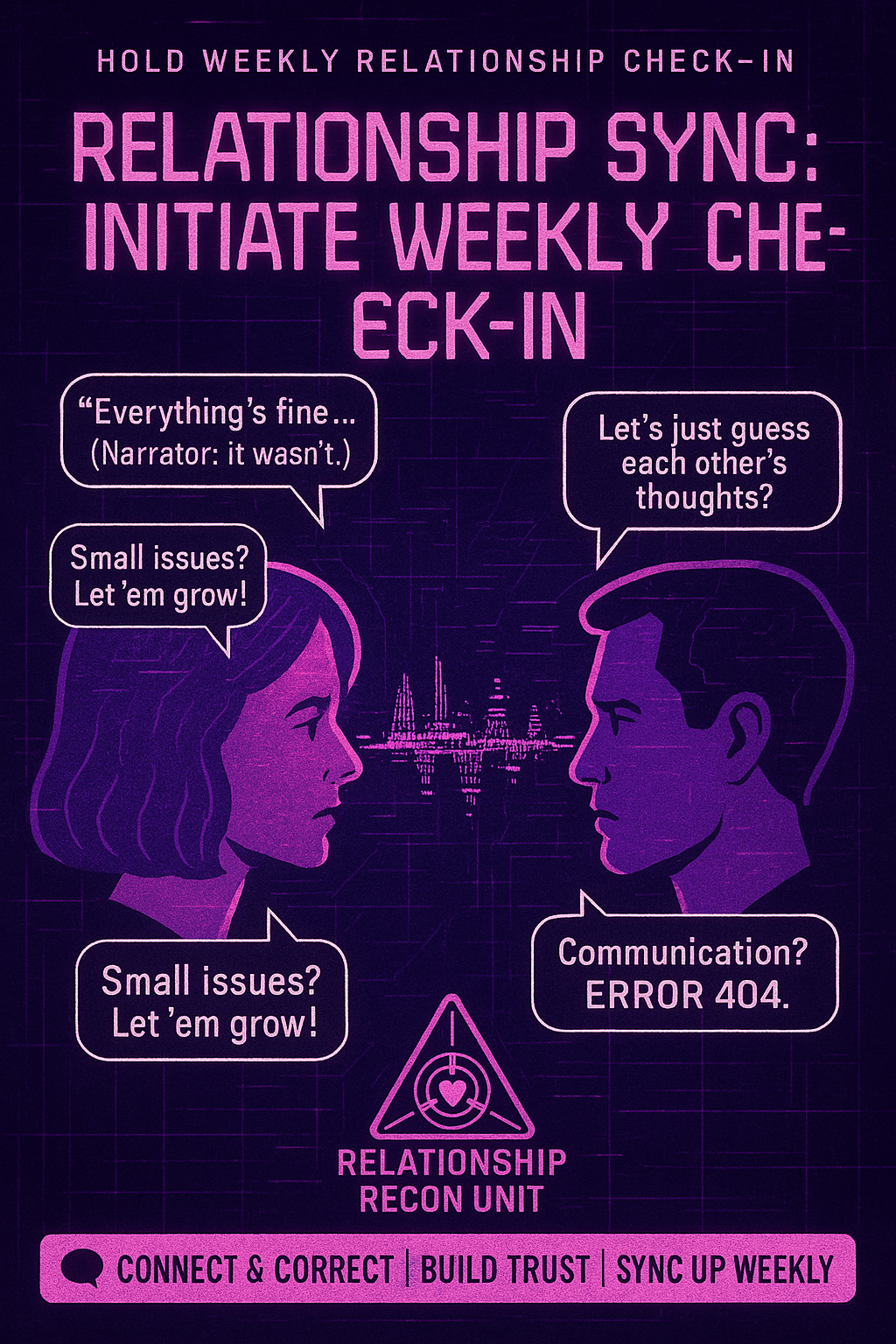
Hold Weekly Relationship Check-in
Schedule a brief weekly meeting to discuss what"s working, appreciations, and any arising issues. Proactive communication prevents small issues from escalating.
Why This Matters
Regular, structured check-ins create a safe space to address concerns before they fester and to consistently voice appreciation. This preventative maintenance normalizes talking about the relationship itself. It builds trust and collaborative problem-solving skills, ensuring the relationship stays healthy.

Practice Conscious Forgiveness Ritual
When ready, consciously decide to let go of a specific past hurt or resentment. Release negativity for personal peace and relationship health.
Why This Matters
Holding onto resentment harms both you and the relationship, acting like a poison. Conscious forgiveness is a process of acknowledging the hurt and choosing to release the negative grip it has on you. It doesn"t excuse the behavior but frees up emotional energy for healing and connection.
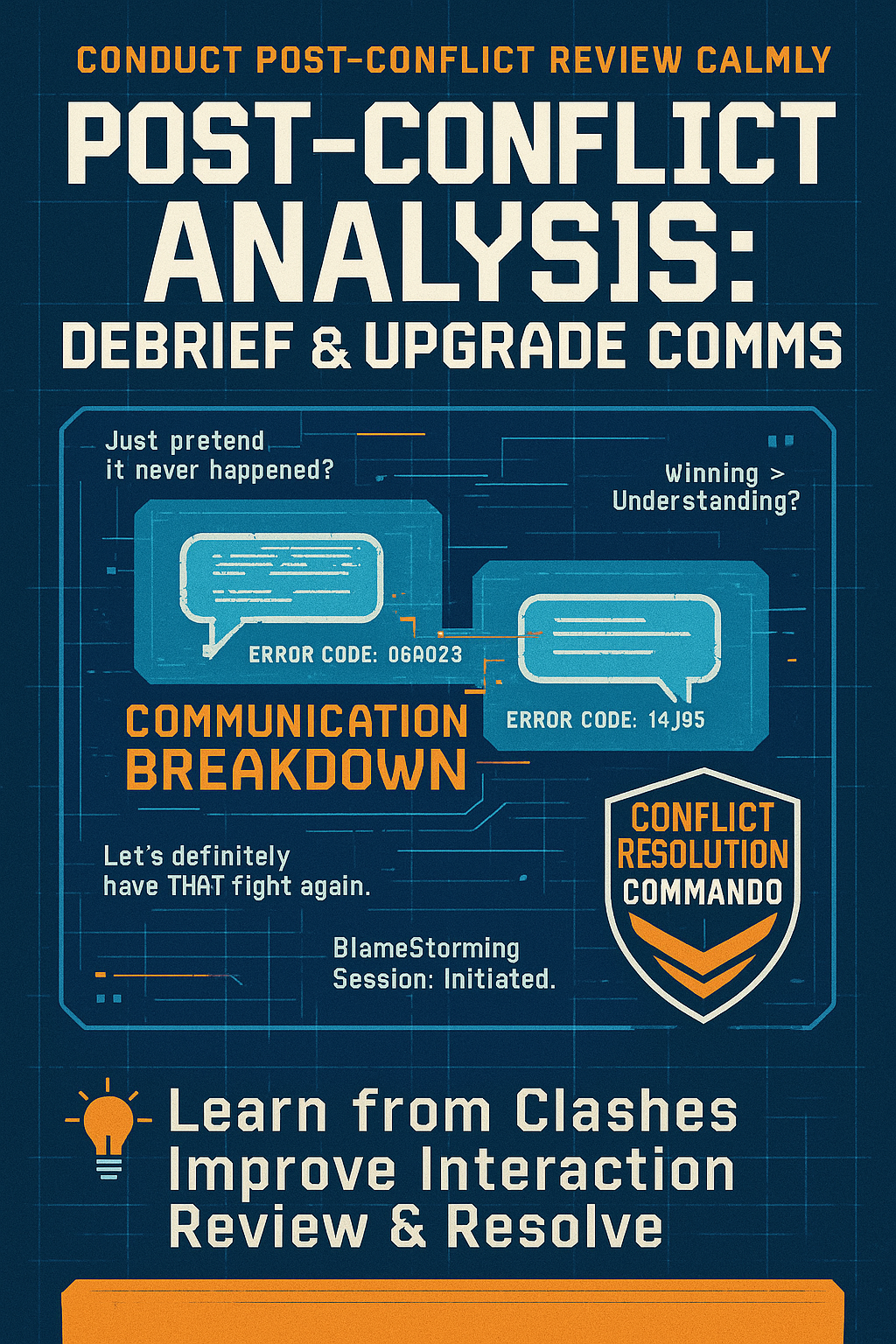
Conduct Post-Conflict Review Calmly
After a disagreement has cooled, discuss what went well and poorly in the communication. Learn from conflicts to improve future interactions together.
Why This Matters
Conflict is inevitable, but how you navigate and repair afterwards is key. A calm post-conflict review allows partners to understand each other"s perspectives during the argument without re-escalating. It identifies unhelpful patterns and reinforces effective communication strategies, turning arguments into learning opportunities.
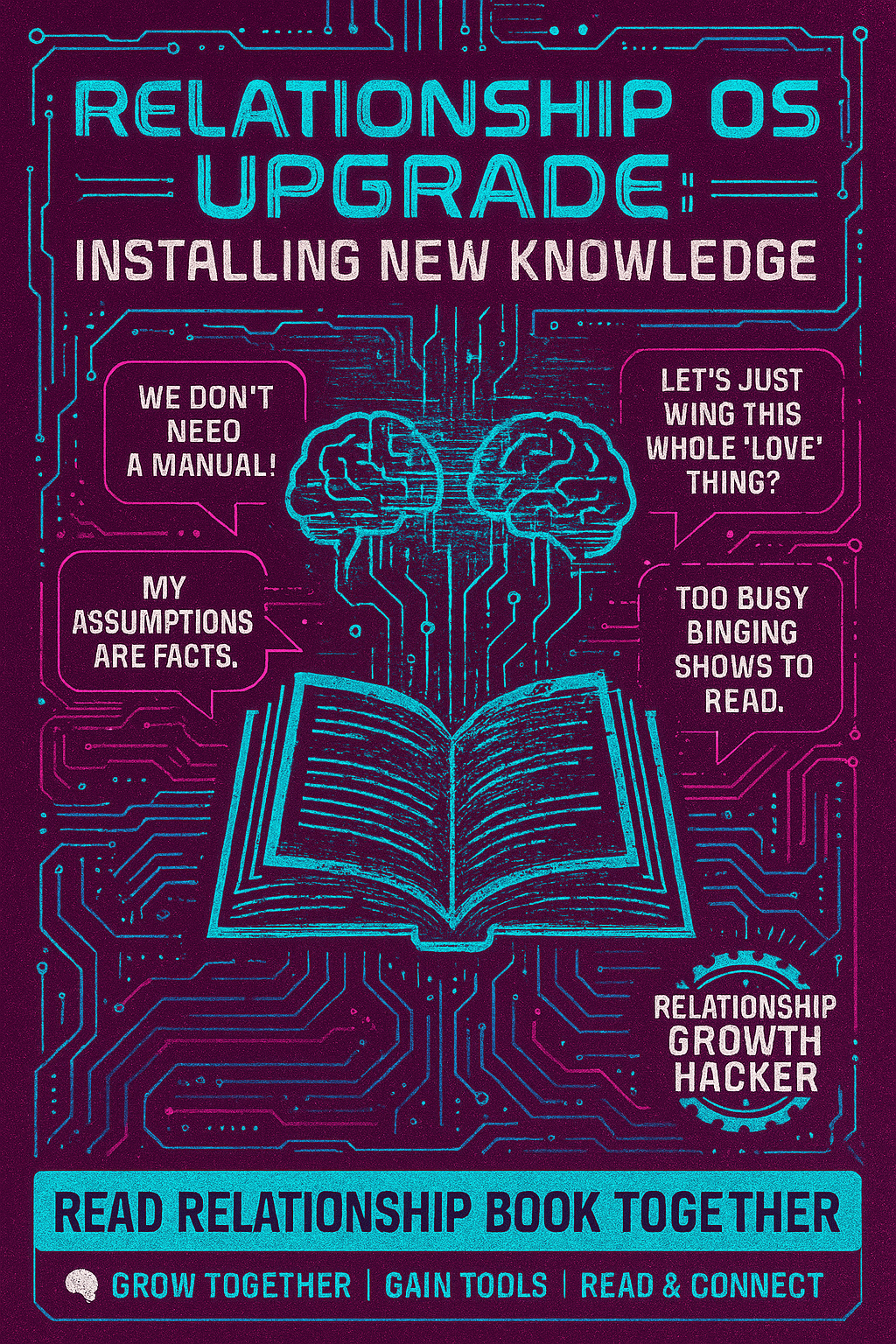
Read Relationship Book Together
Choose a relationship book and read/discuss one chapter weekly/bi-weekly. Gain shared language and tools for relationship growth.
Why This Matters
Learning about relationship dynamics together provides a shared framework and vocabulary for understanding and improving interactions. Discussing concepts from experts normalizes challenges and offers concrete tools. It fosters a team approach to relationship building based on shared knowledge.
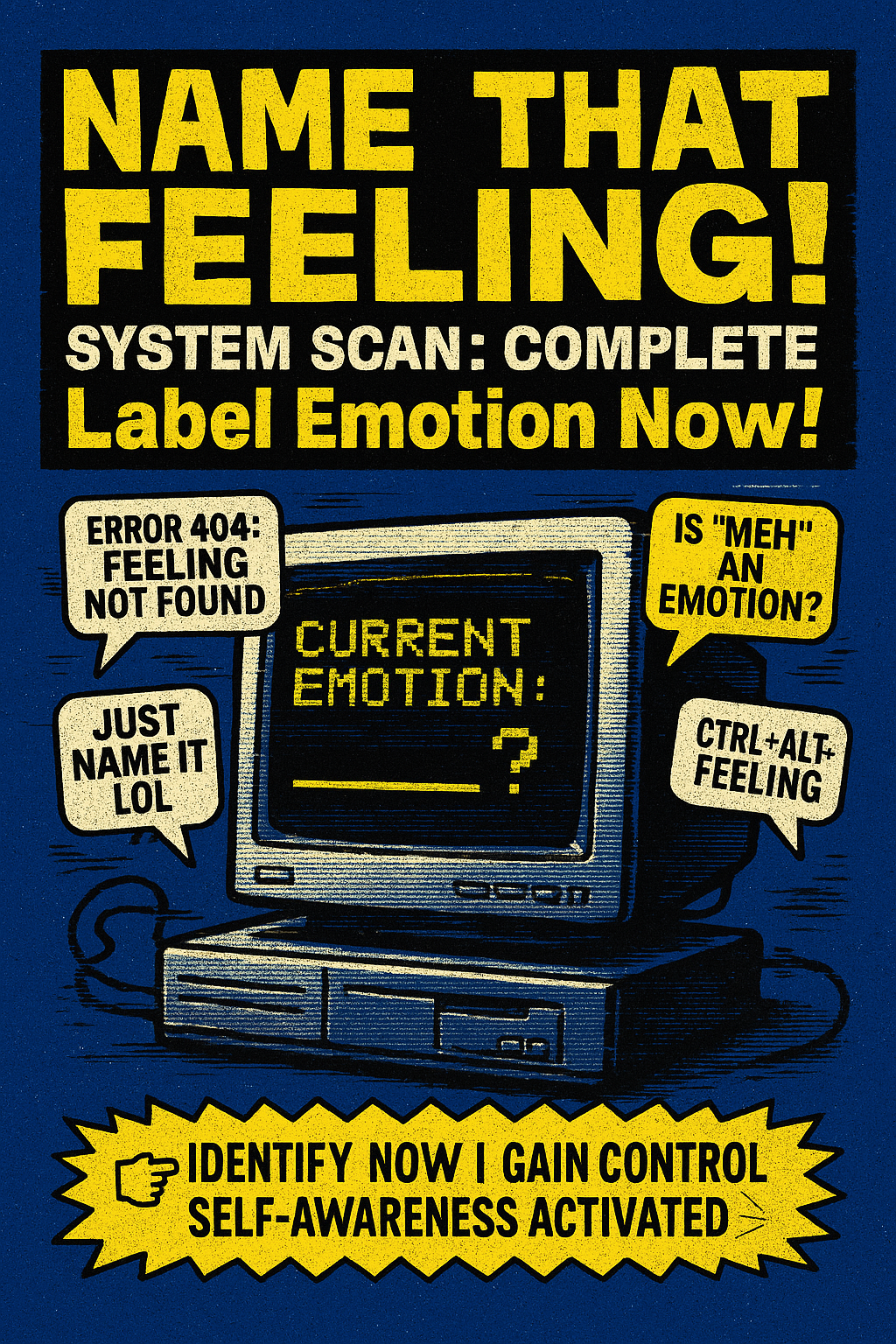
Name Your Feeling Right Now
Identify and label your current primary emotion to build self-awareness. Naming feelings helps gain control over them.
Why This Matters
Labeling emotions transforms amorphous feelings into concrete concepts, reducing their intensity and enabling better understanding. This practice builds emotional intelligence and allows for more effective regulation strategies. It's the first step towards managing, rather than being managed by, your feelings.
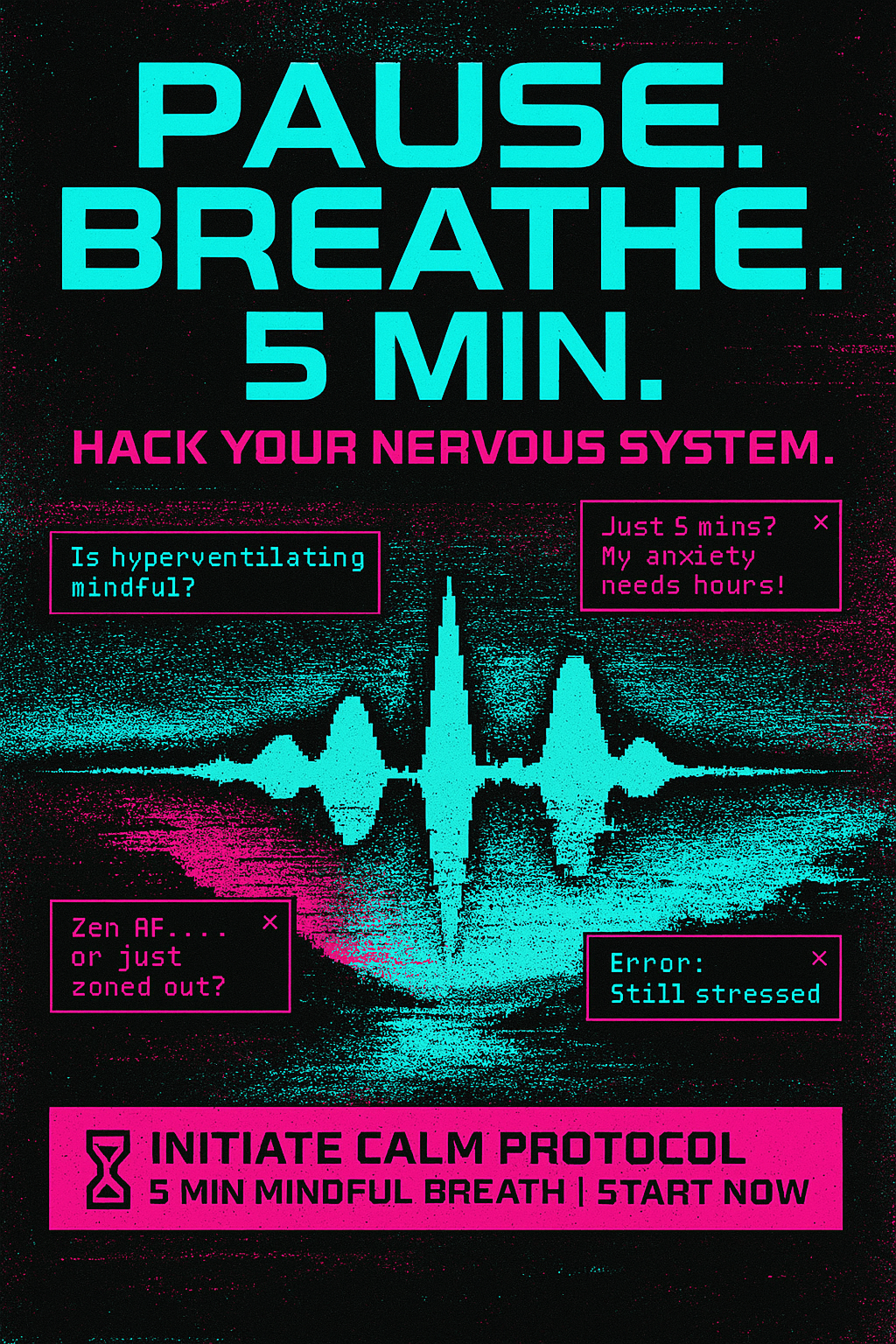
Breathe Mindfully For 5 Minutes
Focus solely on the sensation of your breath for five minutes to calm your nervous system. Conscious breathing anchors you in the present moment.
Why This Matters
This practice activates the parasympathetic nervous system, counteracting the stress response. It lowers heart rate, reduces anxiety, and improves focus. Regular mindful breathing builds a reliable internal tool for managing emotional overwhelm anytime, anywhere.
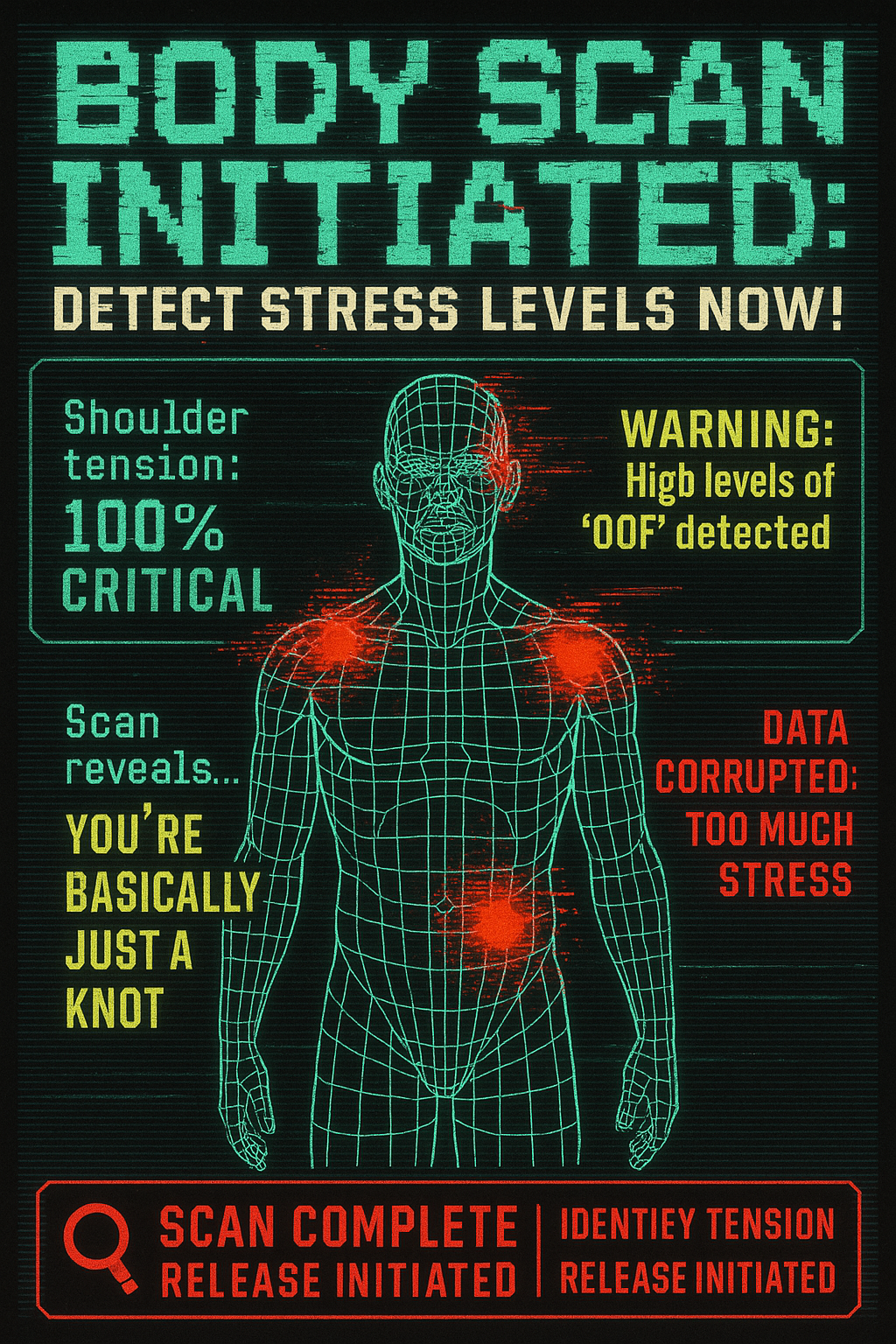
Scan Body For Stress Signals
Mentally scan your body head-to-toe, noticing any areas of tension or physical sensation linked to stress. Body awareness is key to release.
Why This Matters
Emotions often manifest physically before we consciously register them. Regularly scanning helps identify these signals early, allowing you to address stress before it escalates. This builds interoception, the sense of your body's internal state.
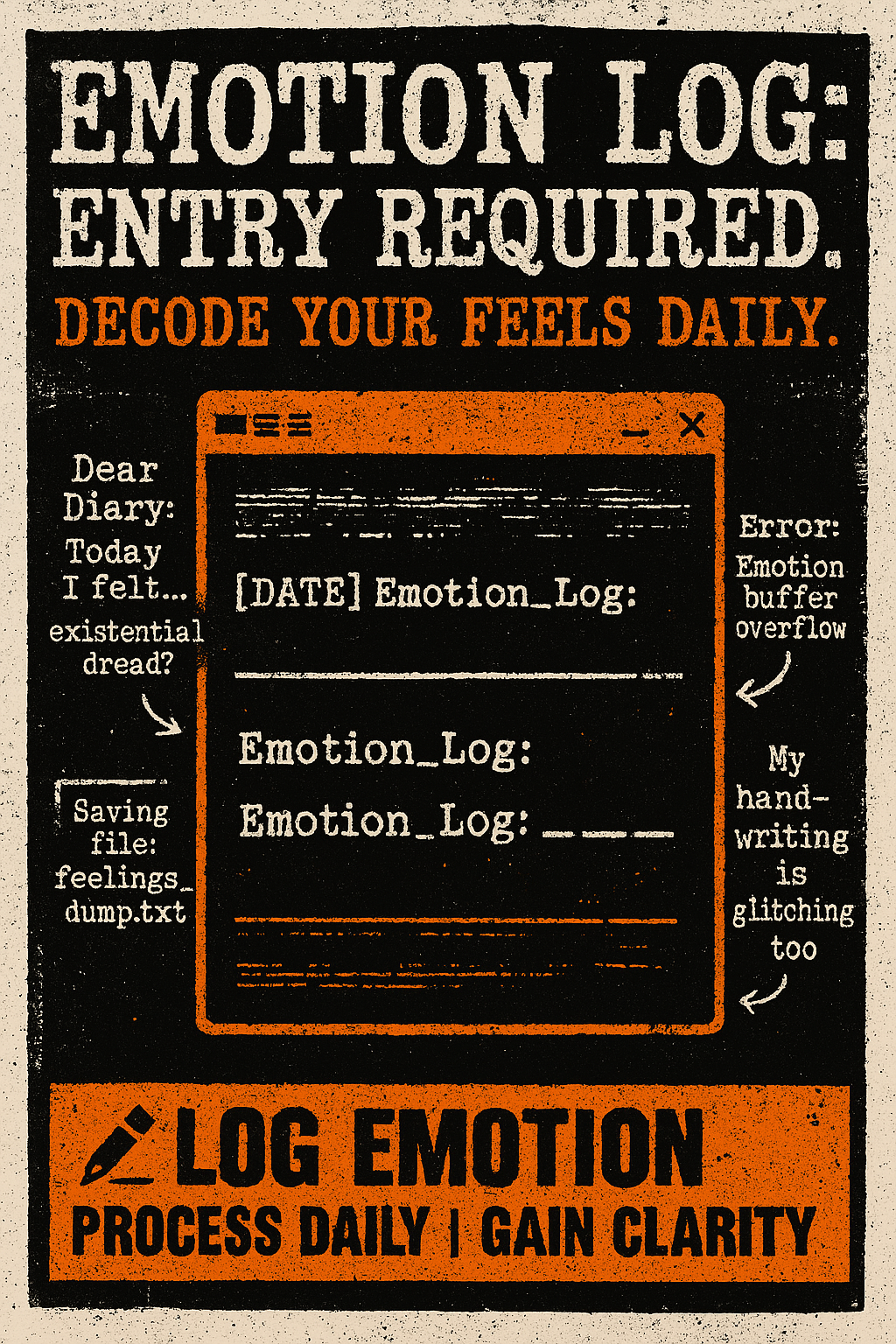
Journal One Emotion Each Day
Write briefly about one significant emotion you experienced today to process and understand it better. Expressing feelings untangles them.
Why This Matters
Externalizing emotions through writing helps clarify their origins and impact. It provides a safe space for exploration without judgment, reducing rumination. This practice can reveal patterns and facilitate emotional release over time.
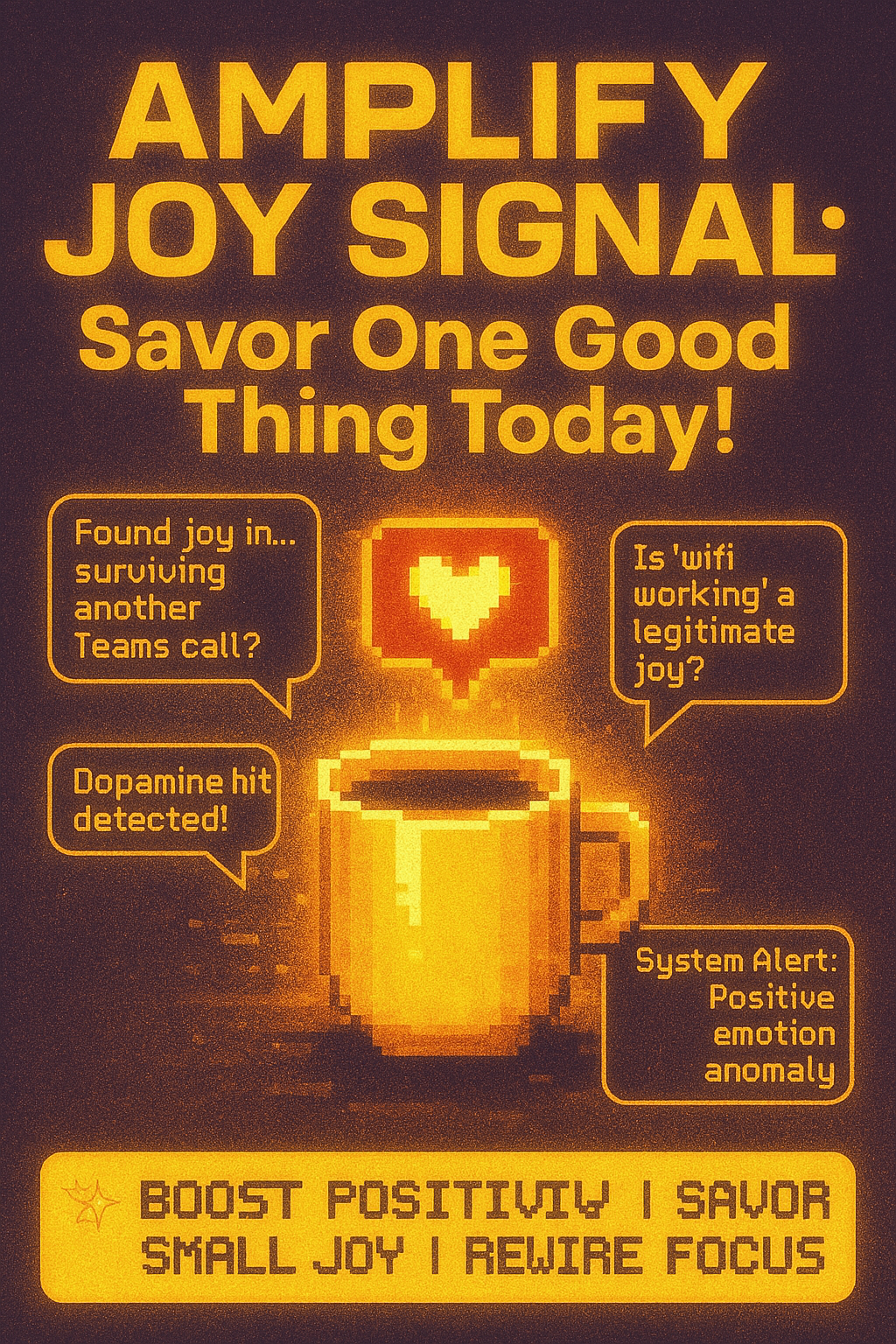
Savor A Small Joy Daily
Intentionally focus on and appreciate one small positive experience or sensation today. Amplifying the good rewires your focus.
Why This Matters
Our brains have a negativity bias. Consciously savoring positive moments counteracts this, enhancing gratitude and overall mood. This practice trains you to notice and appreciate the good things, building resilience and emotional uplift.
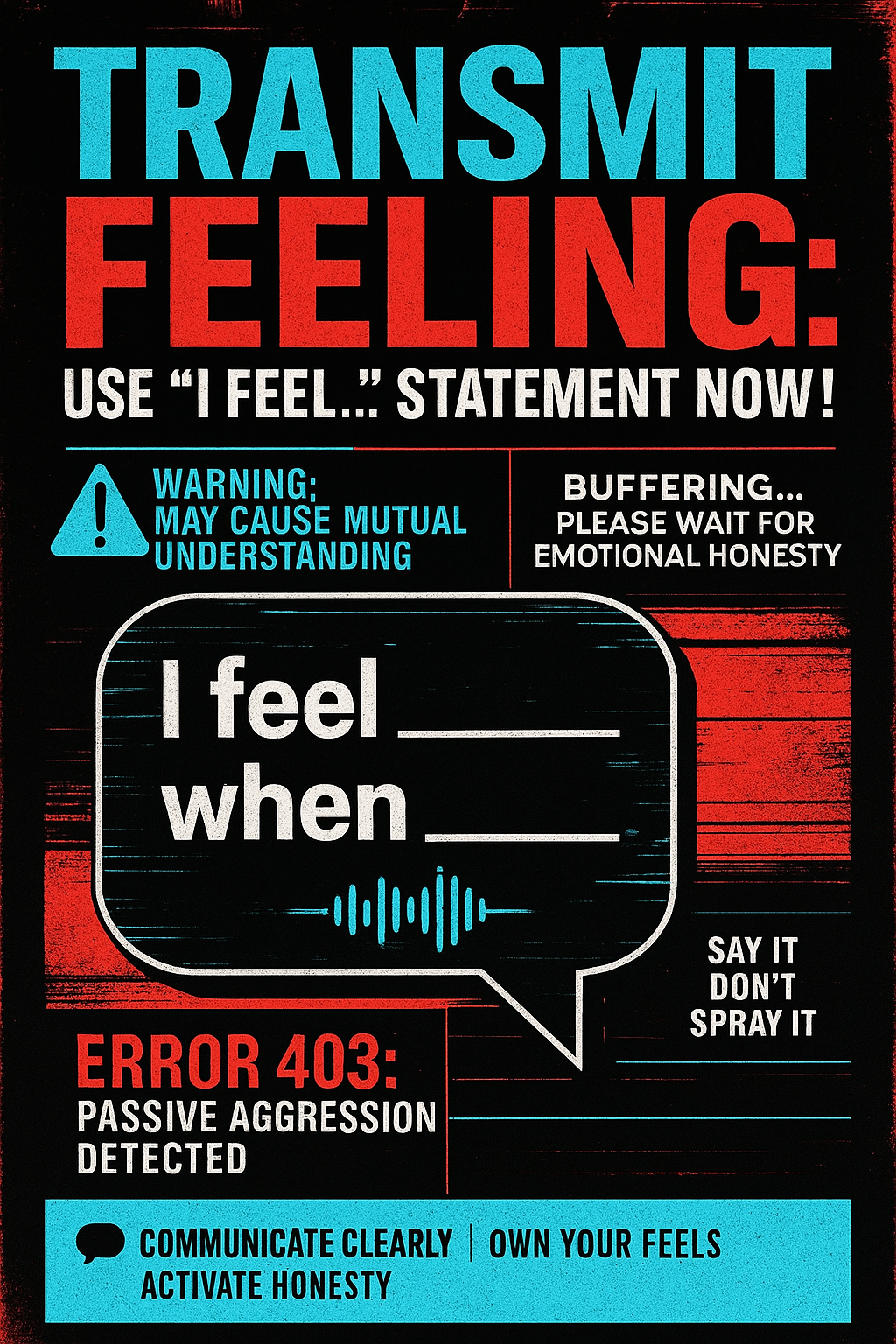
Use One "I Feel" Statement
Express a feeling using the format "I feel [emotion] when [situation]" in a relevant conversation. Owning feelings fosters clear communication.
Why This Matters
This technique promotes assertive, non-blaming communication about emotions. It helps others understand your experience without feeling attacked, fostering empathy and connection. It clarifies your own emotional state by requiring you to name the feeling and its context.
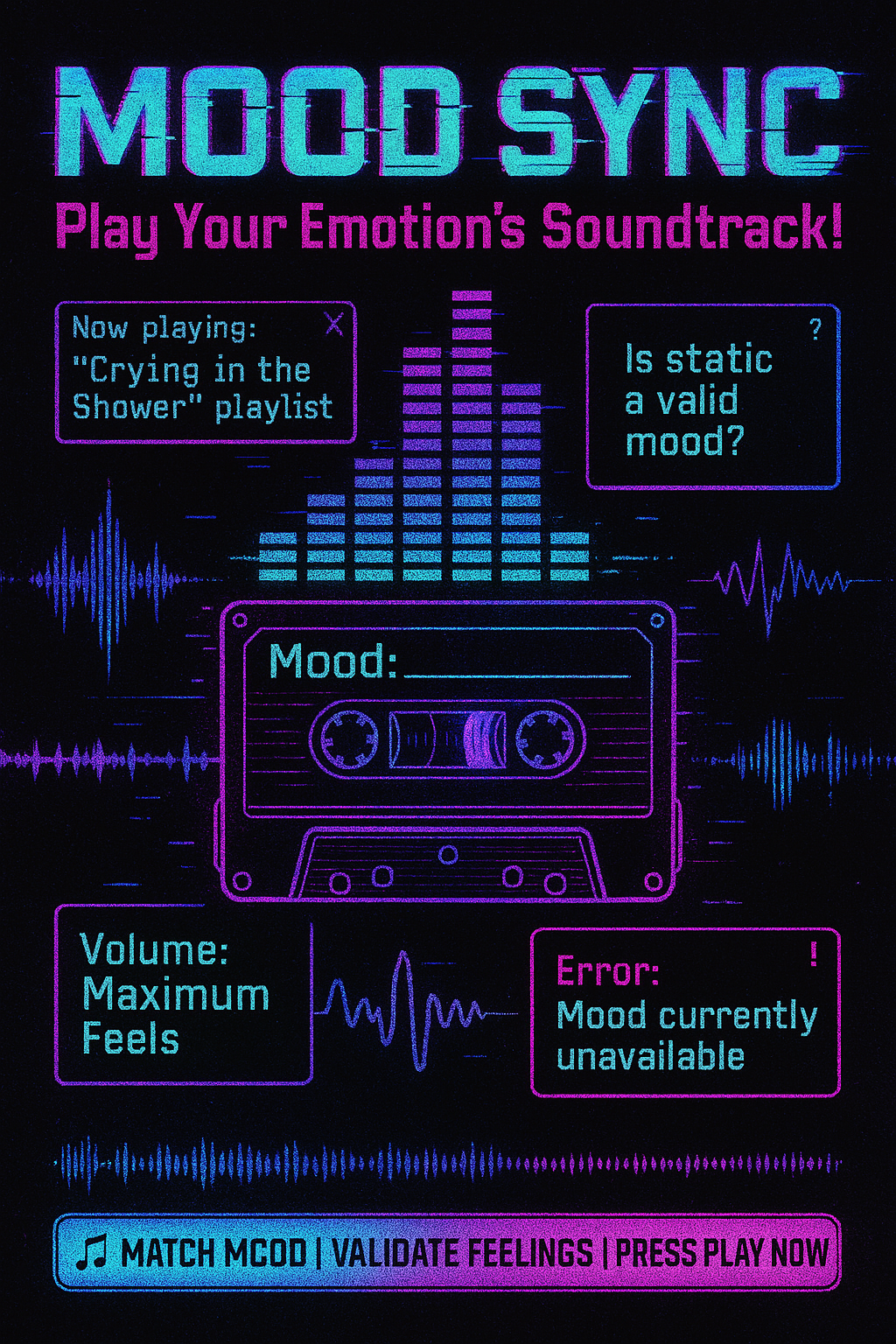
Play Music Matching Your Mood
Choose music that resonates with your current emotional state to validate and explore it. Music provides a safe container for feelings.
Why This Matters
Listening to music that matches your mood can feel validating and less isolating. It allows for emotional expression and processing without words. This can provide comfort, catharsis, or simply a space to acknowledge how you feel.
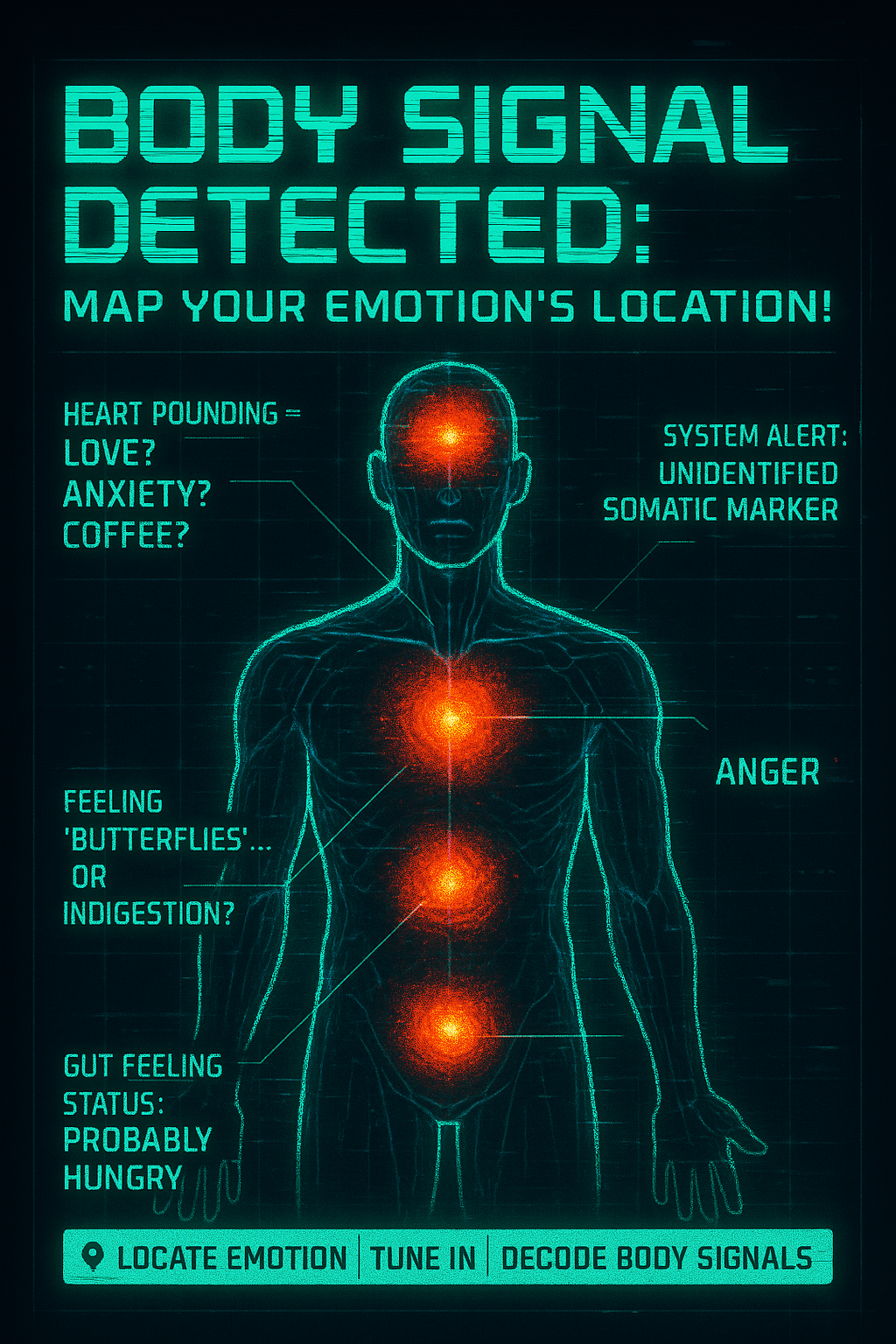
Notice Emotion's Body Signal
When you feel an emotion, tune into where you feel it in your body (e.g., tight chest, warm face). Your body communicates your emotional state.
Why This Matters
This practice strengthens the mind-body connection and enhances interoceptive awareness. Recognizing the physical signatures of emotions provides early feedback for self-regulation. It grounds emotional experience in physical sensation, making it feel more manageable.
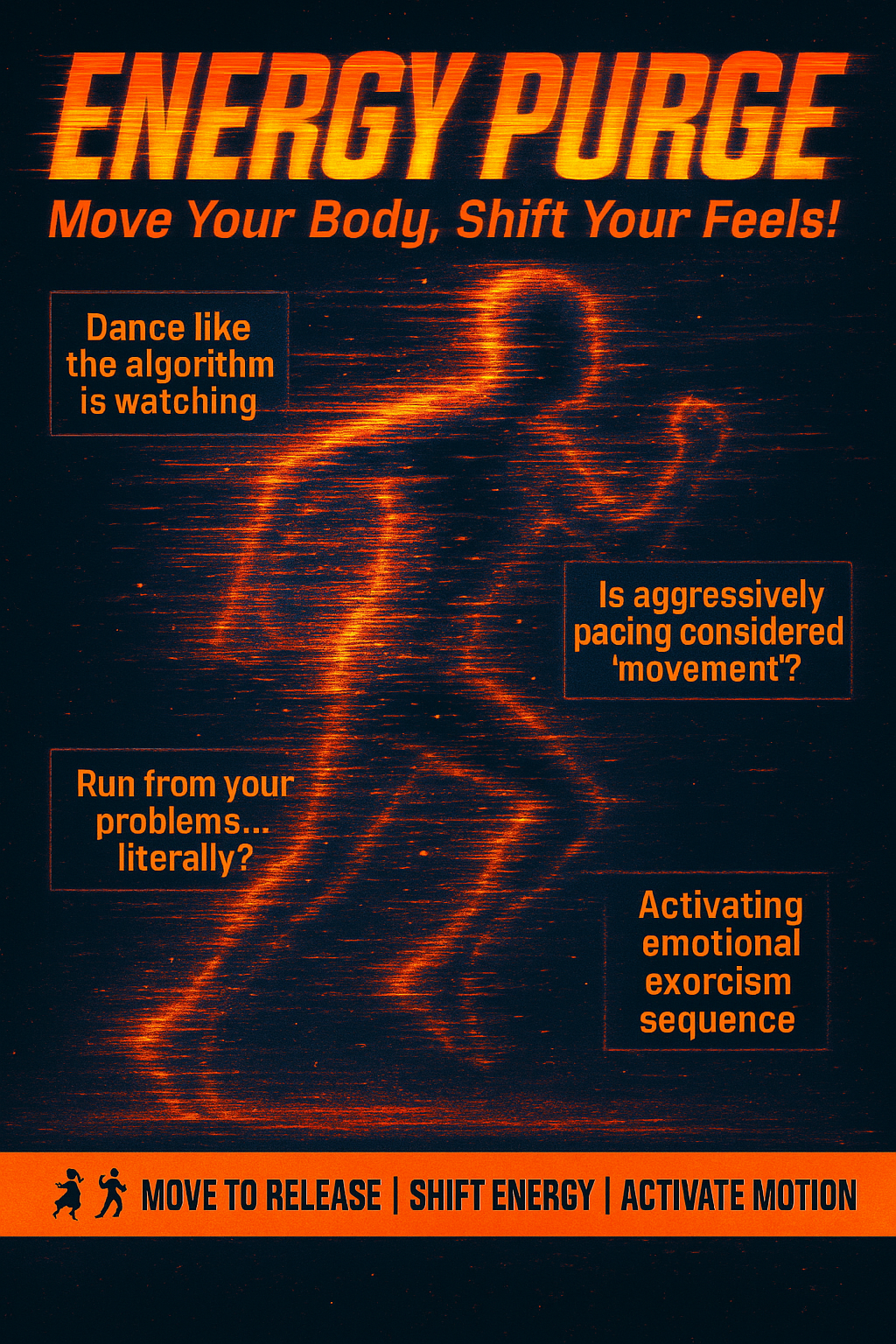
Move Body To Release Feelings
Engage in physical movement (walk, dance, stretch) specifically to process or release emotional energy. Motion shifts emotional states.
Why This Matters
Emotional energy can get stuck in the body. Physical movement helps discharge stress hormones like cortisol and release pent-up feelings. It shifts focus from rumination to physical sensation, providing relief and promoting emotional flow.
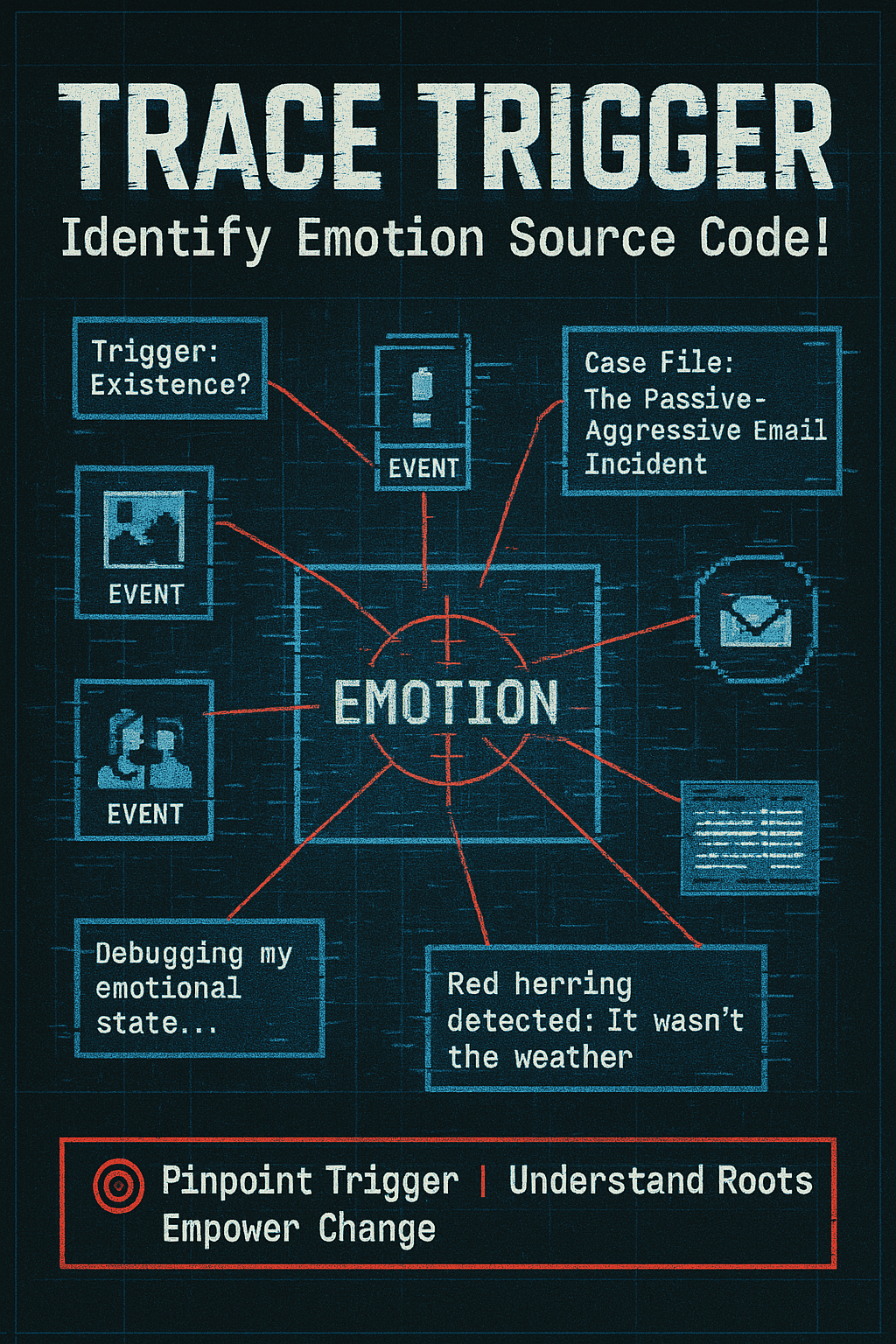
Pinpoint Your Emotion's Trigger
When experiencing a strong emotion, trace it back to identify the specific event or thought that triggered it. Understanding roots empowers change.
Why This Matters
Identifying triggers moves you from reactive to proactive emotional management. Recognizing patterns helps anticipate challenging situations and develop coping strategies. This awareness is fundamental to Cognitive Behavioral Therapy (CBT) and breaking unhelpful emotional cycles.
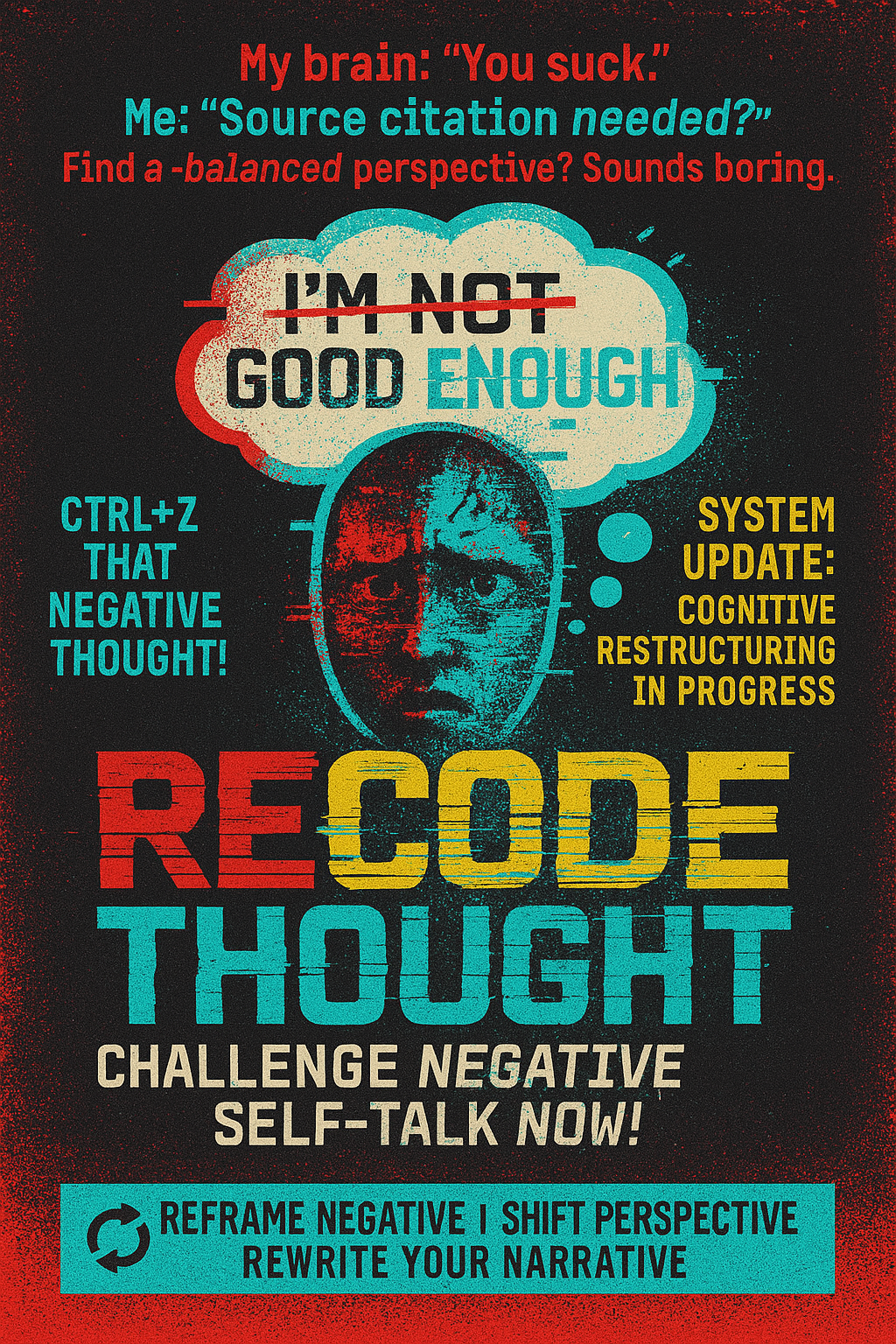
Reframe A Negative Self-Thought
Catch one critical or pessimistic thought about yourself and challenge its validity or find a more balanced perspective. Shifting thoughts changes feelings.
Why This Matters
Negative self-talk fuels difficult emotions. Actively reframing challenges cognitive distortions and builds mental resilience. Practicing this develops a more compassionate and realistic inner dialogue, improving self-esteem and emotional well-being.
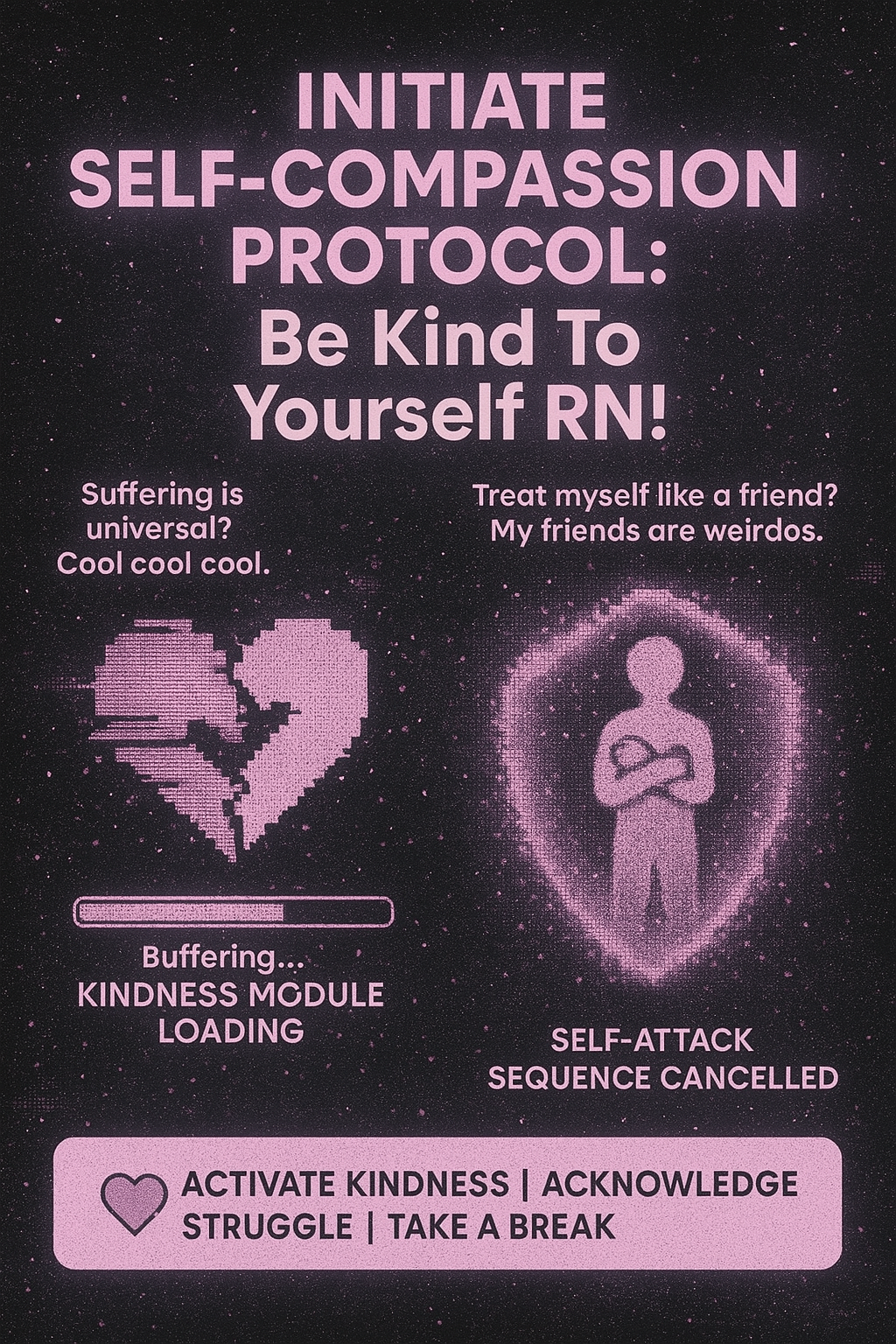
Take A Self-Compassion Break
Acknowledge a moment of suffering, remind yourself suffering is human, and offer yourself kindness. Treat yourself like a good friend.
Why This Matters
Self-compassion counteracts harsh self-criticism, which often exacerbates emotional pain. It fosters emotional resilience by acknowledging difficulty with kindness rather than judgment. This practice reduces shame and promotes emotional healing.
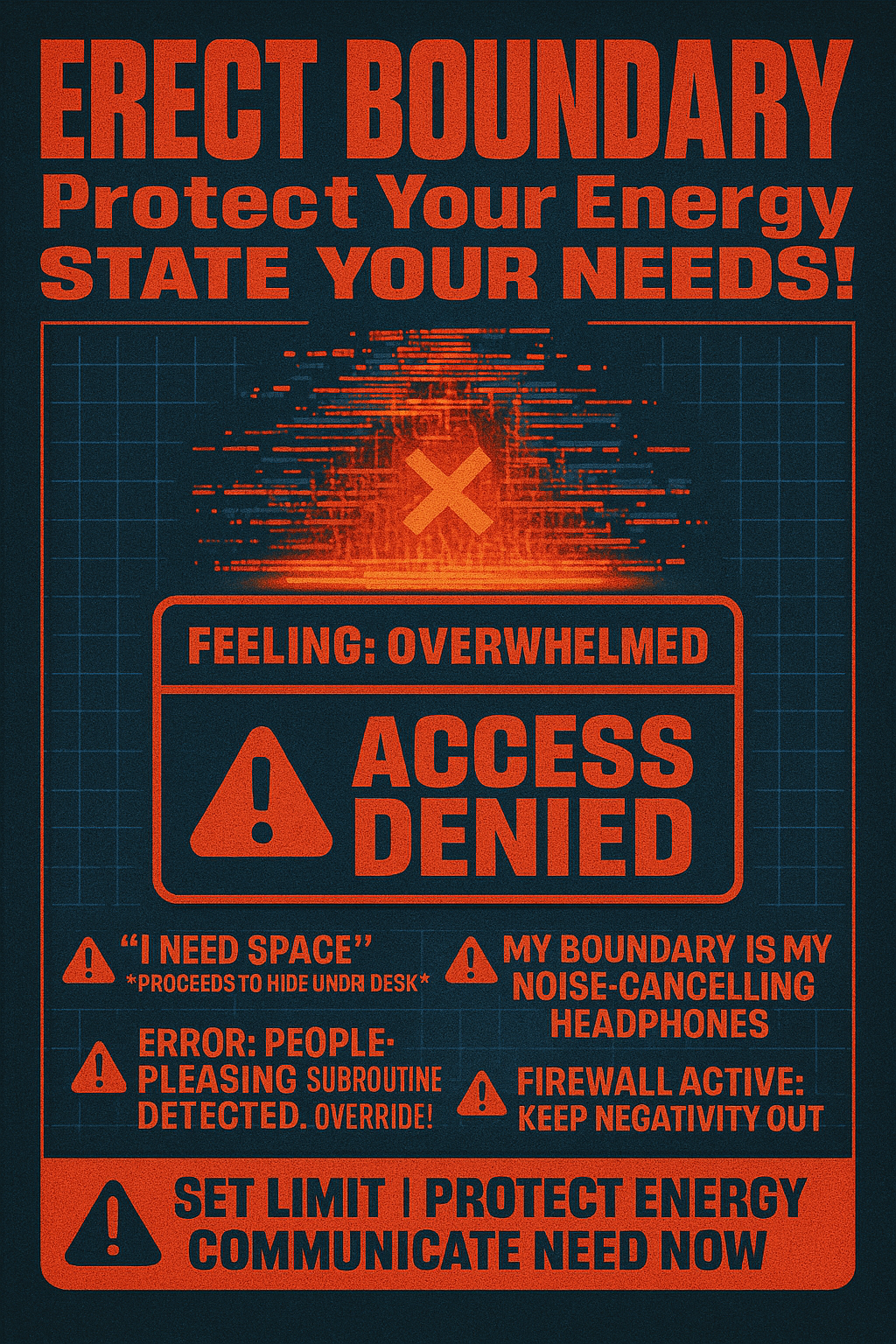
Set One Feeling-Based Boundary
Communicate one limit or need based on your emotional state (e.g., "I feel overwhelmed, I need quiet time"). Protecting your emotional energy is vital.
Why This Matters
Setting boundaries based on feelings prevents emotional depletion and resentment. It teaches others how to treat you and reinforces self-respect. This skill is crucial for maintaining healthy relationships and emotional stability.
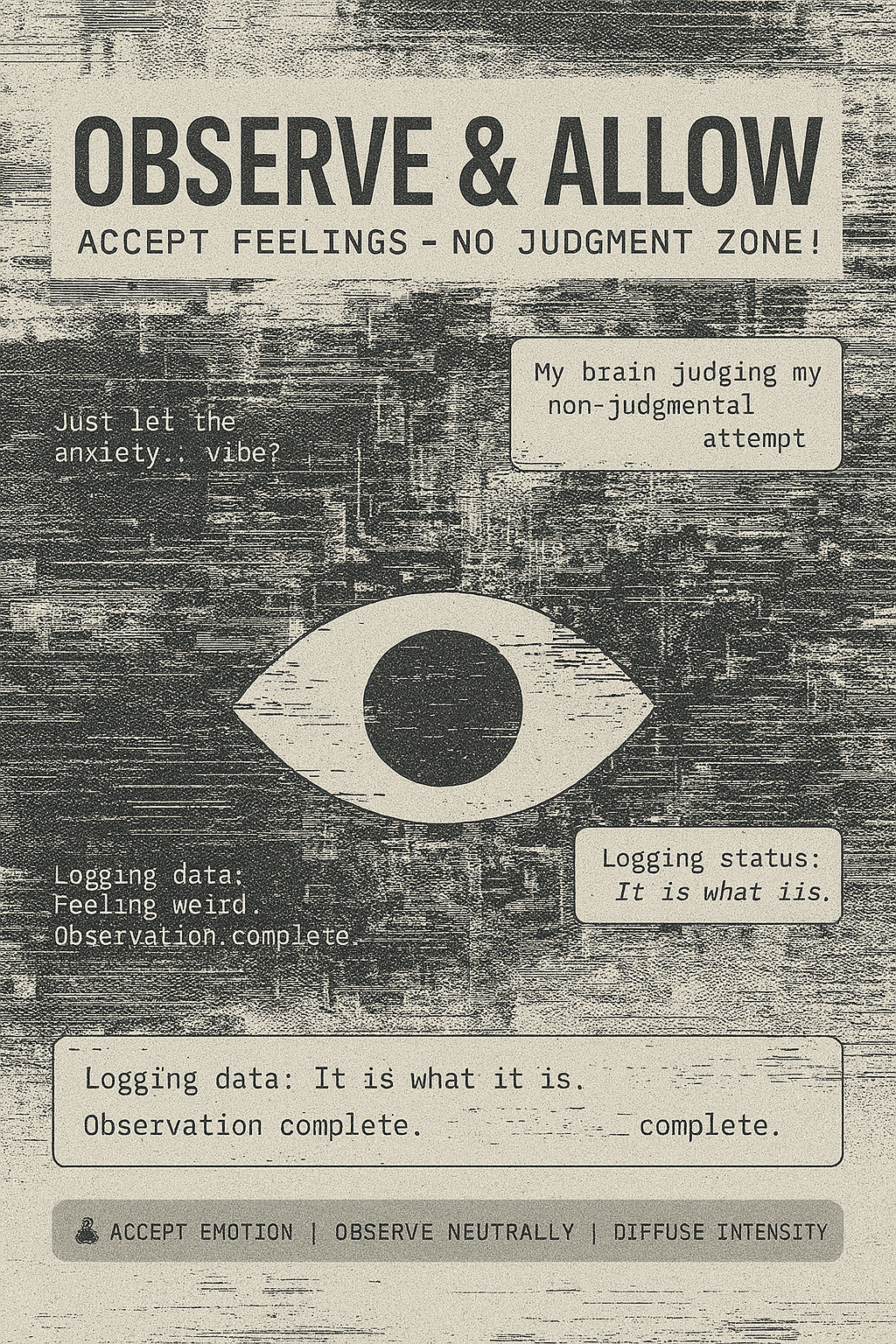
Accept Feelings Without Judgment
Notice an emotion arise and simply allow it to be there, without labeling it 'good' or 'bad'. Acceptance diffuses emotional intensity.
Why This Matters
Judging emotions often creates secondary suffering (e.g., feeling guilty for being angry). Acceptance reduces this struggle, allowing emotions to process more naturally. This practice, central to ACT, fosters psychological flexibility and peace.
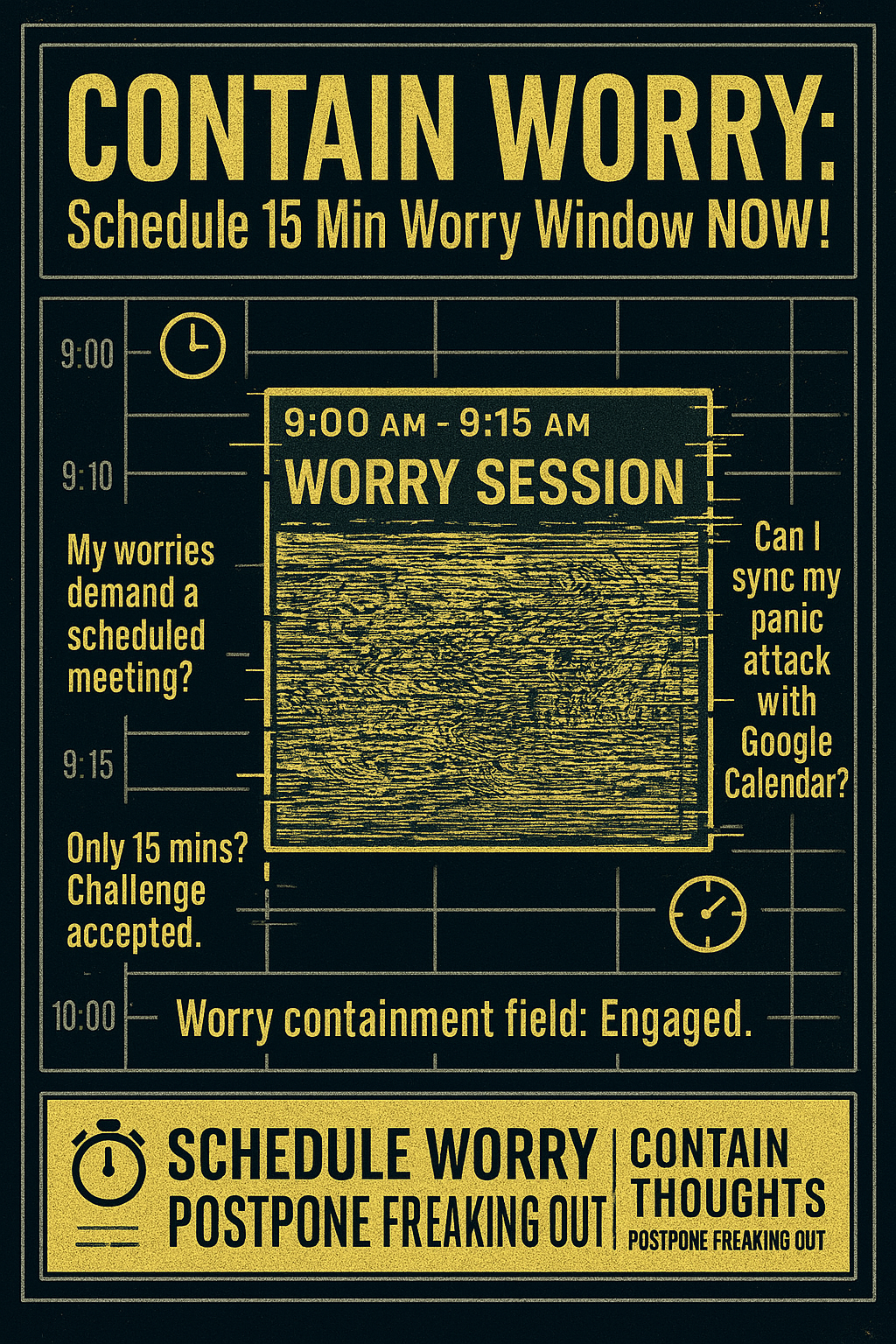
Schedule 15 Min Worry Time
Designate a specific 15-minute window each day to consciously think about your worries. Postpone worrying until that scheduled time.
Why This Matters
This technique contains worry rather than letting it permeate your entire day. It allows you to acknowledge concerns without being consumed by them. By compartmentalizing worry, you free up mental energy and reduce overall anxiety levels.
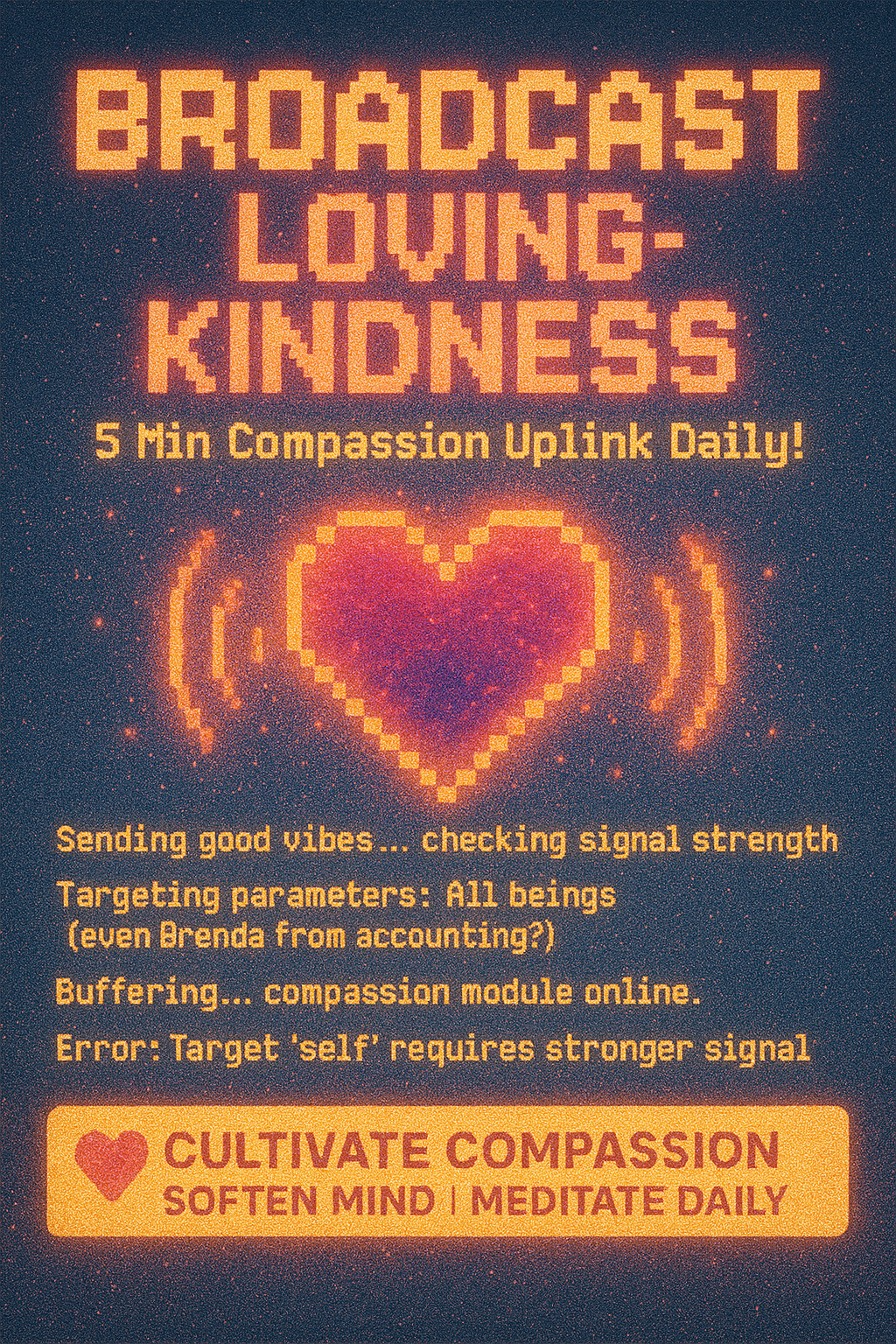
Meditate On Loving-Kindness Daily
Spend 5 minutes intentionally cultivating feelings of warmth and care towards yourself and others. Compassion softens the heart and mind.
Why This Matters
This practice directly cultivates positive emotions like love, compassion, and connection. Research shows it can decrease negative emotions, reduce bias, and increase empathy. It builds inner resources for navigating difficult social interactions and self-criticism.
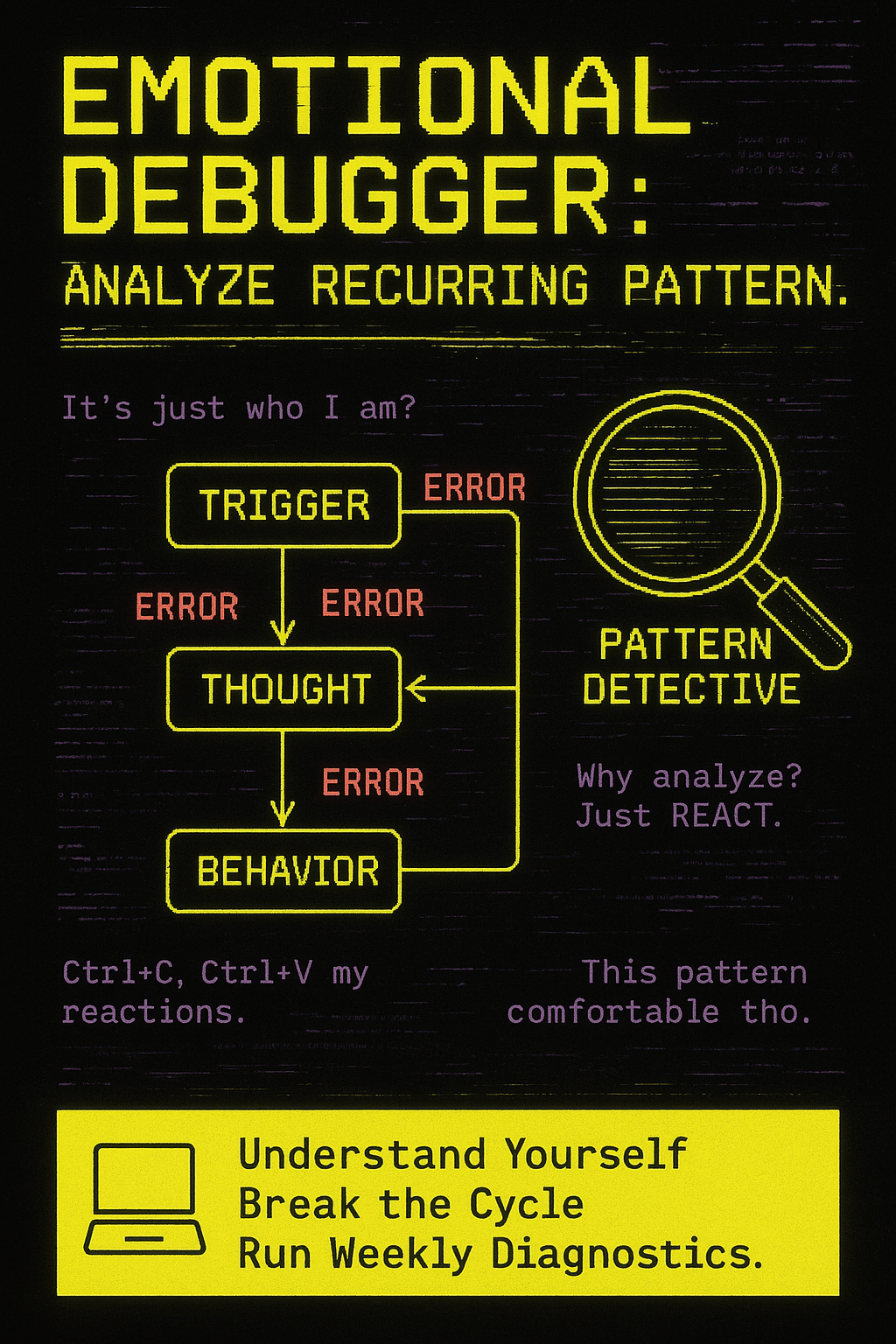
Reflect On Emotional Pattern Weekly
Dedicate time each week to review a recurring emotional reaction, noting triggers, thoughts, feelings, and behaviors. Understanding patterns breaks cycles.
Why This Matters
This meta-cognitive practice increases self-awareness regarding habitual emotional responses. Identifying the components of a pattern allows for targeted intervention points. Consistent reflection fosters conscious choice over automatic reaction, leading to lasting emotional change.
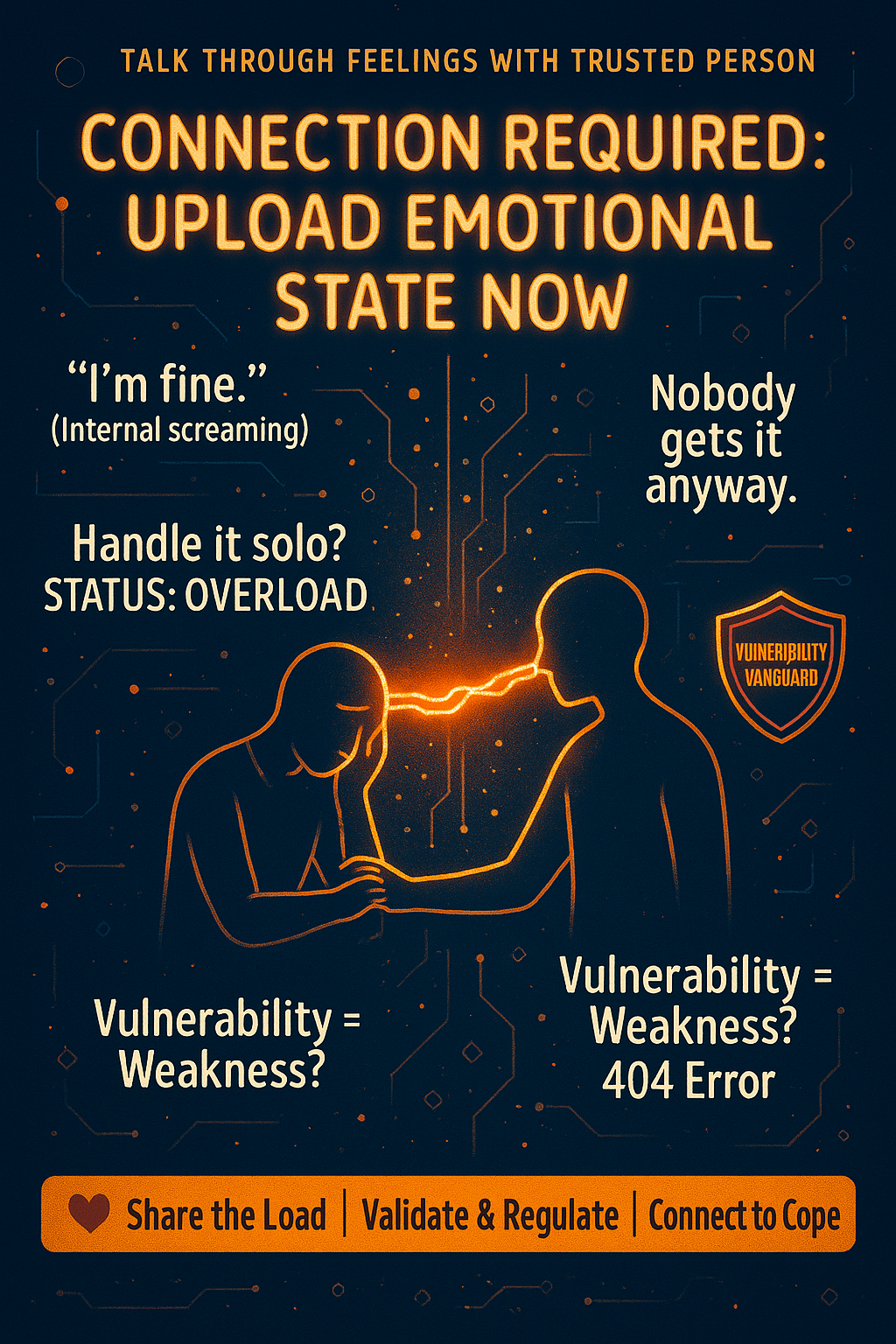
Talk Through Feelings With Trusted Person
Intentionally share your current emotional state and experience with a supportive person when feeling overwhelmed or confused. Connection validates and co-regulates.
Why This Matters
Social support is a powerful emotional regulator. Sharing vulnerably can reduce shame, provide new perspectives, and offer comfort (co-regulation). This requires established trust and vulnerability, making it a high-impact, higher-effort practice for deep emotional processing.
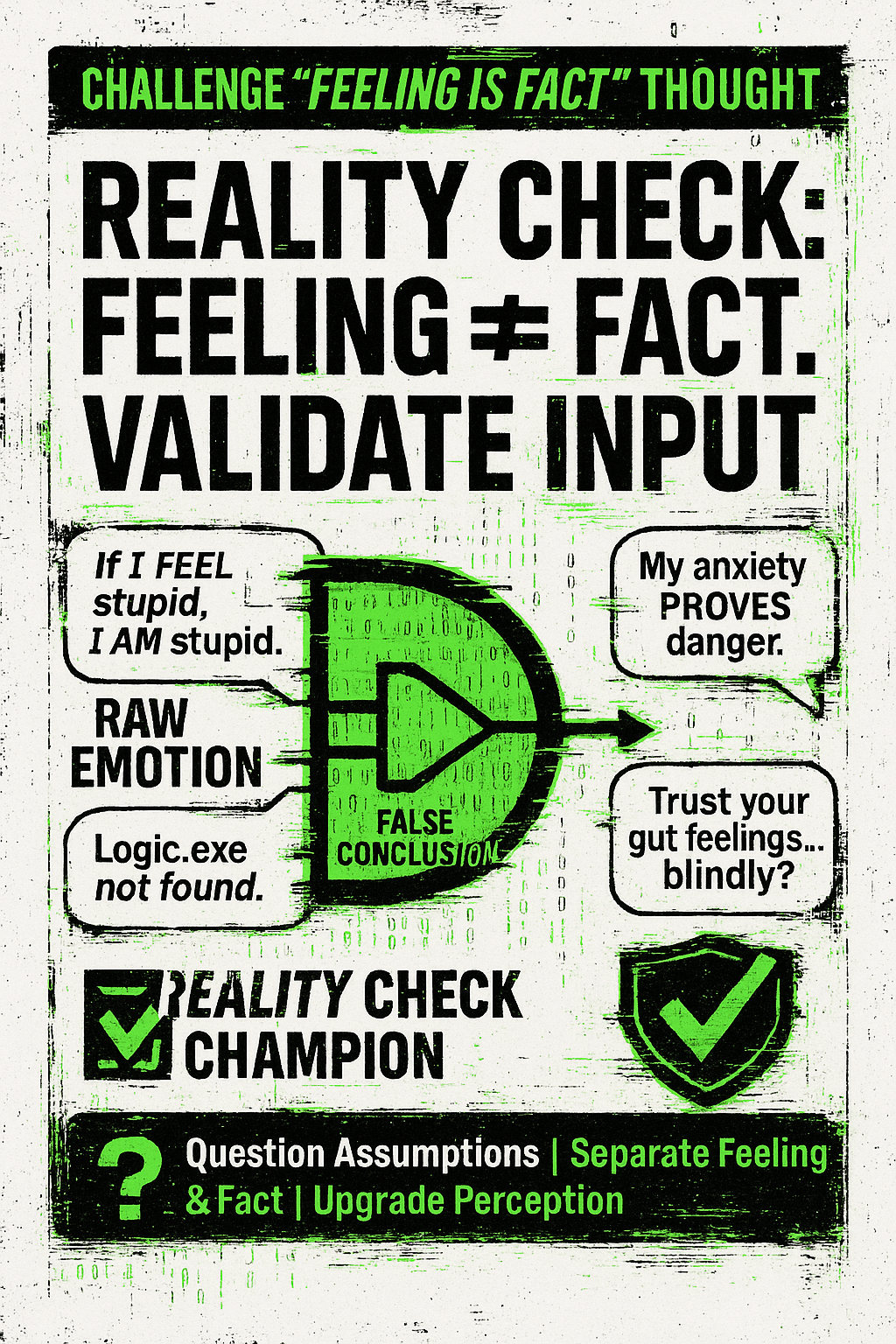
Challenge "Feeling Is Fact" Thought
Identify when you're treating an emotion as proof of reality (e.g., "I feel inadequate, so I must be") and actively question this assumption. Feelings signal, they don't define truth.
Why This Matters
Emotional reasoning is a common cognitive distortion that amplifies negative feelings. Challenging it separates feeling from fact, allowing for more objective assessment and less reactive behavior. Mastering this reduces the power of intense emotions to dictate your perception and actions.
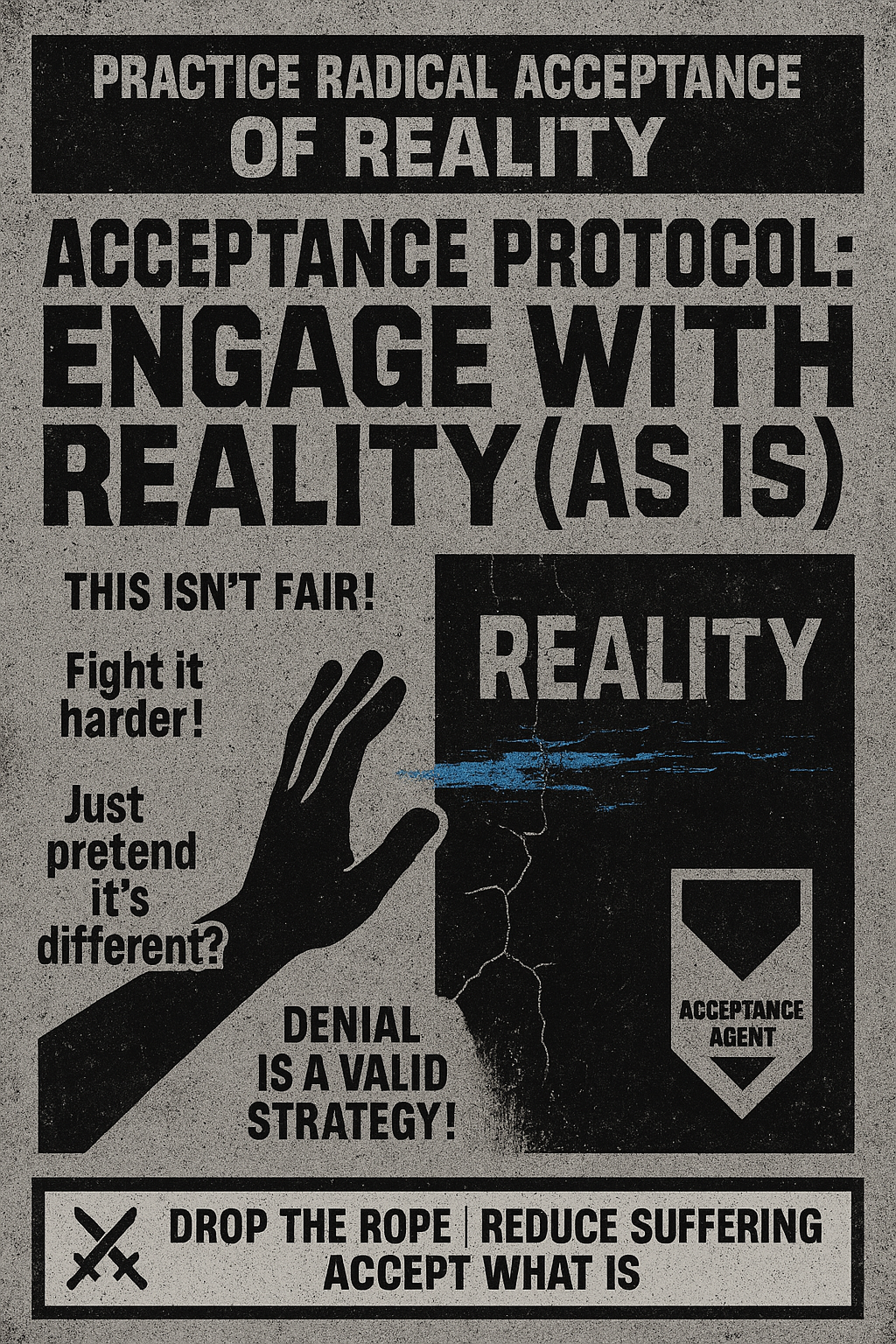
Practice Radical Acceptance of Reality
Consciously choose to accept painful aspects of reality that you cannot change, without necessarily liking them. Fighting what is causes immense suffering.
Why This Matters
Radical acceptance, a core DBT skill, reduces the suffering that comes from resisting unchangeable circumstances. It frees up emotional energy previously spent fighting reality, allowing you to focus on what can be controlled or improved. This leads to greater peace and effective problem-solving.
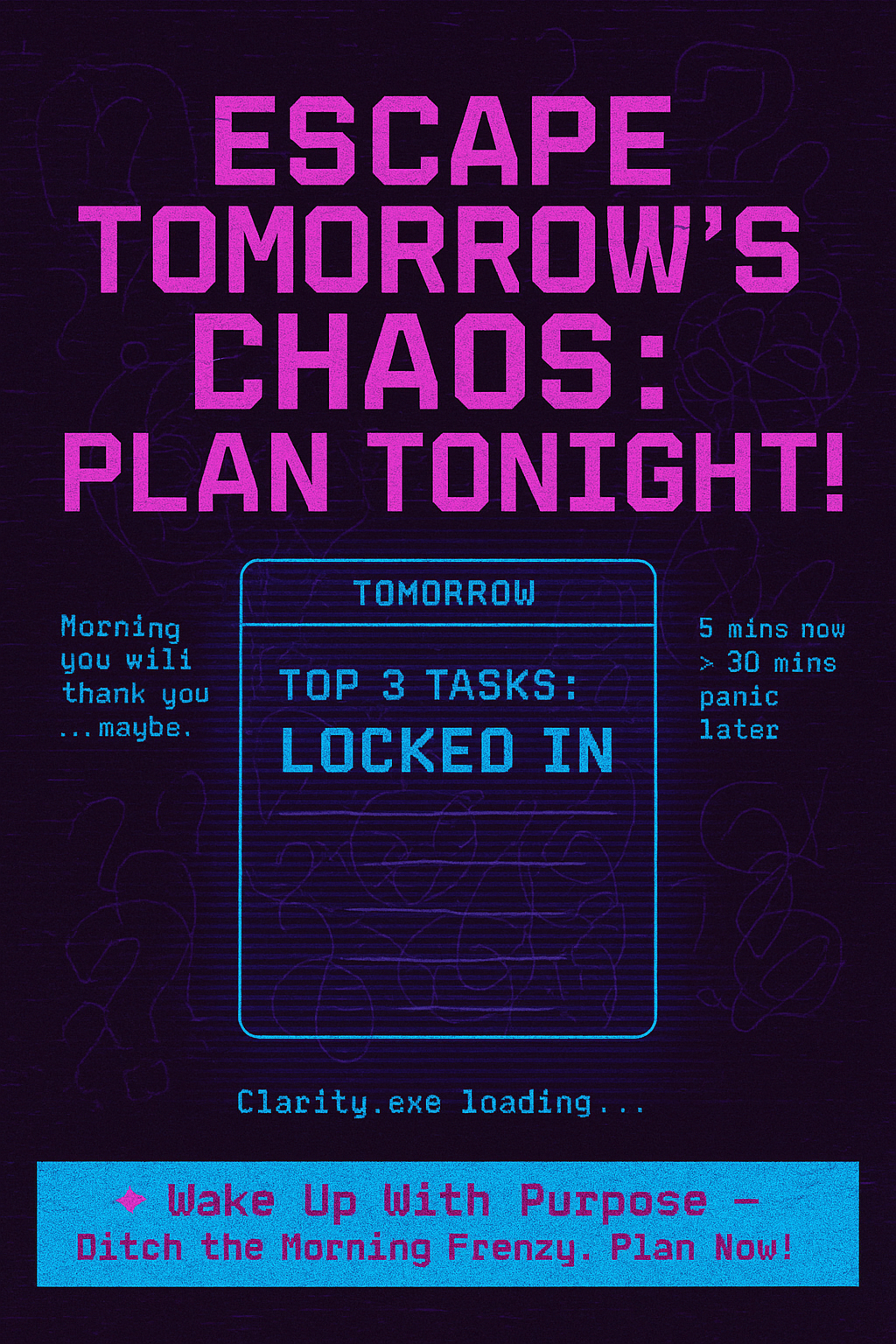
Plan Tomorrow Tonight for Clarity
Outline tomorrow's top 3 tasks & schedule before bed to wake up with purpose. Clarity reduces morning friction and decision fatigue.
Why This Matters
Pre-planning frees up cognitive resources for execution rather than decision-making when you start your day. It establishes proactive control over your time and ensures alignment with priorities, preventing reactive chaos and boosting productivity significantly. This builds momentum from the moment you wake up.
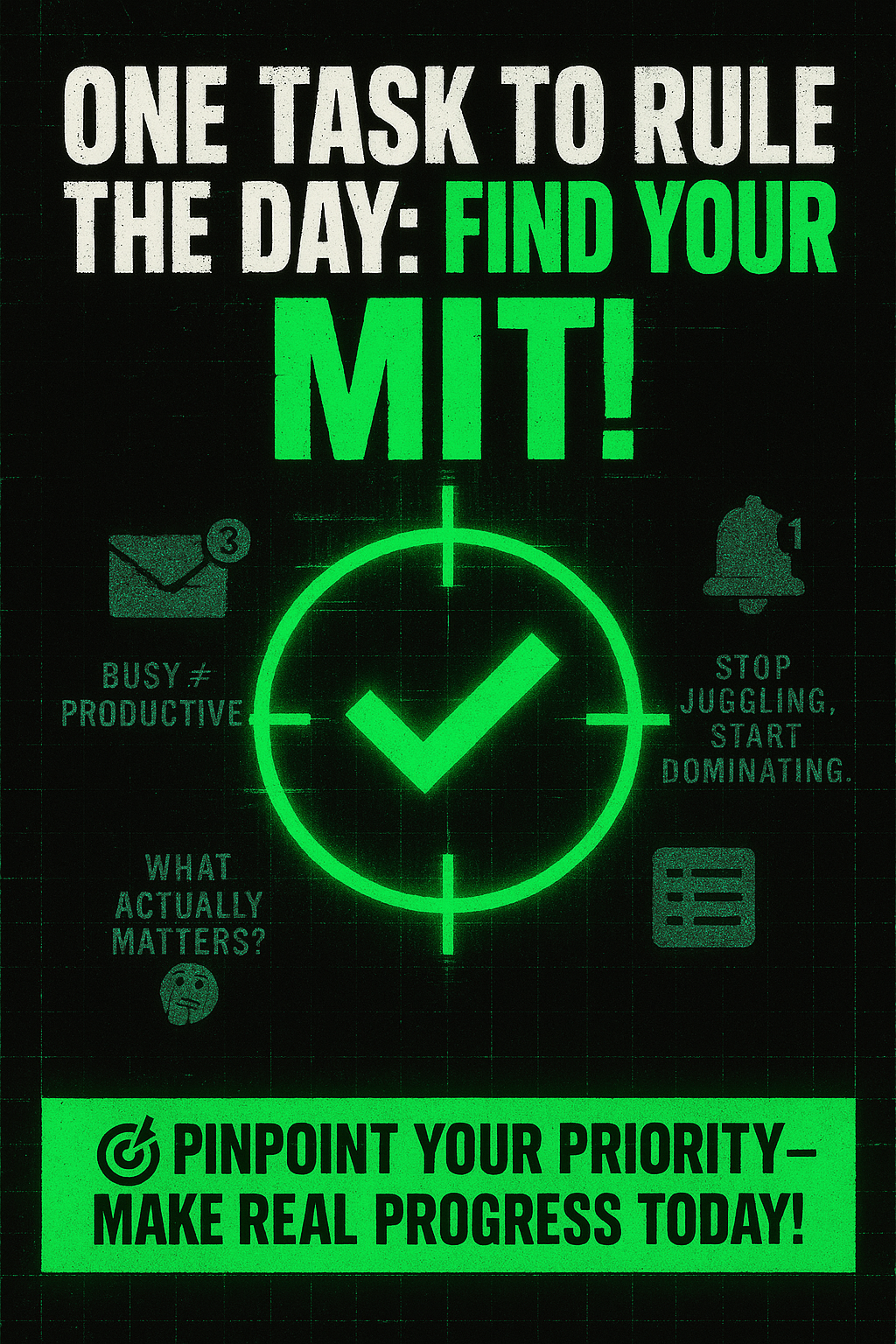
Identify 1 MIT Daily for Impact
Determine your single Most Important Task (MIT) each morning to ensure progress on what truly matters. Focusing on the critical few drives disproportionate results.
Why This Matters
Pareto's Principle suggests 80% of results come from 20% of effort. Identifying and focusing on your MIT ensures your core contribution happens daily, preventing busyness without progress. This habit guarantees you move the needle on your biggest goals consistently, building tangible achievements over time.
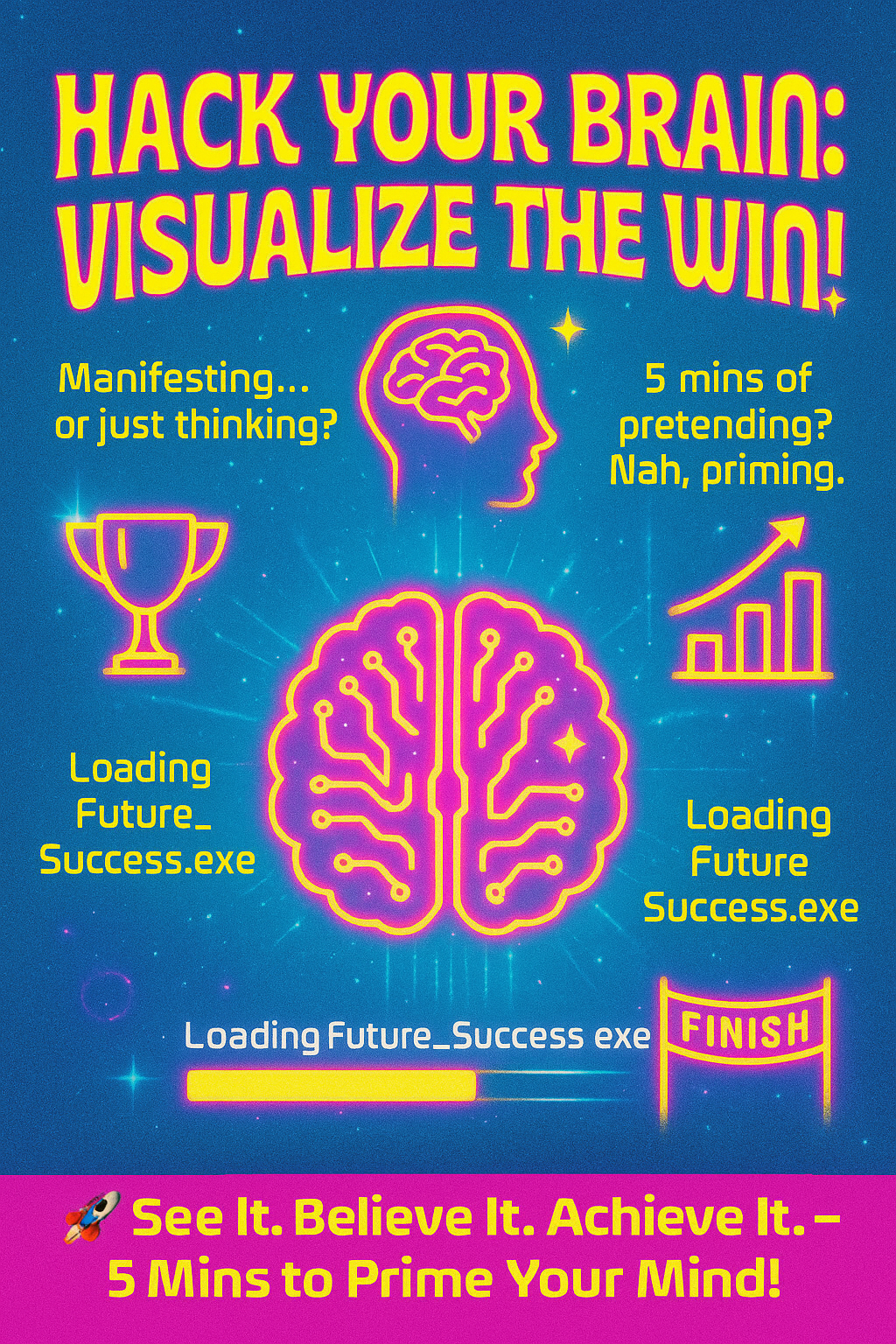
Visualize Success 5 Mins Daily
Spend 5 minutes vividly imagining achieving your goals to strengthen belief and motivation. Mental rehearsal primes your brain for actual performance.
Why This Matters
Visualization activates the same neural pathways used during actual performance, making success feel more attainable and familiar. It helps program your subconscious mind to seek opportunities and overcome obstacles aligned with your vision. This practice builds confidence, reduces performance anxiety, and reinforces commitment.
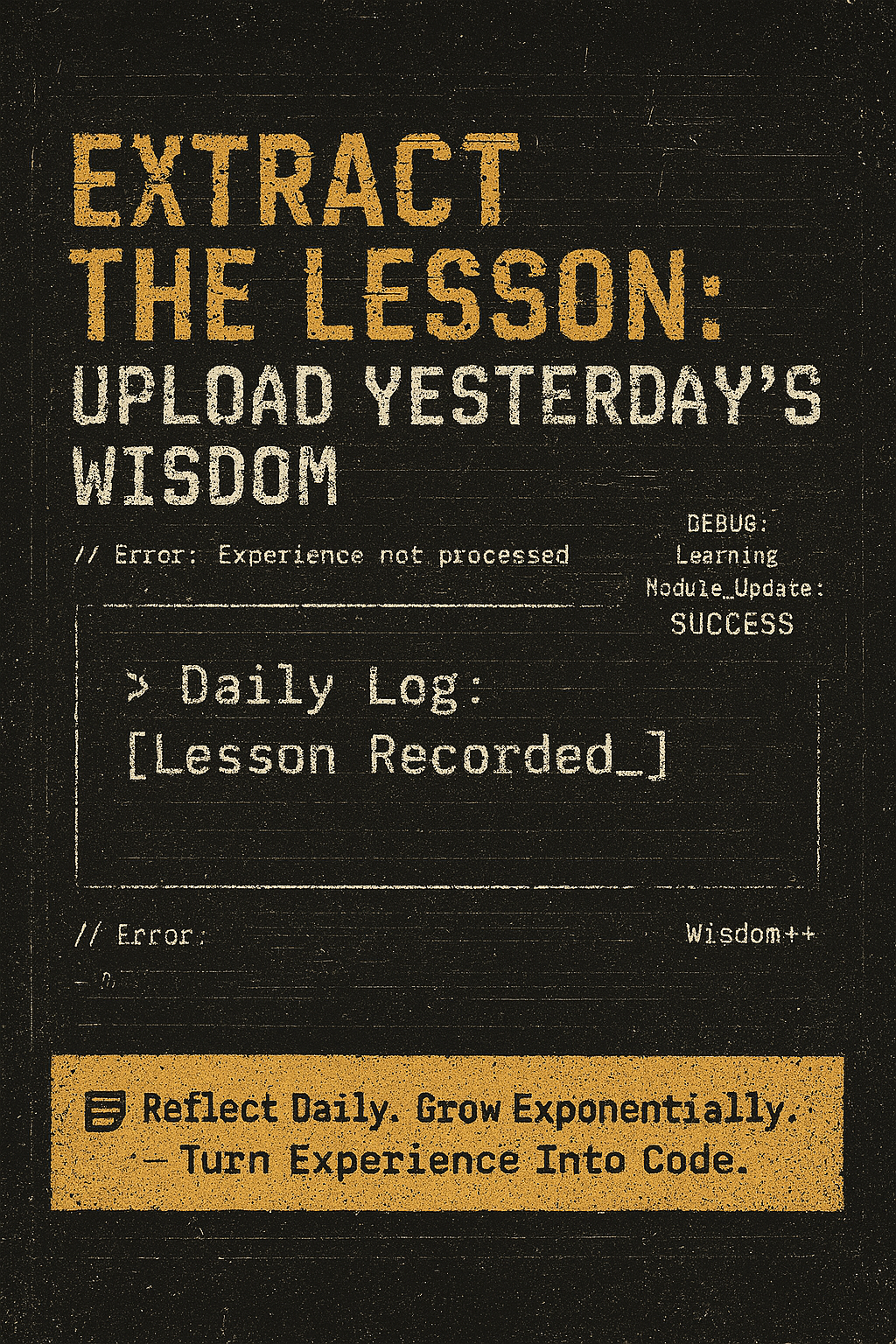
Journal 1 Lesson Learned Daily
Reflect on your day and write down one key takeaway or lesson to accelerate growth. Conscious reflection turns experience into wisdom.
Why This Matters
Simply experiencing something doesn't guarantee learning; reflection solidifies insights and helps avoid repeating mistakes. Documenting lessons builds a personal knowledge base for future reference and enhances decision-making capabilities. This habit compounds self-awareness and accelerates personal development significantly.
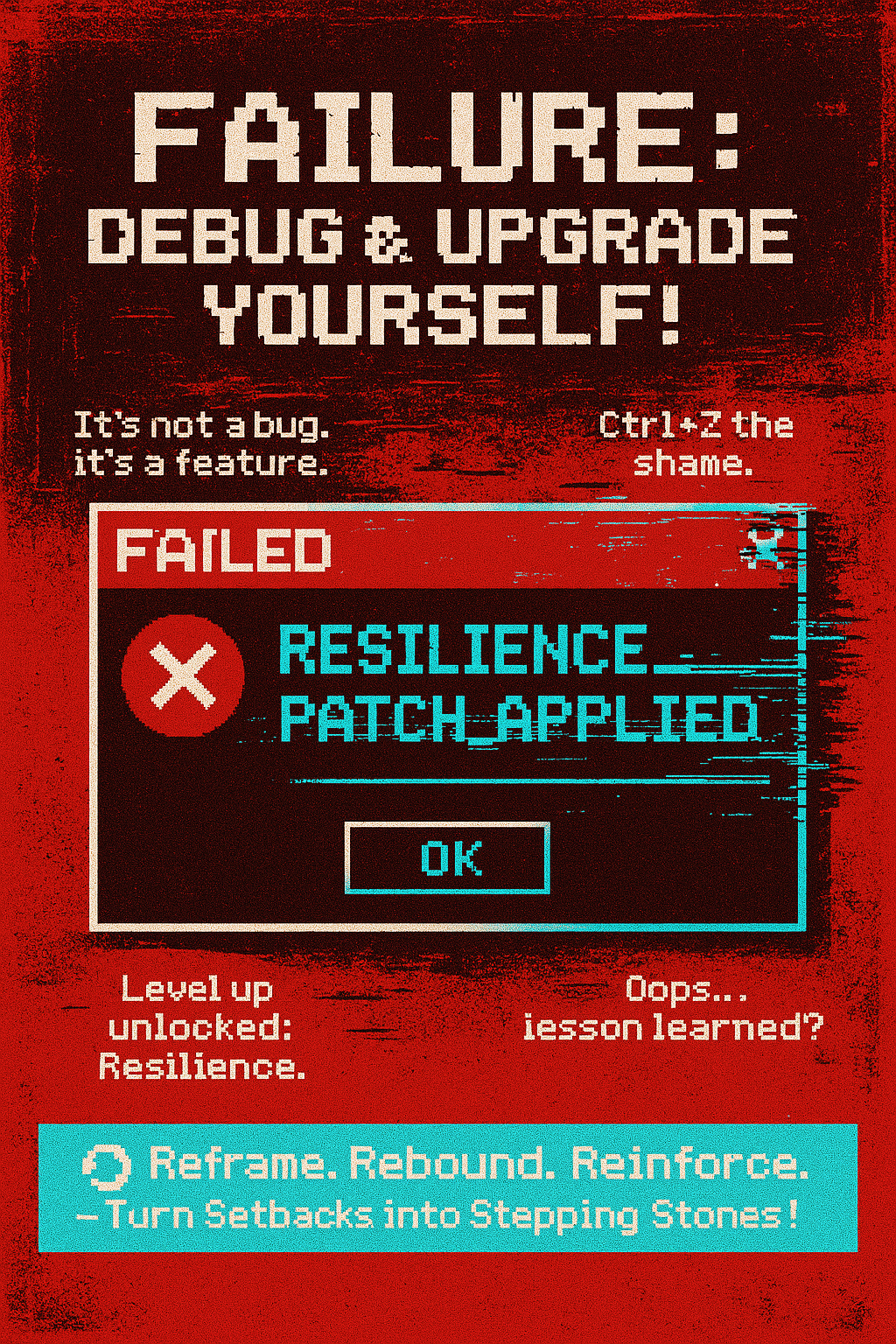
Reframe 1 Failure as Learning
Intentionally reinterpret a setback or mistake as a learning opportunity to build resilience. Shifting perspective transforms obstacles into fuel for growth.
Why This Matters
A growth mindset, which views challenges as opportunities, is crucial for long-term success and innovation. Reframing prevents failures from derailing motivation and instead extracts valuable insights for future attempts, fostering adaptation. This habit cultivates antifragility and a proactive approach to overcoming challenges.
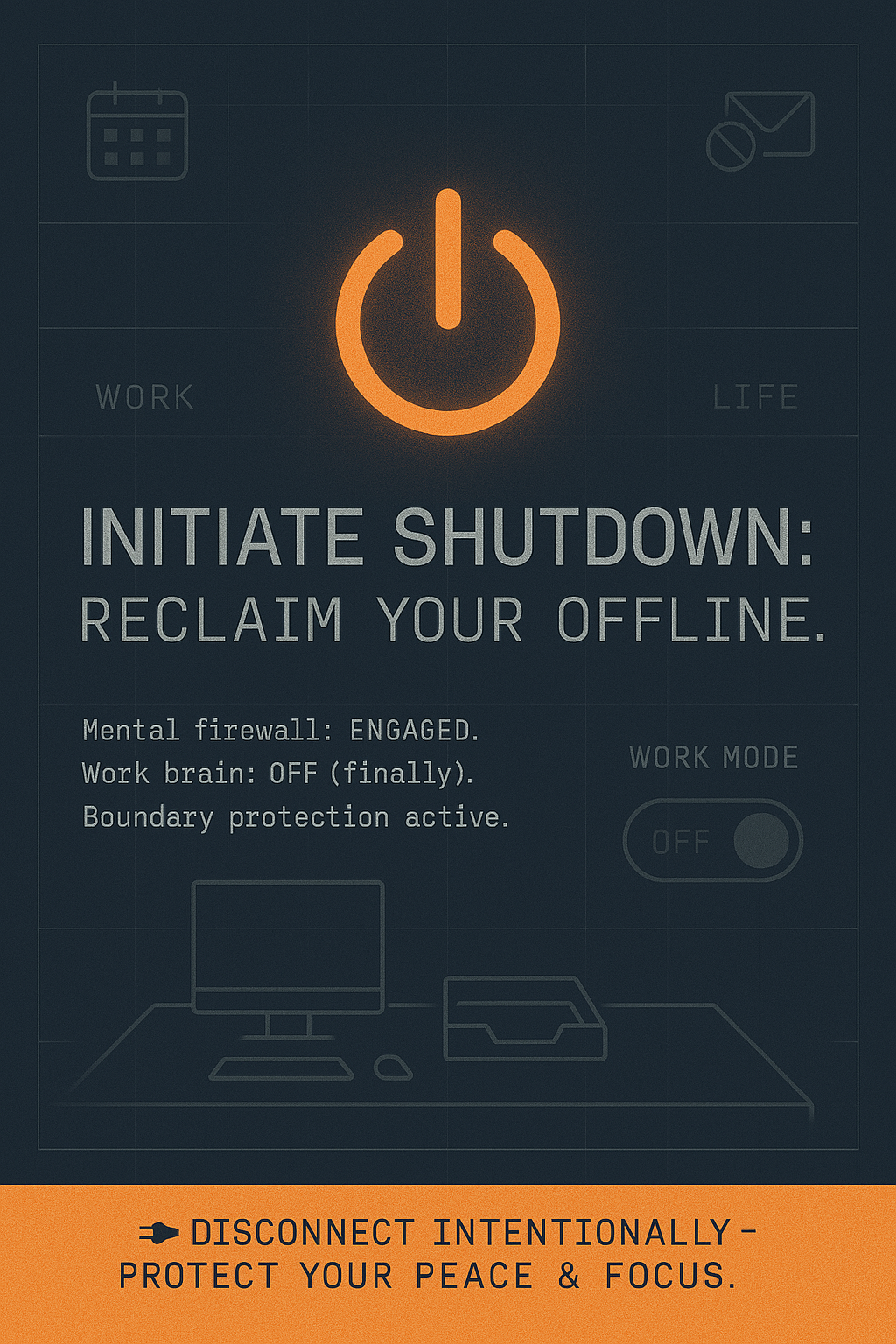
End Workday with Shutdown Ritual
Complete a consistent routine (review tasks, plan tomorrow, clear desk) to mentally detach from work. This creates clear boundaries for better rest and focus.
Why This Matters
A shutdown ritual signals to your brain that the workday is truly over, preventing work thoughts from intruding on personal time and reducing cognitive load. This improves recovery, reduces chronic stress, and allows you to start the next day fresh and focused. It's essential for sustainable high performance and well-being.
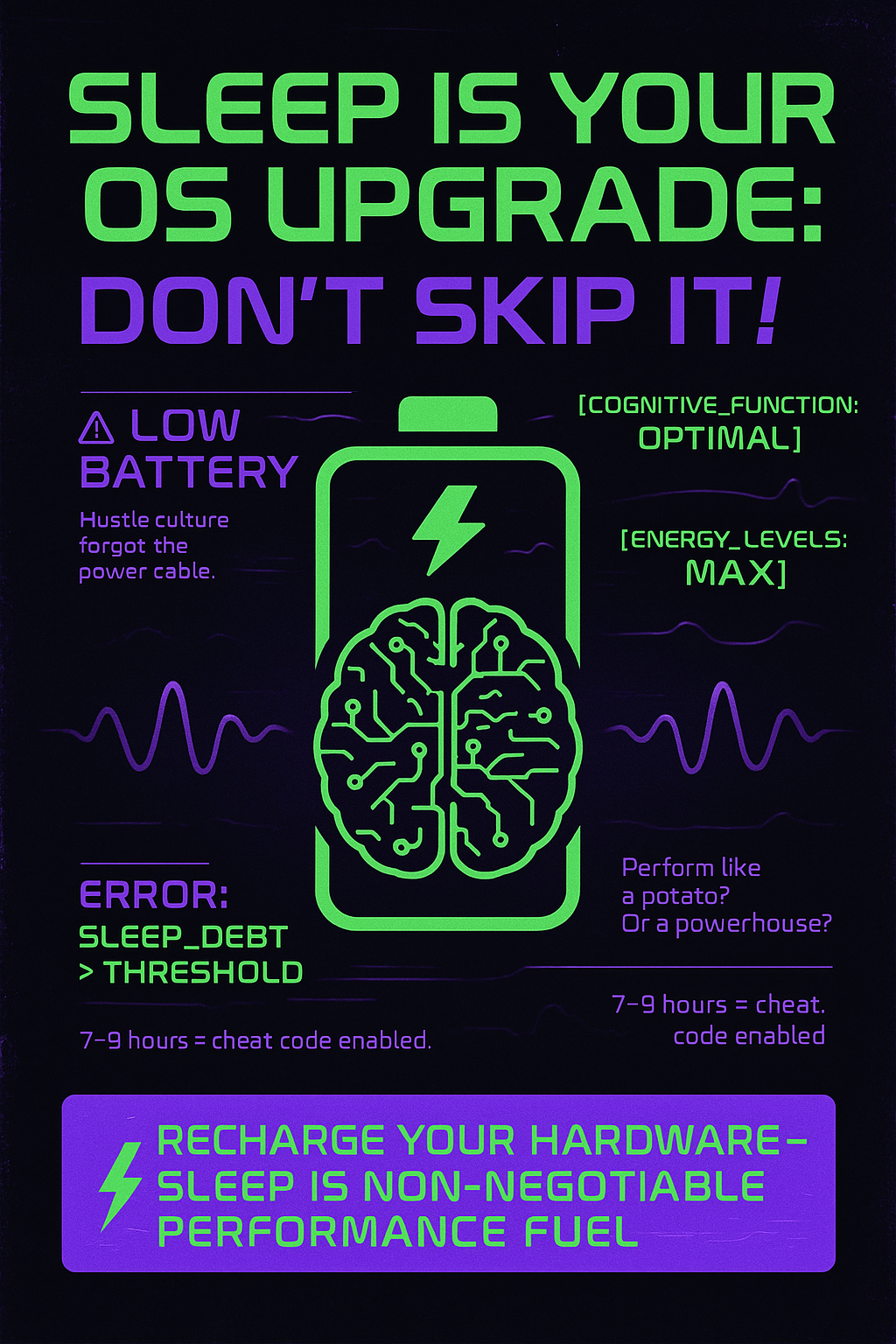
Prioritize Sleep for Peak Performance
Aim for 7-9 hours of quality sleep consistently to optimize cognitive function and energy levels. Treat sleep as a non-negotiable performance enhancer.
Why This Matters
Sleep is fundamental for memory consolidation, emotional regulation, problem-solving, immune function, and physical recovery. Chronic sleep deprivation severely impairs judgment, creativity, and productivity, undermining all success efforts. Prioritizing sleep is investing directly in your capacity to perform at your best daily.

Time Block Your MIT First
Schedule a specific, uninterrupted block of time for your Most Important Task, ideally early in the day. Protect this time like a crucial meeting.
Why This Matters
What gets scheduled gets done. Time blocking transforms intention into commitment by allocating finite time resources to your highest priority before the day's chaos ensues. Doing it first leverages peak cognitive energy and ensures progress on critical goals before inevitable distractions arise.
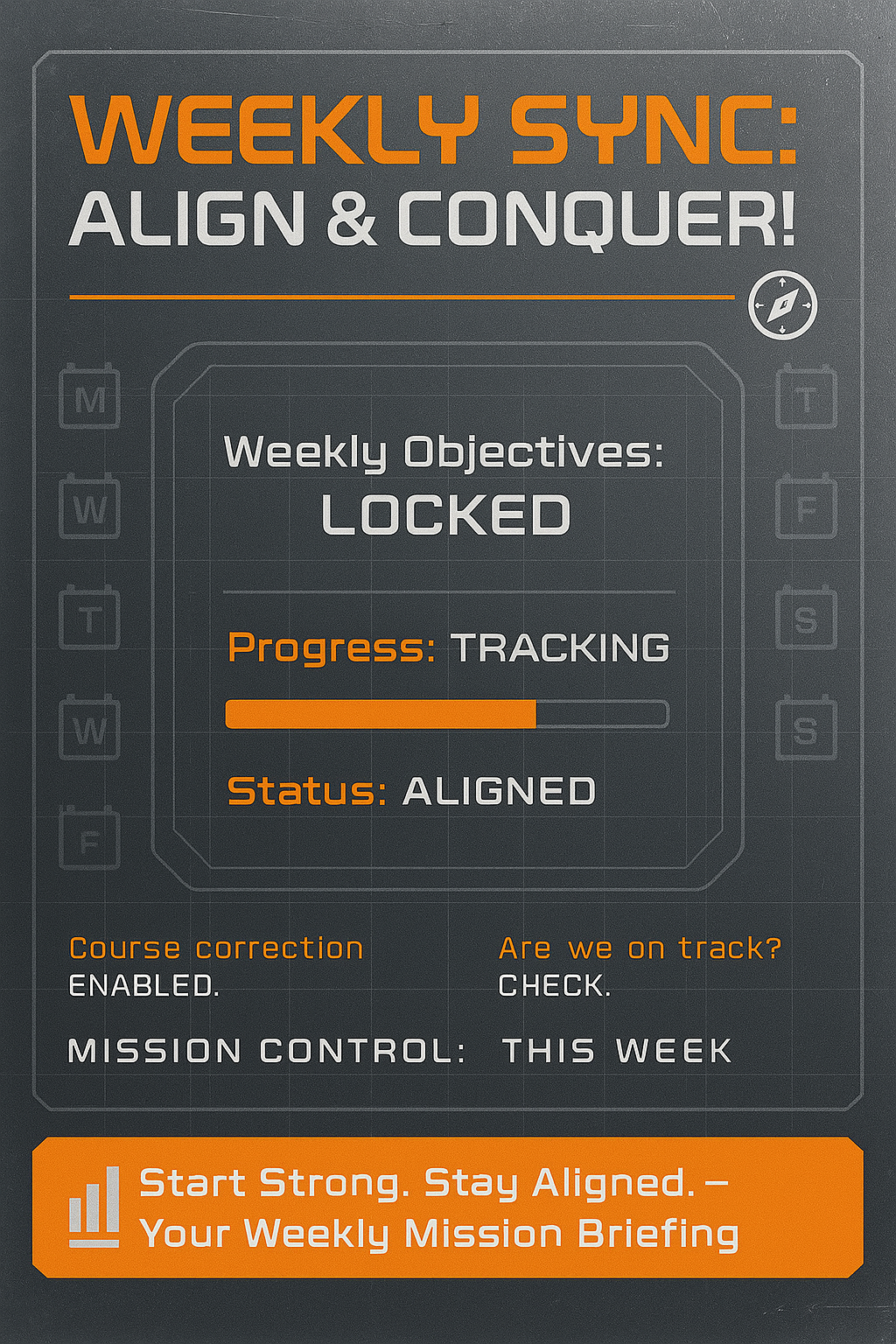
Review Weekly Goals Every Monday
Start each week by reviewing progress on larger goals and setting specific weekly objectives. This ensures consistent alignment and proactive adaptation.
Why This Matters
Weekly reviews provide a crucial checkpoint to assess progress, learn from the previous week, adjust plans based on new information, and maintain momentum towards long-term ambitions. It prevents drifting off course and keeps priorities top-of-mind throughout the week. This habit bridges the gap between daily actions and strategic goals.

Read 1 Industry Article Daily
Dedicate 15-30 minutes to reading relevant articles, news, or research in your field. Stay informed to maintain expertise and spot opportunities.
Why This Matters
Continuous learning is essential in a rapidly changing world to maintain relevance and competitive edge. Staying updated on industry trends, challenges, and innovations allows you to make informed decisions, contribute valuable insights, and identify emerging opportunities or threats. This habit compounds knowledge and credibility over time.
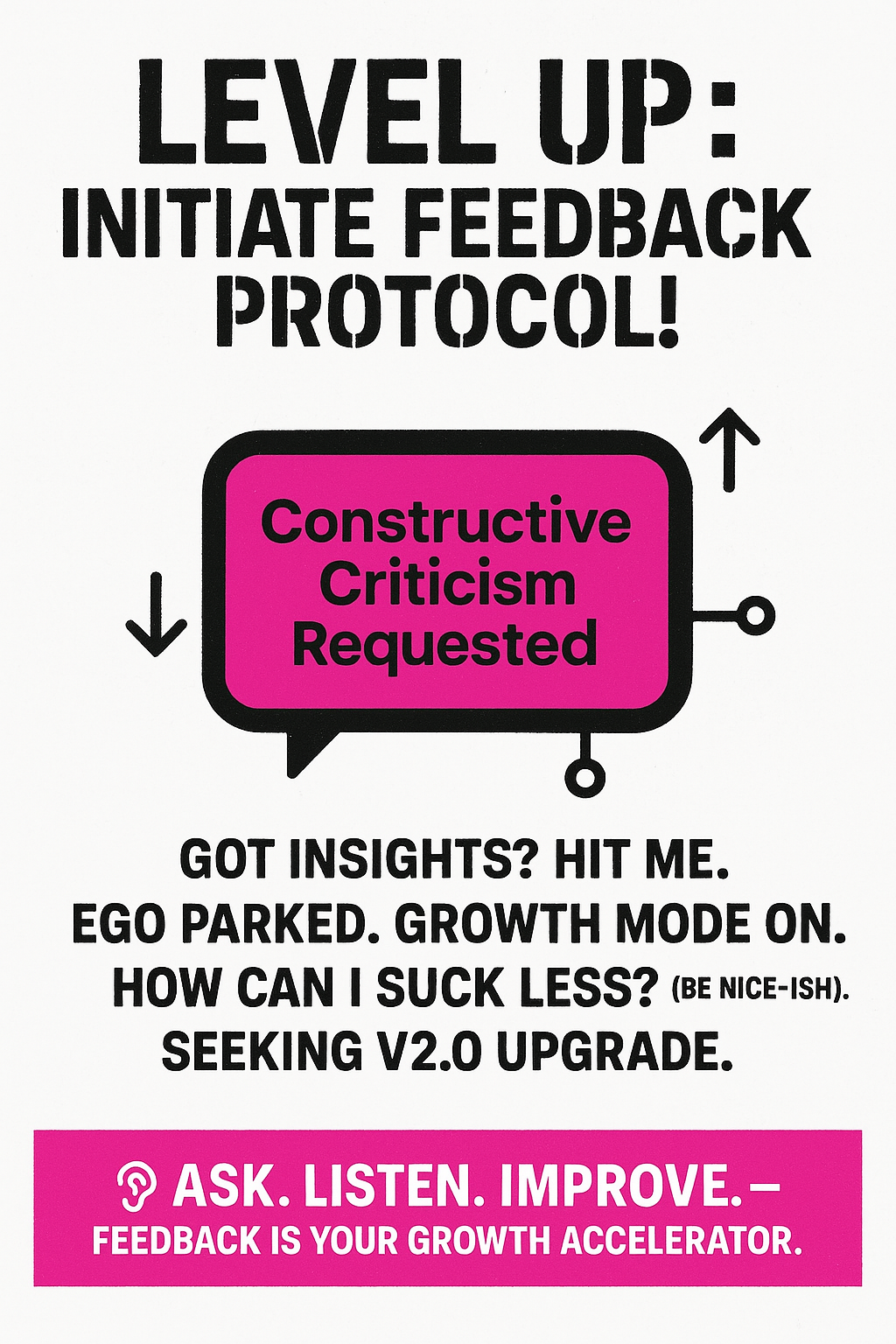
Seek 1 Piece of Feedback Weekly
Actively ask for constructive criticism on your work or performance from a trusted source each week. Embrace feedback as a catalyst for improvement.
Why This Matters
We often have blind spots regarding our own performance; external feedback provides crucial data for identifying areas for growth and improvement. Actively seeking it demonstrates humility and a commitment to excellence, accelerating skill development and improving outcomes much faster than self-assessment alone. This habit helps calibrate your self-perception with reality.
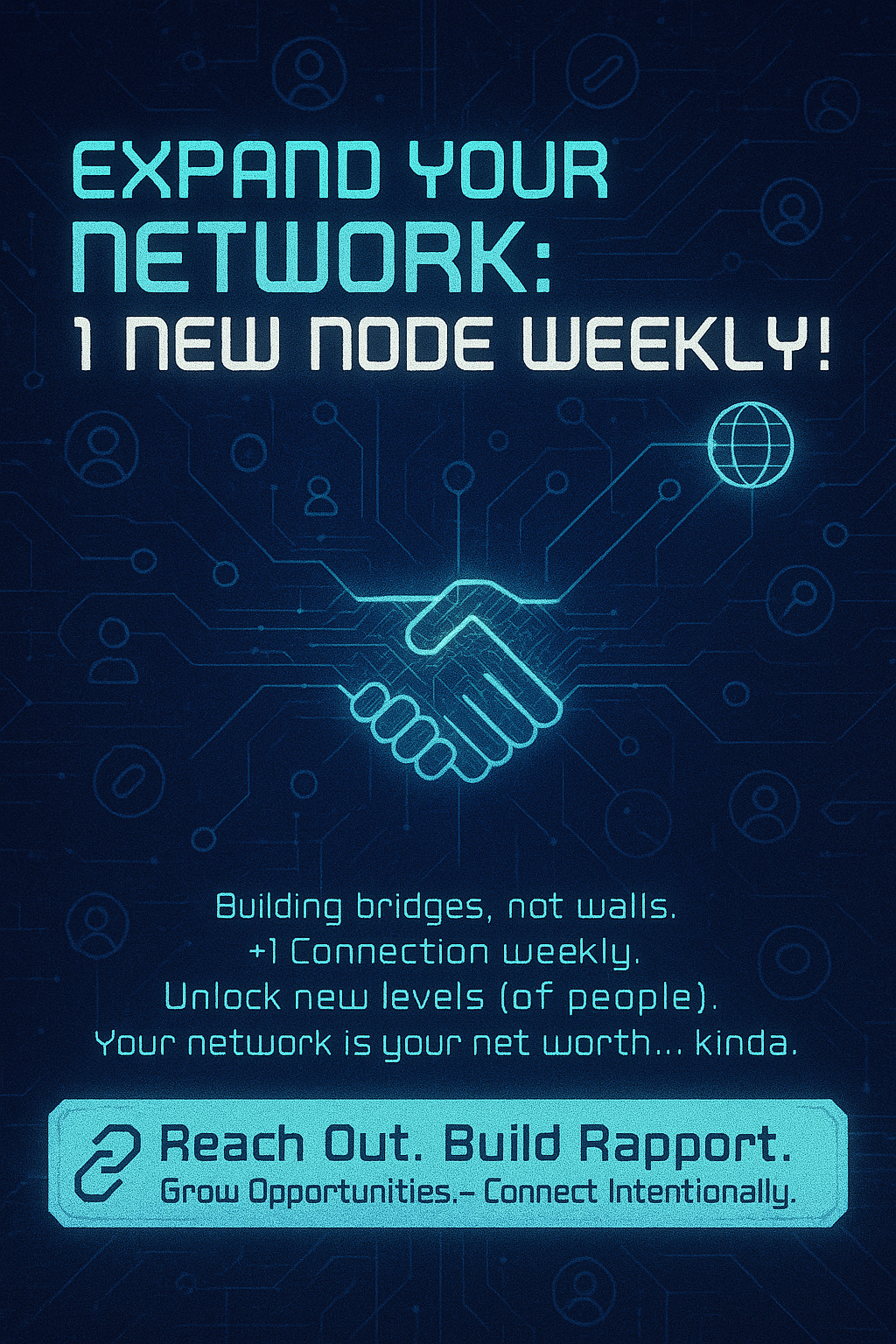
Connect with 1 New Person Weekly
Intentionally reach out or introduce yourself to one new professional contact each week. Build your network proactively to expand opportunities and perspectives.
Why This Matters
Success is often influenced by the breadth and strength of your network; opportunities, insights, and collaborations frequently arise through connections. Proactively expanding your network increases access to diverse information, resources, potential mentors, clients, or partners. This habit systematically invests in future possibilities and serendipity.
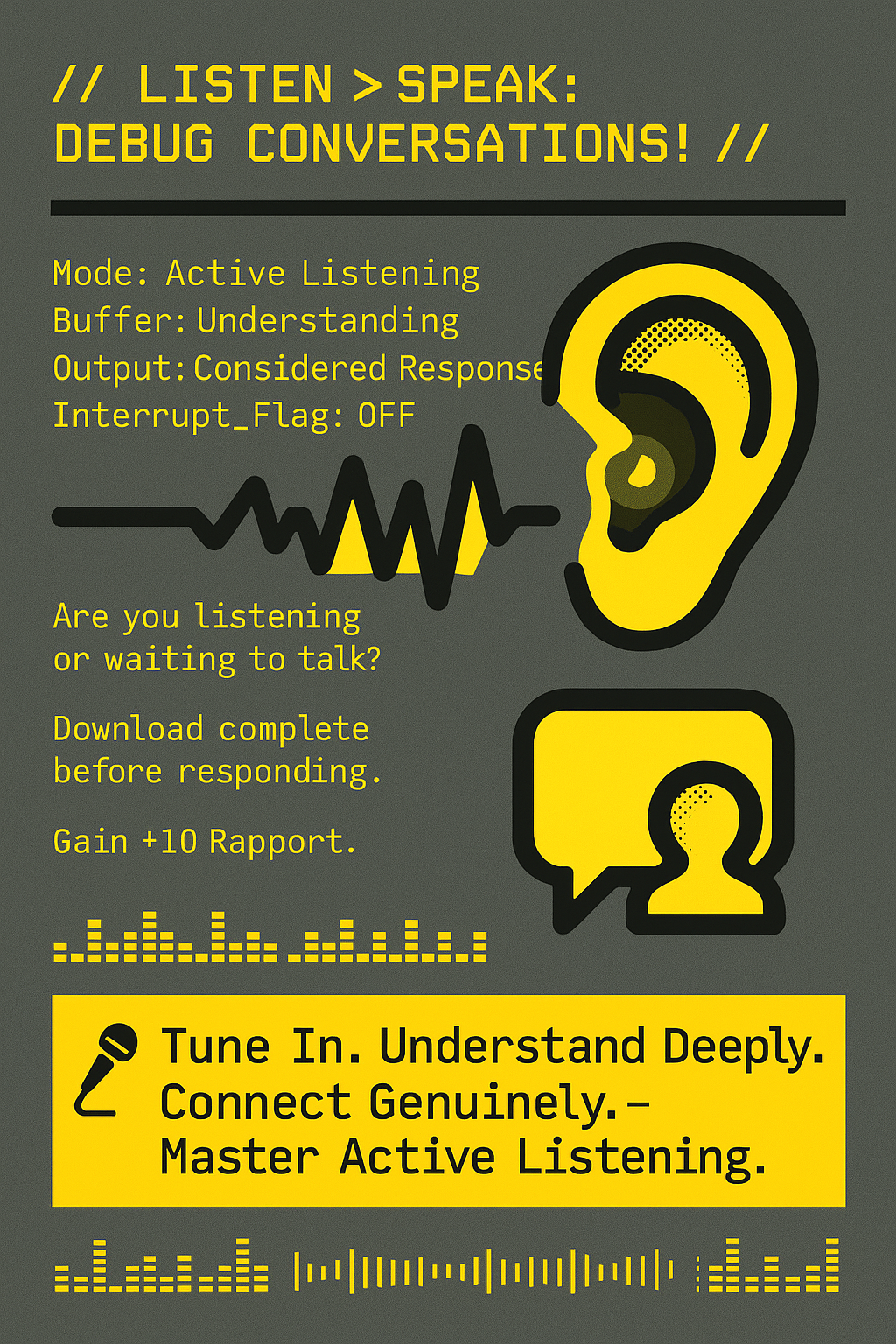
Practice Active Listening Always
Fully concentrate, understand, respond, and remember what is being said in conversations. Listen more than you speak to build rapport and gain deeper understanding.
Why This Matters
Active listening builds trust, improves communication clarity, reduces costly misunderstandings, and uncovers deeper insights, needs, or unspoken concerns. It's a fundamental skill for effective leadership, collaboration, negotiation, sales, and relationship building. Mastering this enhances influence and effectiveness in virtually all interactions.
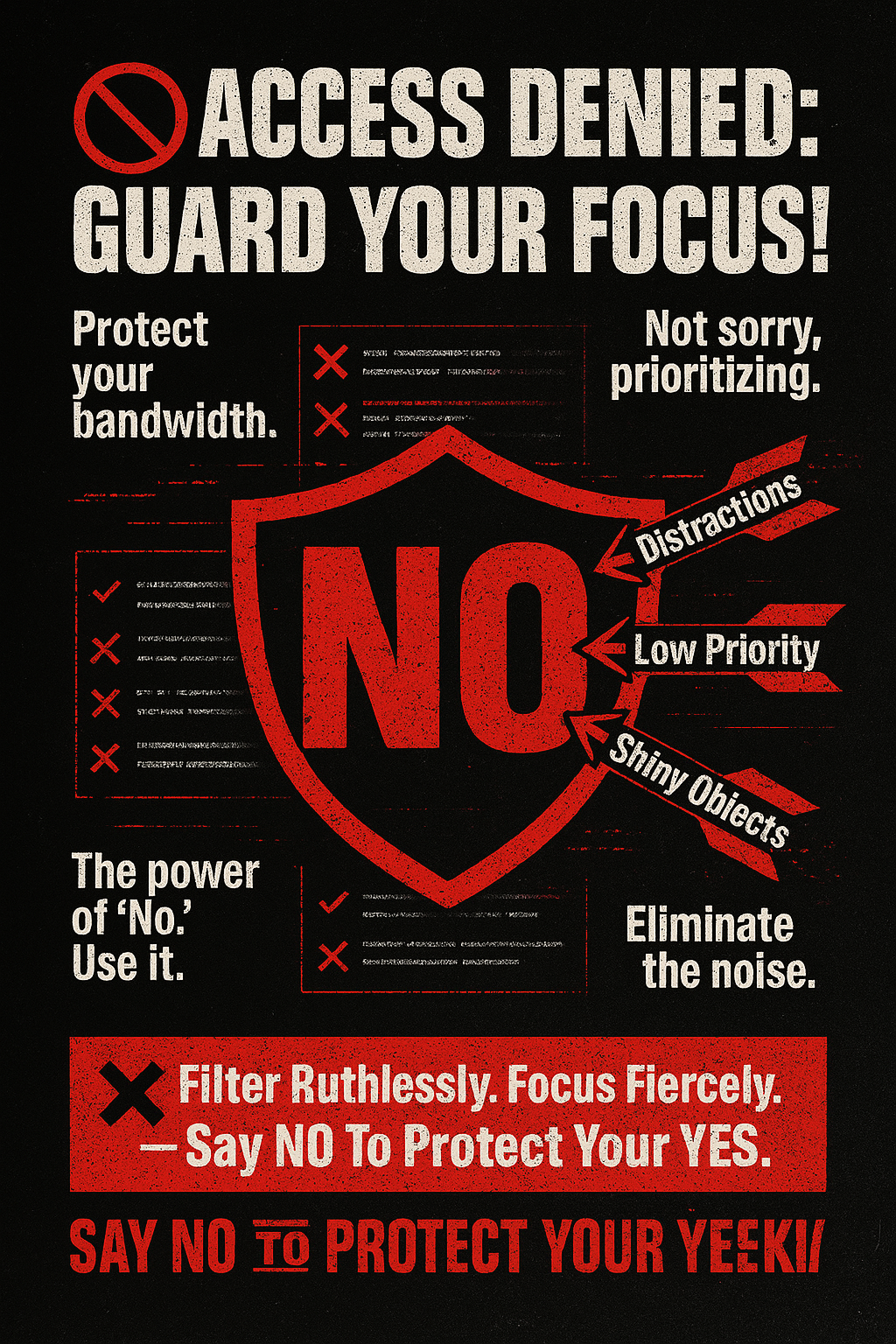
Say No To Non-Essentials Weekly
Decline at least one request or opportunity per week that doesn't align with your core priorities or values. Protect your focus by eliminating the trivial many.
Why This Matters
True success requires focusing finite resources (time, energy, attention) on the vital few opportunities, which necessitates strategically saying no to distractions and lower-priority tasks. This habit creates essential space for deep work and prevents overcommitment, burnout, and dilution of effort. It's about strategic allocation of your most valuable asset: your focus.
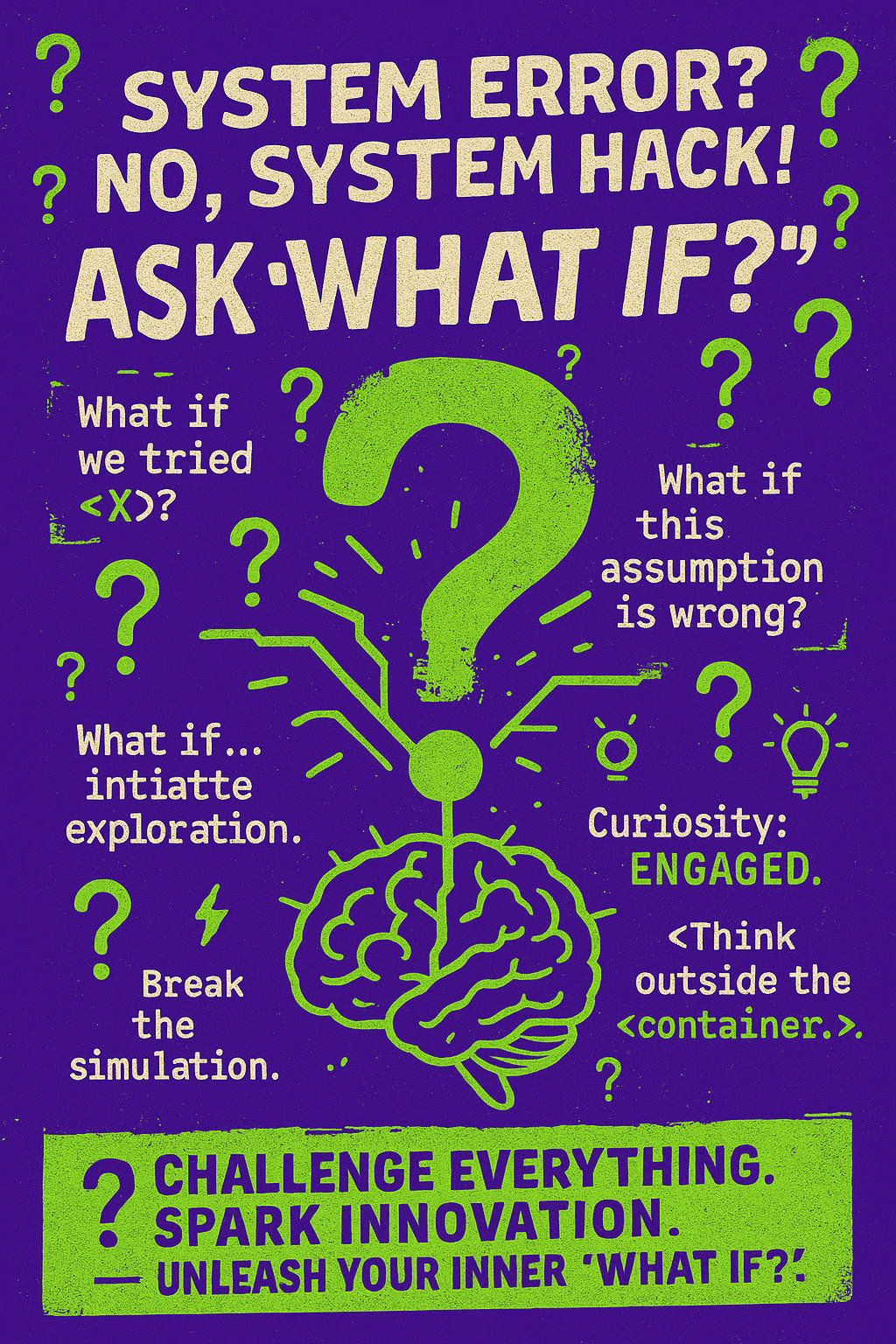
Ask 'What If?' Questions Daily
Challenge assumptions and explore possibilities by asking 'What if...?' questions related to your work or goals. Cultivate curiosity and foster innovative thinking.
Why This Matters
Breakthroughs often come from questioning the status quo and exploring unconventional ideas or perspectives. Regularly asking 'What if?' stimulates creativity, uncovers hidden opportunities, reveals unexamined risks, and encourages proactive problem-solving. This habit trains your brain to think differently and find innovative paths to success.
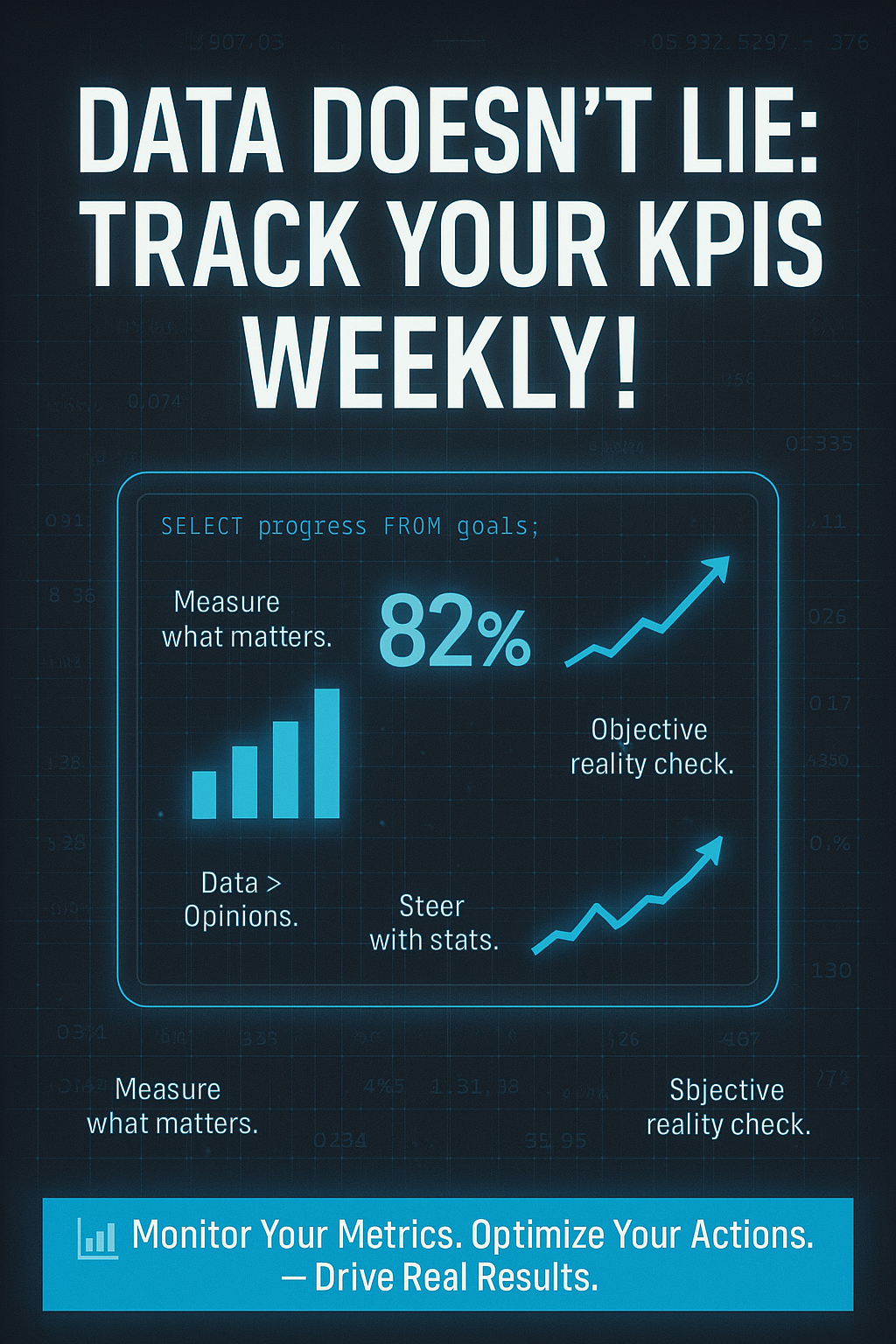
Track Key Performance Metrics Weekly
Identify and consistently track 1-3 key metrics that directly reflect progress towards your main goals. Use this data to inform decisions and objectively measure impact.
Why This Matters
What gets measured gets managed, improved, and achieved. Tracking key metrics provides objective feedback on performance, highlights positive or negative trends early, and enables data-driven adjustments to strategy and tactics. This ensures efforts are actually producing desired results and allows for timely course correction, maximizing efficiency.
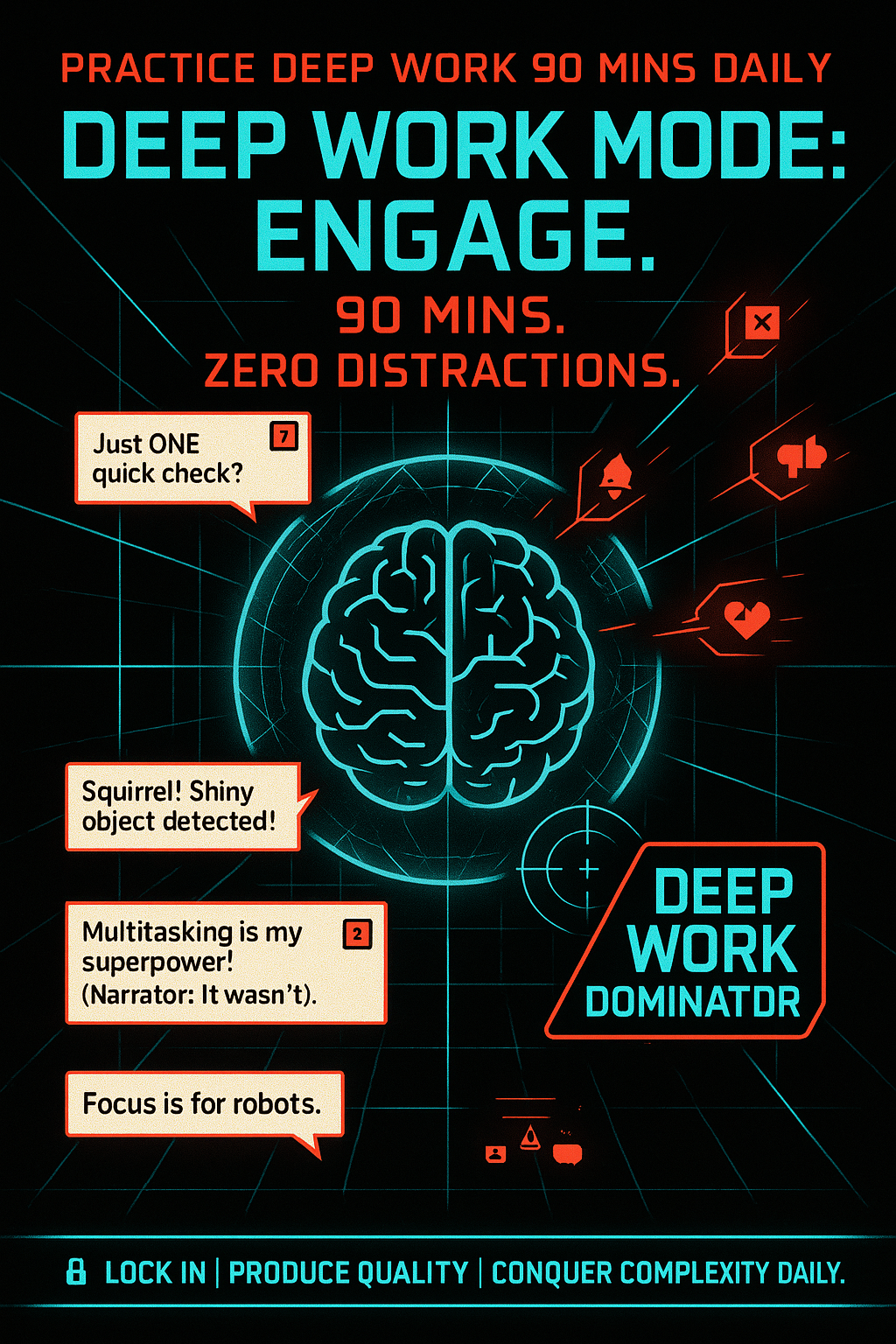
Practice Deep Work 90 Mins Daily
Allocate a distraction-free 90-minute block for cognitively demanding work requiring intense focus. Produce high-quality output by eliminating interruptions.
Why This Matters
Deep work is the ability to focus without distraction on a cognitively demanding task, enabling high-quality production, rapid skill improvement, and complex problem-solving. In an increasingly distracted world, cultivating this ability provides a significant competitive advantage for value creation. This habit builds the mental muscle for sustained concentration and exceptional output.

Learn 1 New Skill Concept Monthly
Dedicate focused time each month to begin acquiring a valuable new skill or understanding a complex concept relevant to your long-term goals. Commit to continuous capability expansion.
Why This Matters
Acquiring new, high-value skills (skill stacking) significantly increases your market value, adaptability, and capacity for innovation. Committing to learning complex concepts pushes cognitive boundaries and opens entirely new avenues for problem-solving and strategic thinking. This habit ensures you don't become obsolete and continuously compound your intellectual capital.

Automate 1 Repetitive Task Monthly
Identify and automate one recurring, low-value task each month using tools, scripts, or process improvements. Free up mental energy and time for higher-impact activities.
Why This Matters
Time and mental energy spent on repetitive, low-value tasks are resources not spent on strategic work, creative problem-solving, or relationship building. Systematically automating these tasks frees up significant cognitive bandwidth and cumulative hours over time, allowing you to focus on activities that generate disproportionately more value. This habit systematically increases your personal leverage and efficiency.
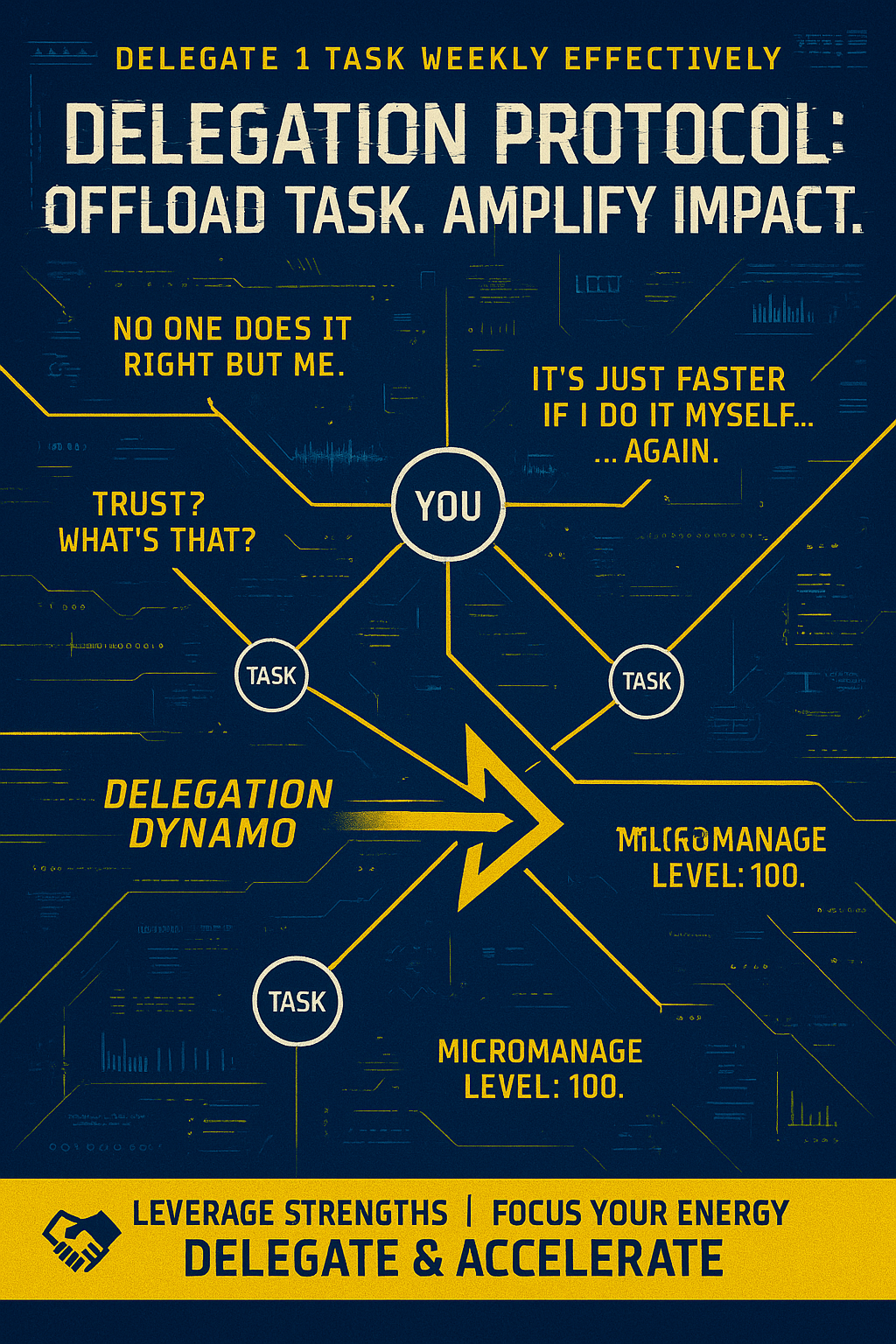
Delegate 1 Task Weekly Effectively
Identify one task that can be done well (or better) by someone else and delegate it clearly and effectively each week. Focus your efforts on your unique contribution.
Why This Matters
Effective delegation is crucial for scaling impact beyond your individual capacity and avoiding becoming a bottleneck. It frees up your time for tasks requiring your unique skills or strategic oversight, develops others' capabilities, and increases overall team or organizational throughput. Mastering delegation is key to leadership and achieving significantly larger goals.

Drink Water Before Coffee
Do drink a full glass of water upon waking to rehydrate your body. Because starting hydrated sets your energy baseline positively.
Why This Matters
Hydration is essential for cognitive function, energy, and overall cellular health after overnight fasting. Prioritizing water before caffeine prevents dehydration exacerbated by diuretics and establishes a mindful health choice first thing. This simple act kickstarts metabolism and supports clearer thinking throughout the morning.
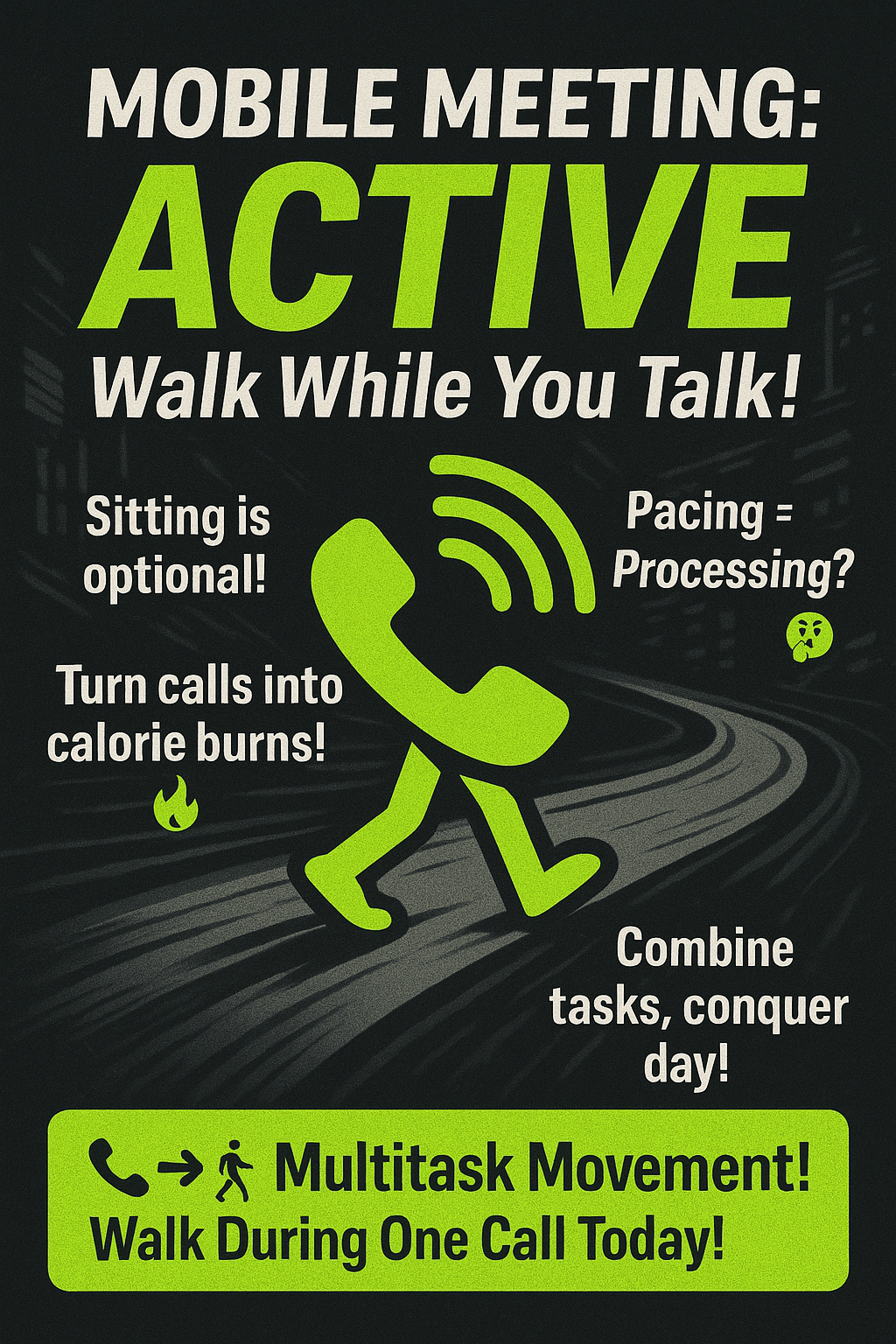
Walk During One Call
Do take one phone call while walking (indoors or outdoors) to integrate movement. Because combining tasks makes activity easier to achieve.
Why This Matters
Sedentary behavior is linked to numerous health risks. Integrating light physical activity like walking into existing routines, such as phone calls, combats inactivity without requiring large blocks of dedicated time. This boosts circulation, can improve focus during the call, and contributes incrementally to daily step goals.
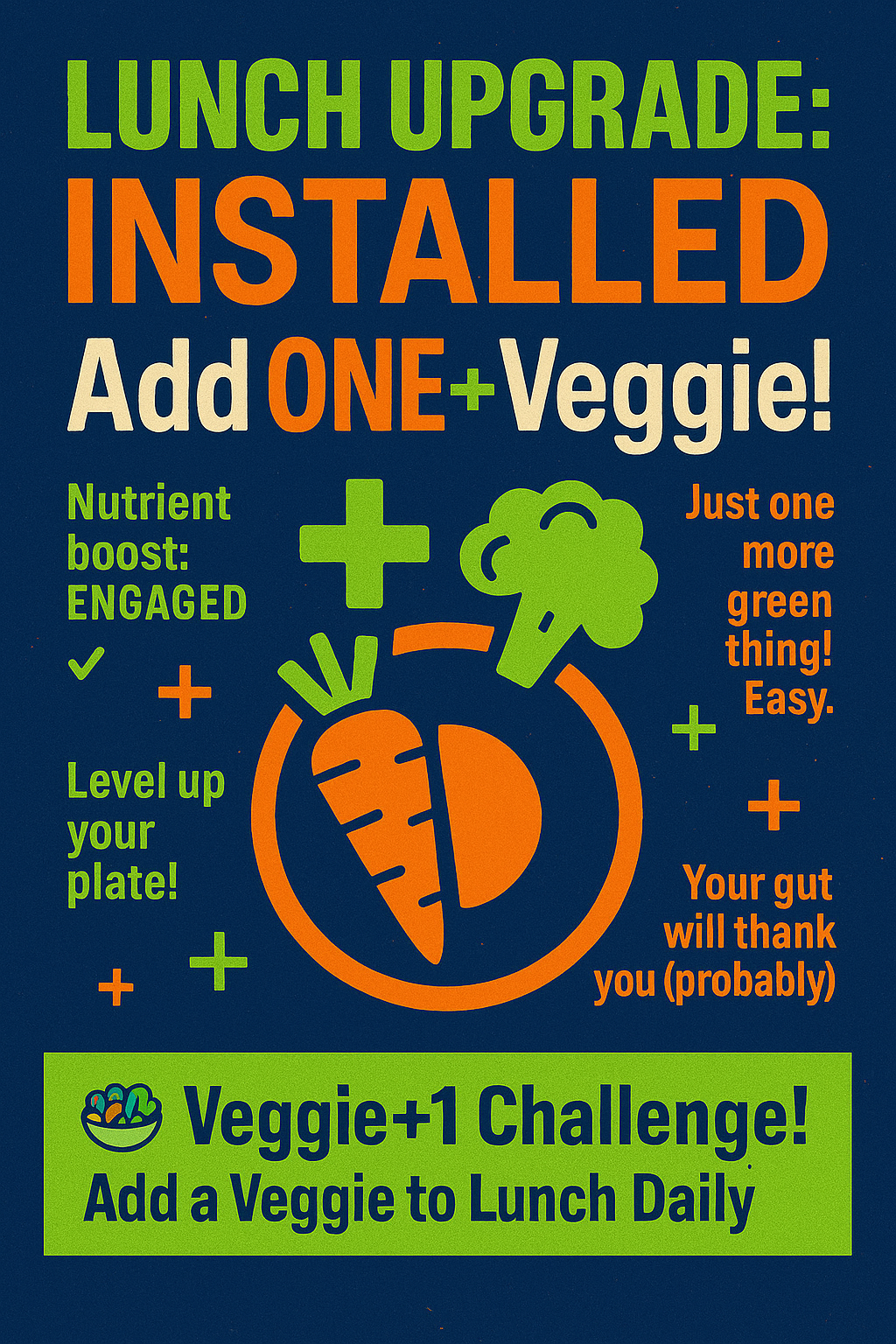
Add One Veggie Lunch
Do consciously add one extra serving of vegetables to your lunch daily to boost nutrient intake. Because small additions compound for better health.
Why This Matters
Consistently increasing vegetable intake enhances fiber, vitamin, and mineral consumption, crucial for digestion, immunity, and chronic disease prevention. Focusing on adding just one extra serving makes the goal achievable and less overwhelming than a complete diet overhaul. This habit gradually shifts dietary patterns towards healthier choices.
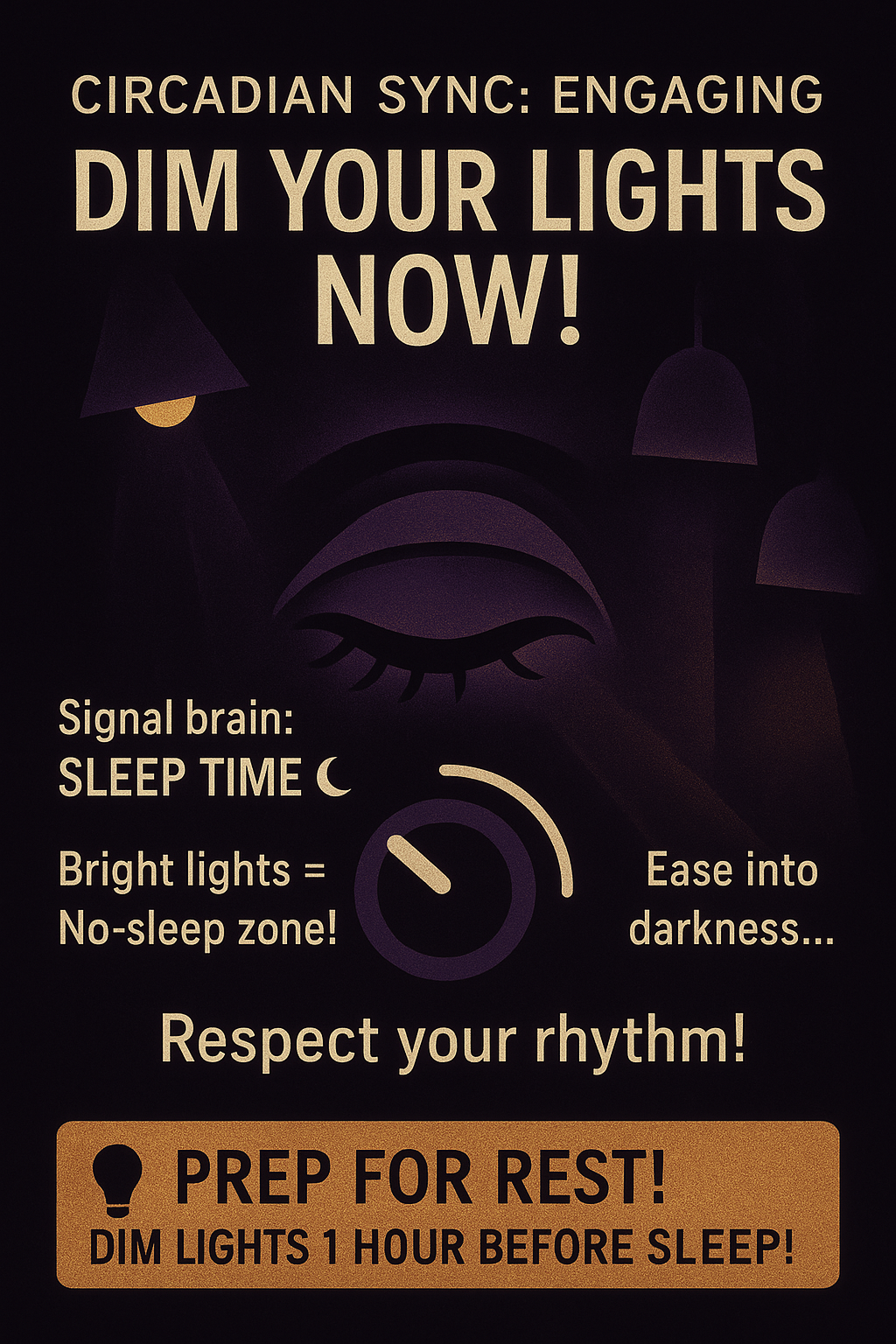
Dim Lights Before Bed
Do dim house lights 1 hour before sleep to signal relaxation to your brain. Because light exposure significantly impacts your circadian rhythm.
Why This Matters
Exposure to bright light, especially blue light, suppresses melatonin production, the hormone essential for regulating sleep. Dimming lights creates an environment conducive to winding down, signaling to your body that it's time to prepare for rest. This improves sleep onset latency and overall sleep quality.
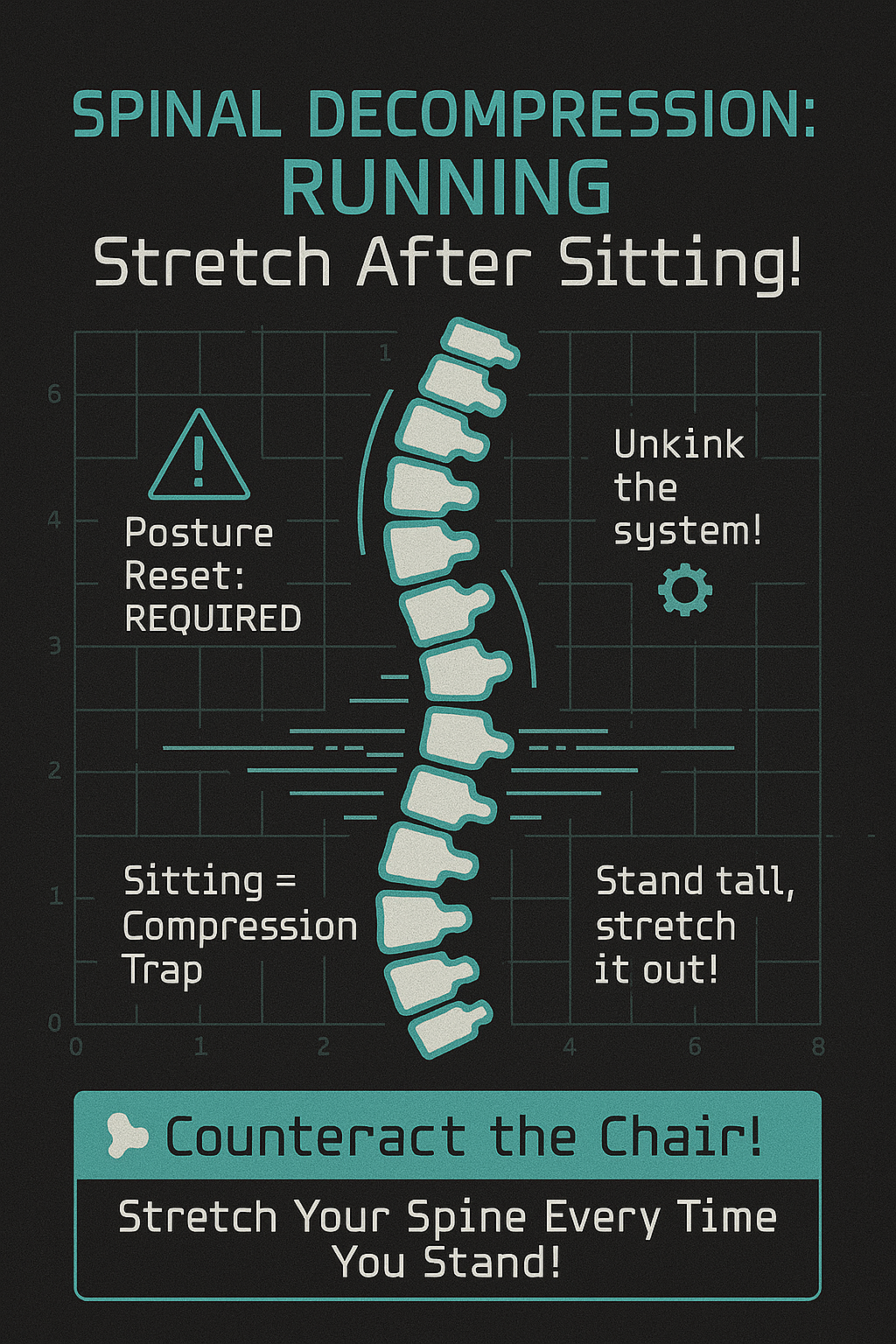
Stretch Spine After Sitting
Do perform a simple spinal stretch every time you stand up after prolonged sitting to alleviate tension. Because counteracting postural stress prevents chronic pain.
Why This Matters
Prolonged sitting leads to stiffness and compression in the spine and surrounding muscles. Regular, brief stretching helps maintain spinal mobility, improves posture, and reduces the risk of developing back pain. Linking the stretch to the cue of standing makes it an automatic and frequent intervention.
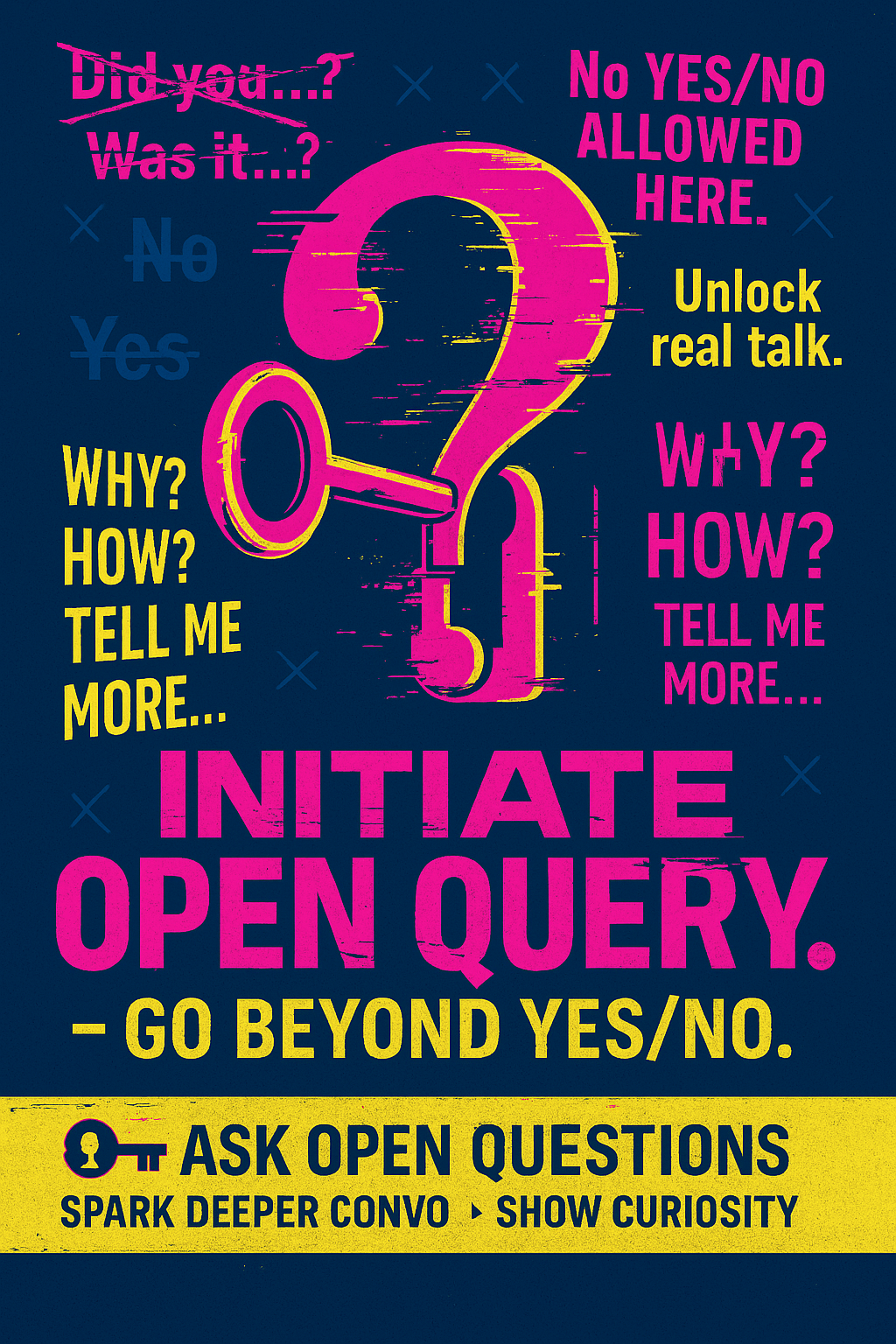
Ask One Open Question
Do ask one open-ended question in a key conversation daily to foster deeper connection. Because curiosity shows genuine interest.
Why This Matters
Open-ended questions (that can't be answered with 'yes' or 'no') encourage thoughtfulness and sharing, moving conversations beyond surface-level exchanges. This practice demonstrates active listening and genuine curiosity about the other person's thoughts and feelings. Consistently doing this builds stronger, more meaningful relationships.
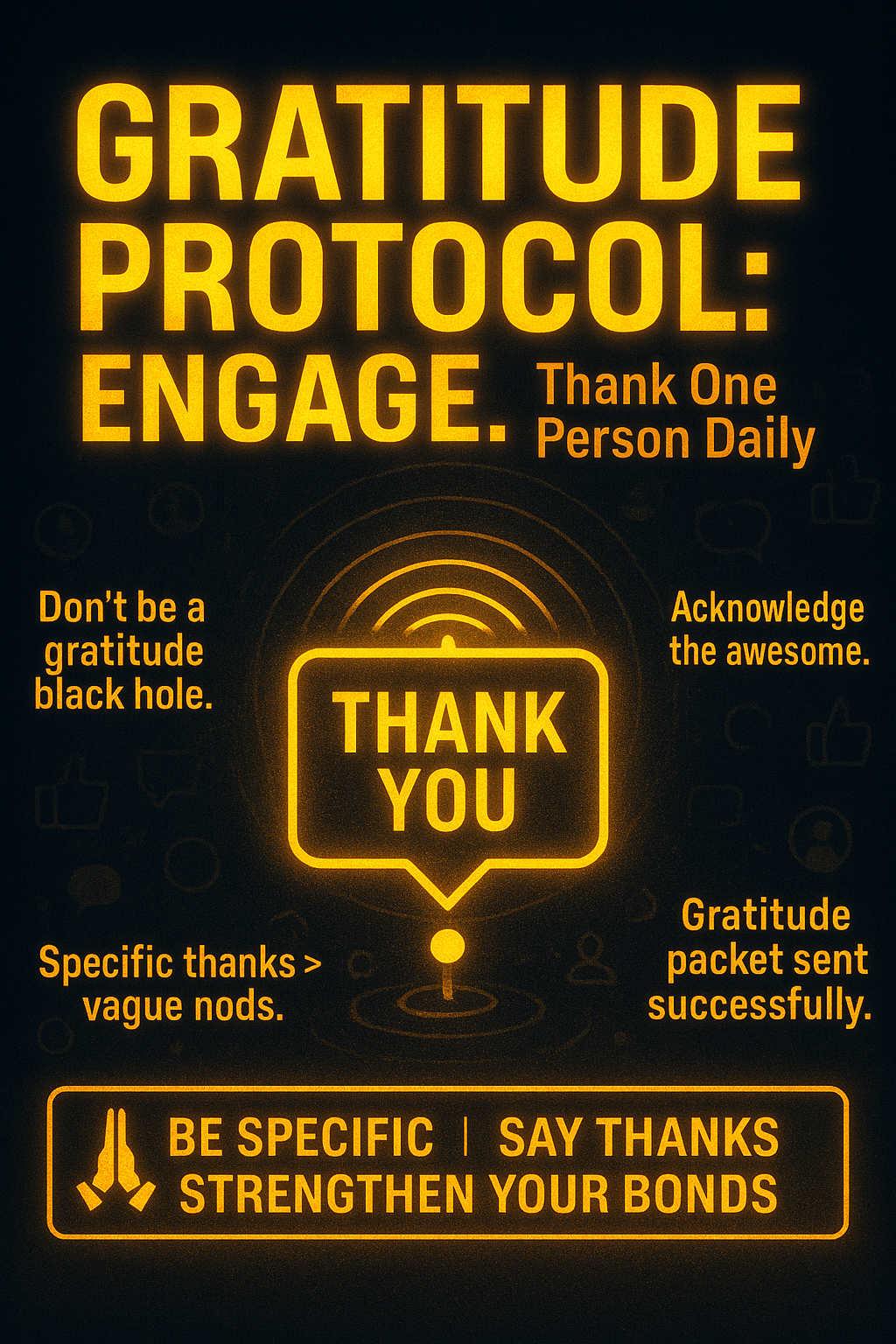
Express Gratitude To One
Do specifically thank one person (verbally or written) each day for something they did or are. Because acknowledging others strengthens bonds.
Why This Matters
Expressing gratitude not only makes the recipient feel valued but also shifts the giver's focus towards positivity and appreciation in the relationship. Making this a deliberate daily act cultivates an environment of mutual respect and kindness. It reinforces positive interactions and deepens emotional connections.
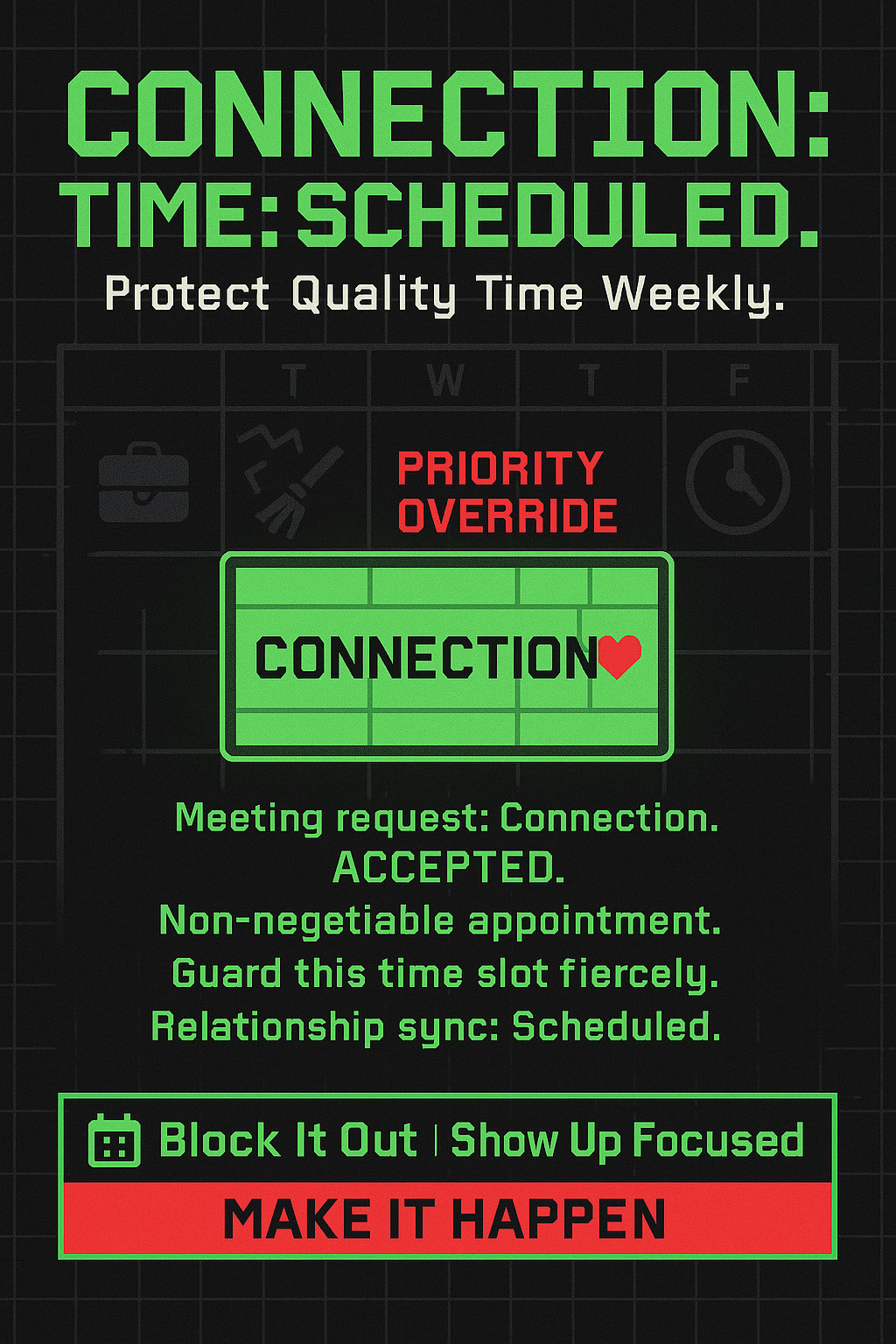
Schedule Weekly Connection Time
Do block out dedicated time in your schedule each week for focused connection with a loved one. Because intentional time protects relationship quality.
Why This Matters
In busy lives, quality time often gets squeezed out unless intentionally scheduled. Designating a specific, recurring slot for connection (e.g., date night, family game time, deep chat) ensures the relationship remains a priority. This predictability fosters security and provides consistent opportunities for bonding.
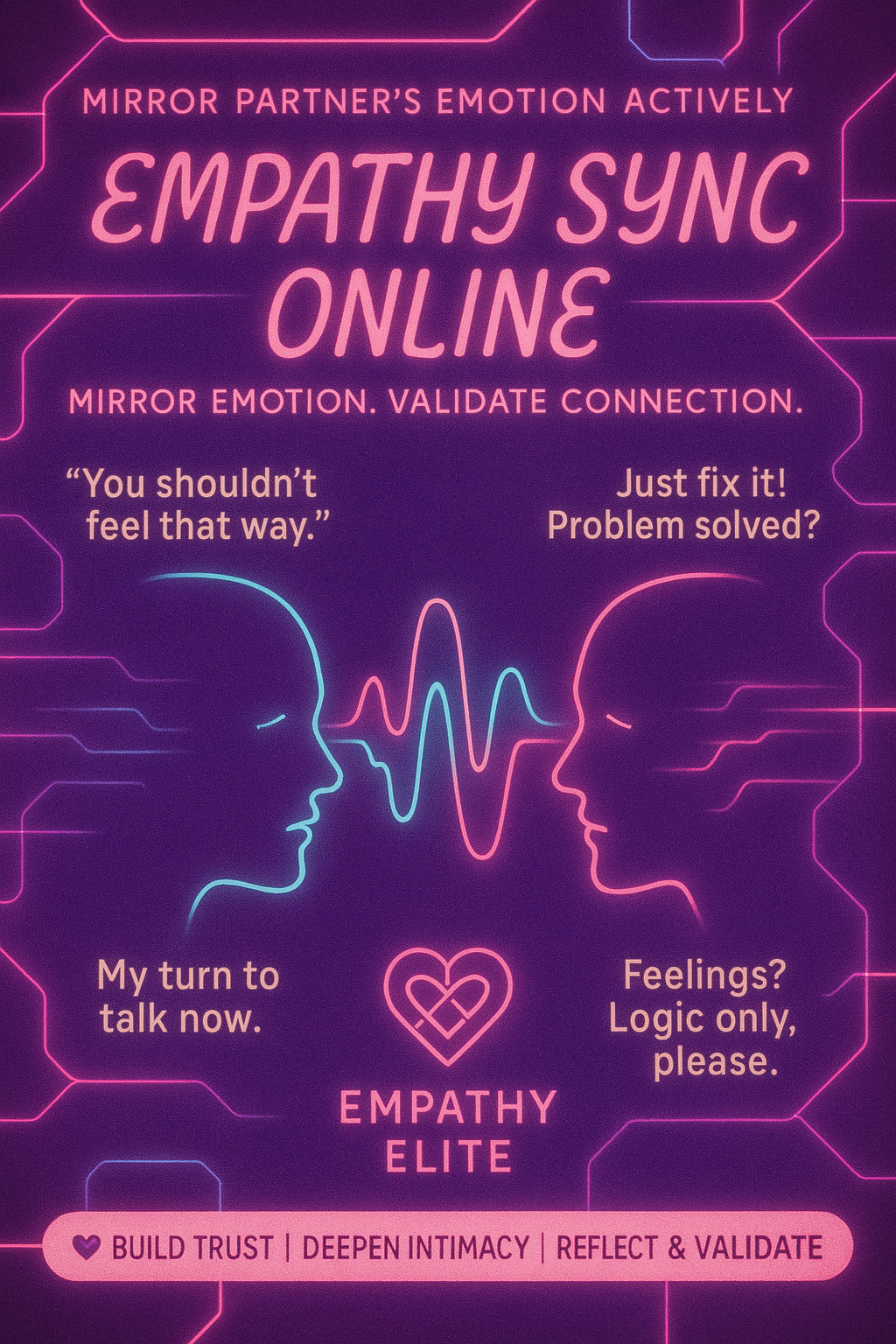
Mirror Partner's Emotion Actively
Do reflect back the emotion you perceive your partner expressing ('It sounds like you feel frustrated') to validate their feelings. Because validation builds trust and intimacy.
Why This Matters
Emotional validation involves acknowledging and accepting another person's feelings without judgment. Mirroring their emotion shows you are truly listening and attempting to understand their experience. This de-escalates conflict, builds profound trust, and makes the speaker feel heard and supported.
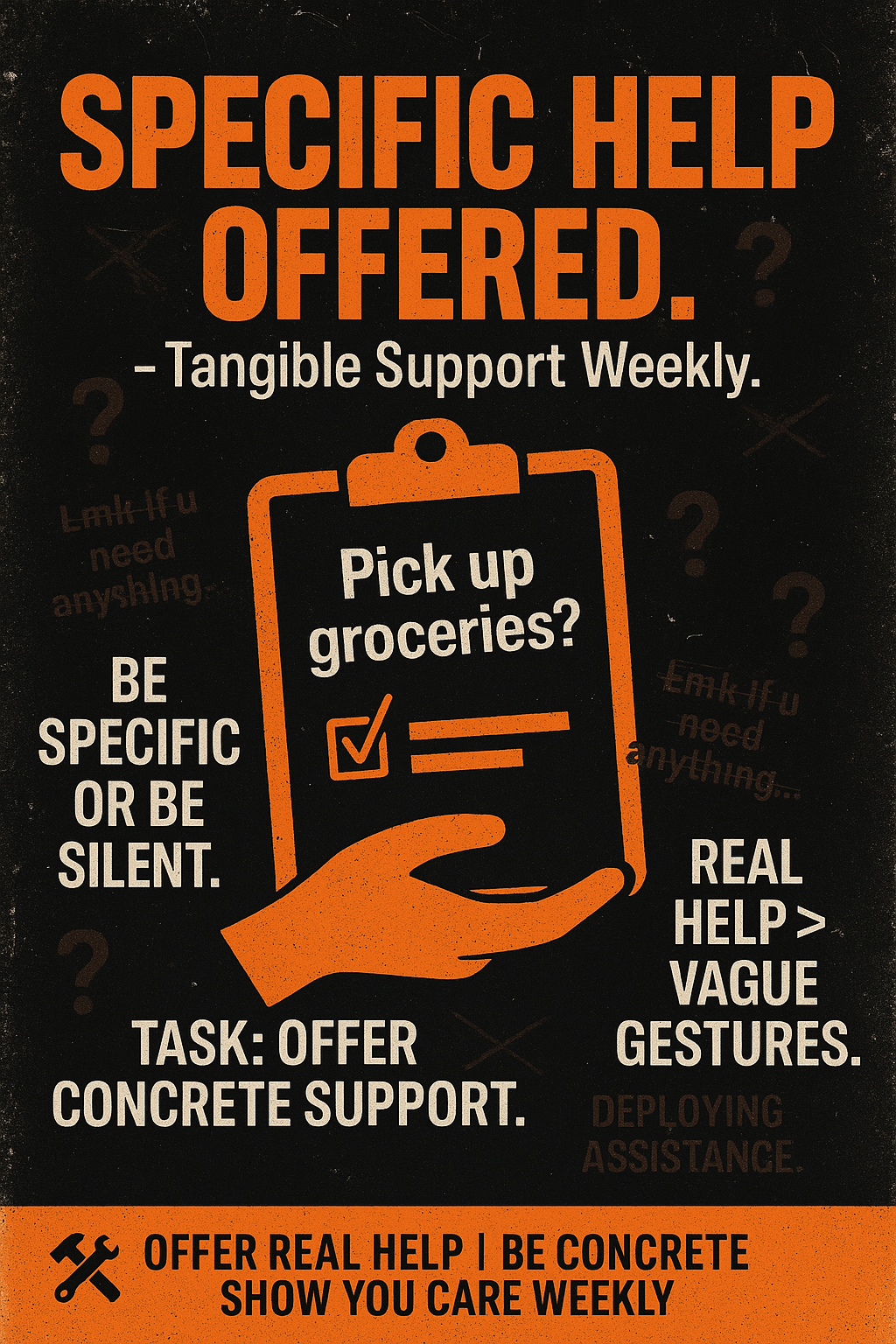
Offer Specific Help Weekly
Do offer concrete, specific help ('Can I pick up groceries for you?') to someone you care about weekly. Because tangible support shows reliability.
Why This Matters
Vague offers like 'Let me know if you need anything' often go unanswered. Offering specific, actionable help demonstrates genuine willingness to support and removes the burden from the recipient to ask. Consistently providing tangible support strengthens relationships by showing care through deeds, not just words.
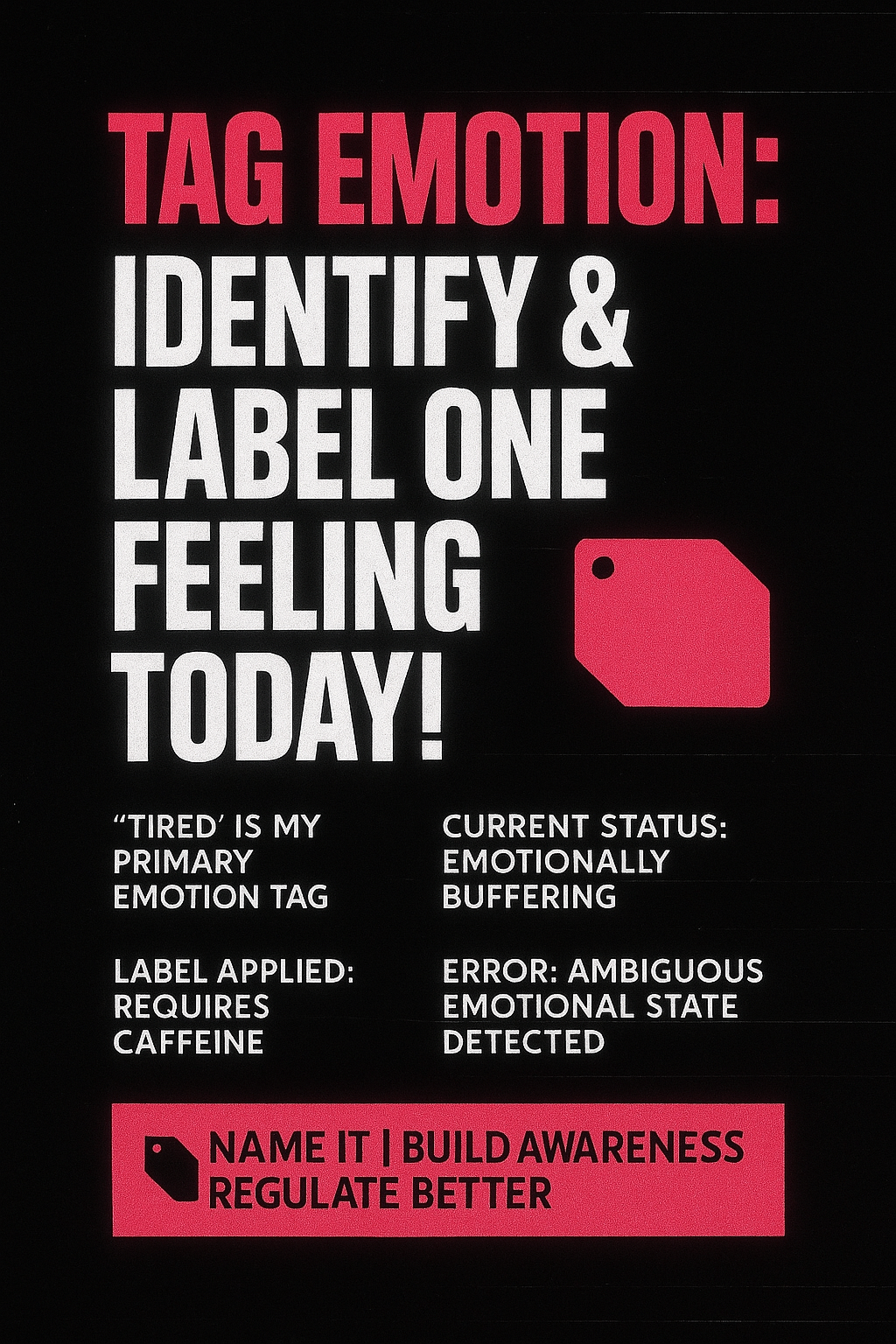
Label One Emotion Felt
Do pause once daily to identify and name one specific emotion you are feeling. Because emotional awareness is the first step to regulation.
Why This Matters
Simply naming an emotion ('I feel anxious,' 'I feel content') can reduce its intensity and increase self-understanding. This practice, known as affect labeling, builds emotional granularity, allowing for more nuanced responses rather than being overwhelmed. It's foundational for emotional intelligence and self-regulation.
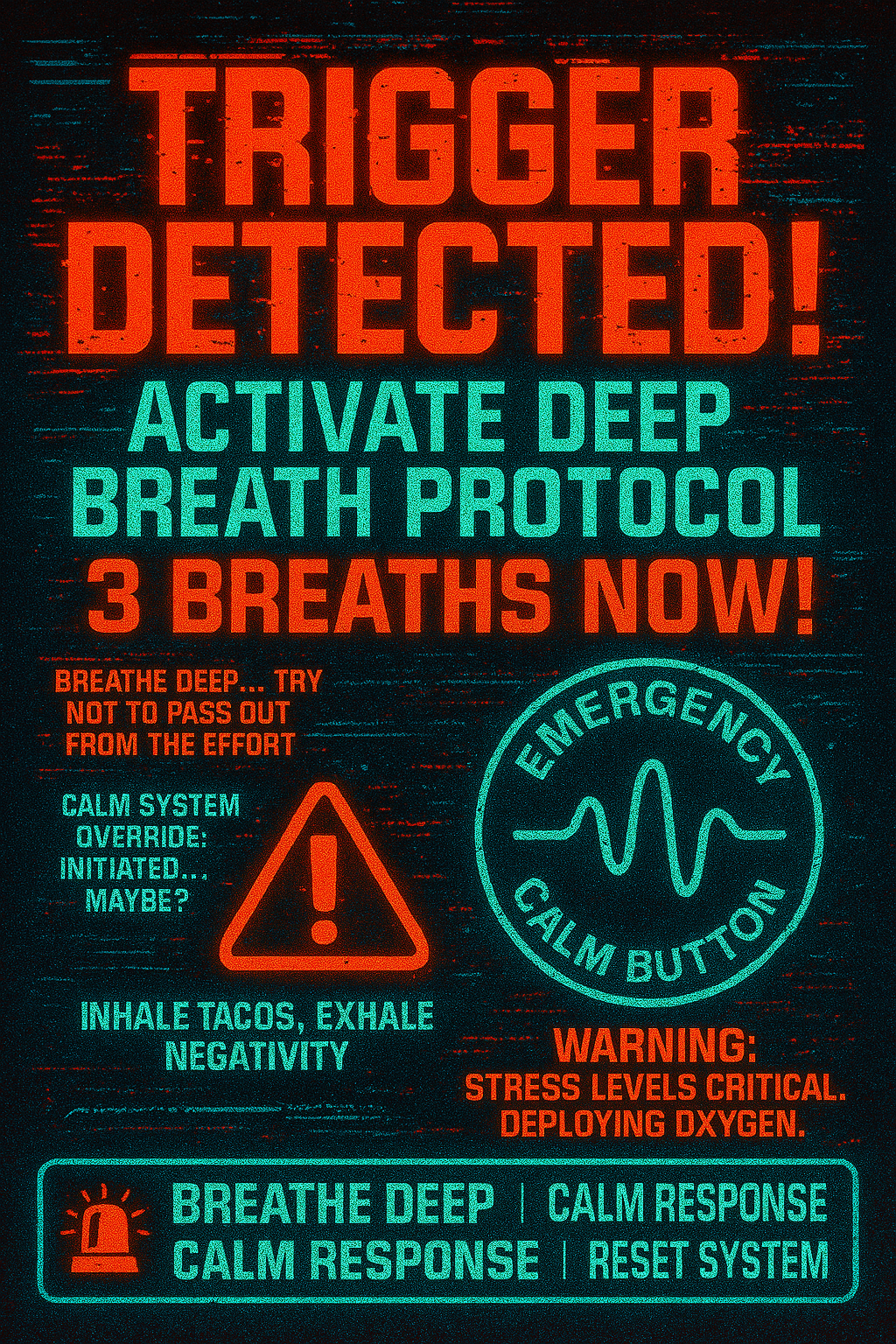
Breathe Deep When Triggered
Do take 3 slow, deep breaths immediately when you notice a stress trigger (e.g., frustrating email). Because deep breathing calms the nervous system.
Why This Matters
Stress triggers activate the sympathetic nervous system ('fight or flight'). Slow, deep breathing activates the parasympathetic nervous system ('rest and digest'), counteracting the stress response. This simple, immediate technique creates space between stimulus and reaction, allowing for more thoughtful responses.
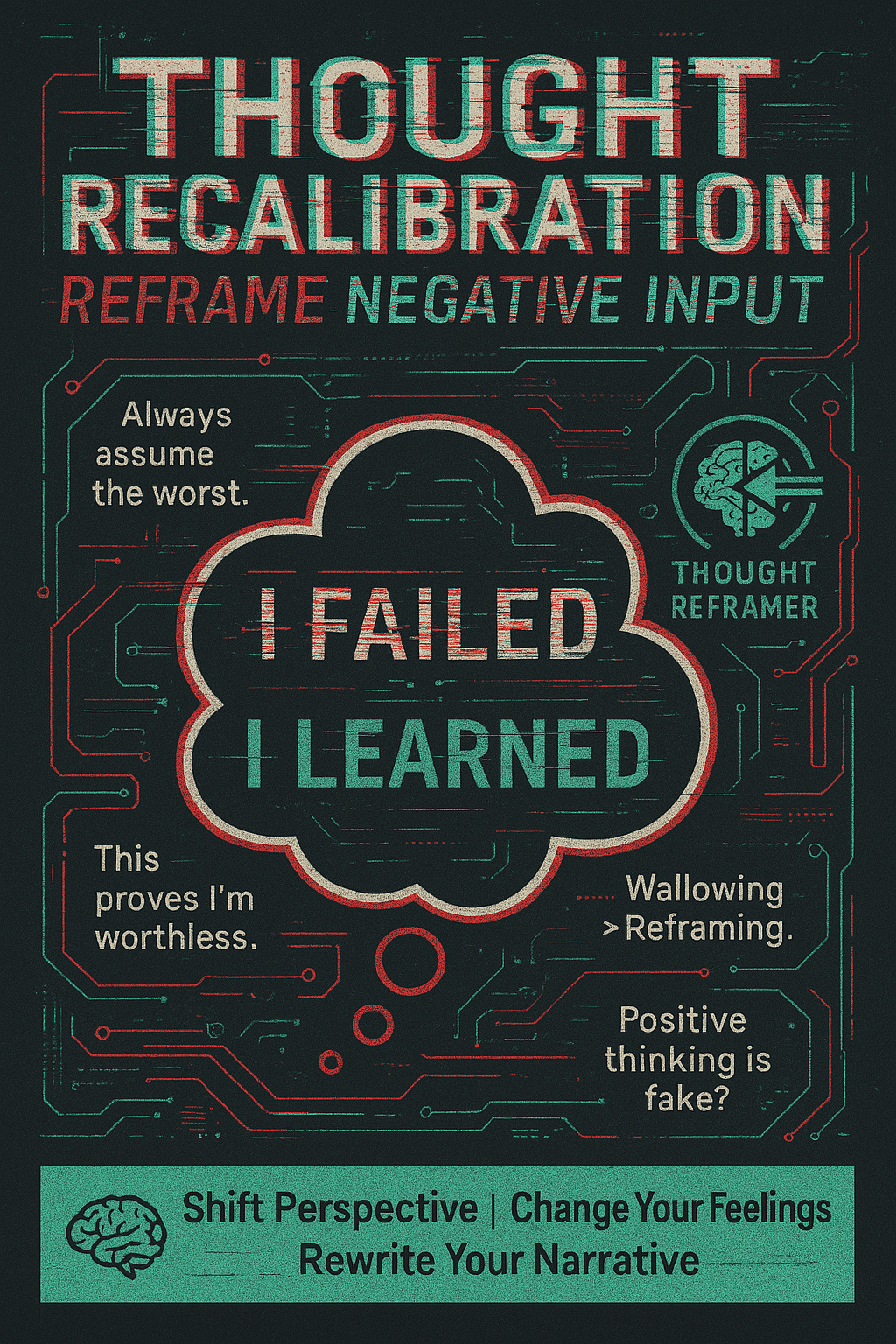
Reframe One Negative Thought
Do identify one recurring negative thought and actively reframe it into a more balanced or positive perspective. Because changing thought patterns changes feelings.
Why This Matters
Cognitive reframing is a core technique in managing mood and anxiety. It involves challenging distorted or unhelpful thoughts and replacing them with more realistic and constructive ones. Consistently practicing this retrains the brain to default towards healthier perspectives, improving resilience.
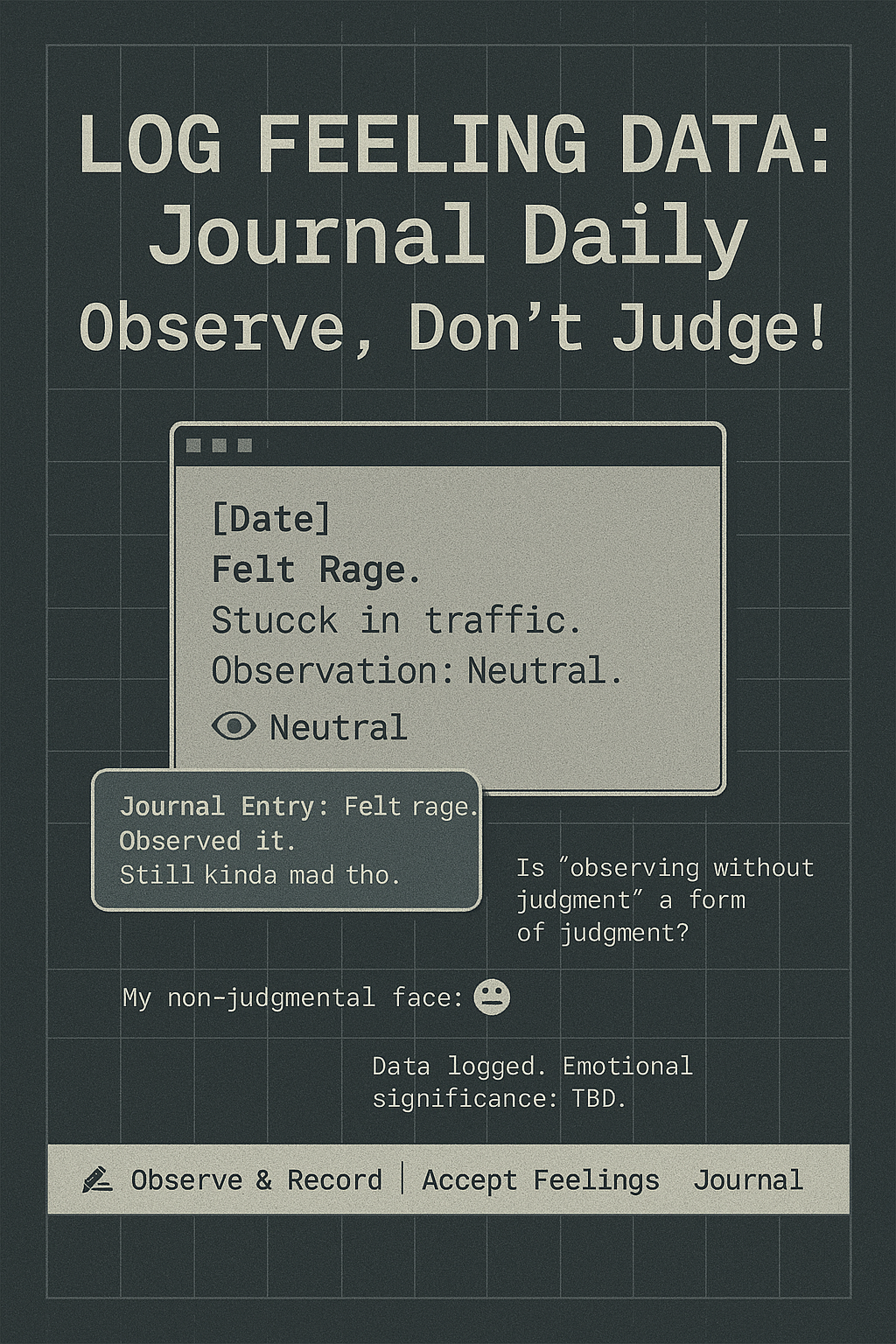
Journal Feeling Without Judgment
Do write down one feeling and the situation around it daily, observing it without judgment. Because acceptance precedes change.
Why This Matters
Expressive writing about emotions helps process them effectively. The key is non-judgmental observation – simply acknowledging the feeling exists without labeling it 'good' or 'bad'. This fosters self-compassion and provides clarity on emotional triggers and patterns.
Sit Silently 3 Minutes
Do sit in silence, doing nothing, for 3 minutes each day to cultivate presence. Because stillness allows your mind to settle.
Why This Matters
In a constantly stimulating world, deliberately choosing short periods of silence and stillness helps calm the mind and reduce mental clutter. It's a simple form of mindfulness that requires no special technique, just being present. This practice improves focus and reduces reactivity over time.
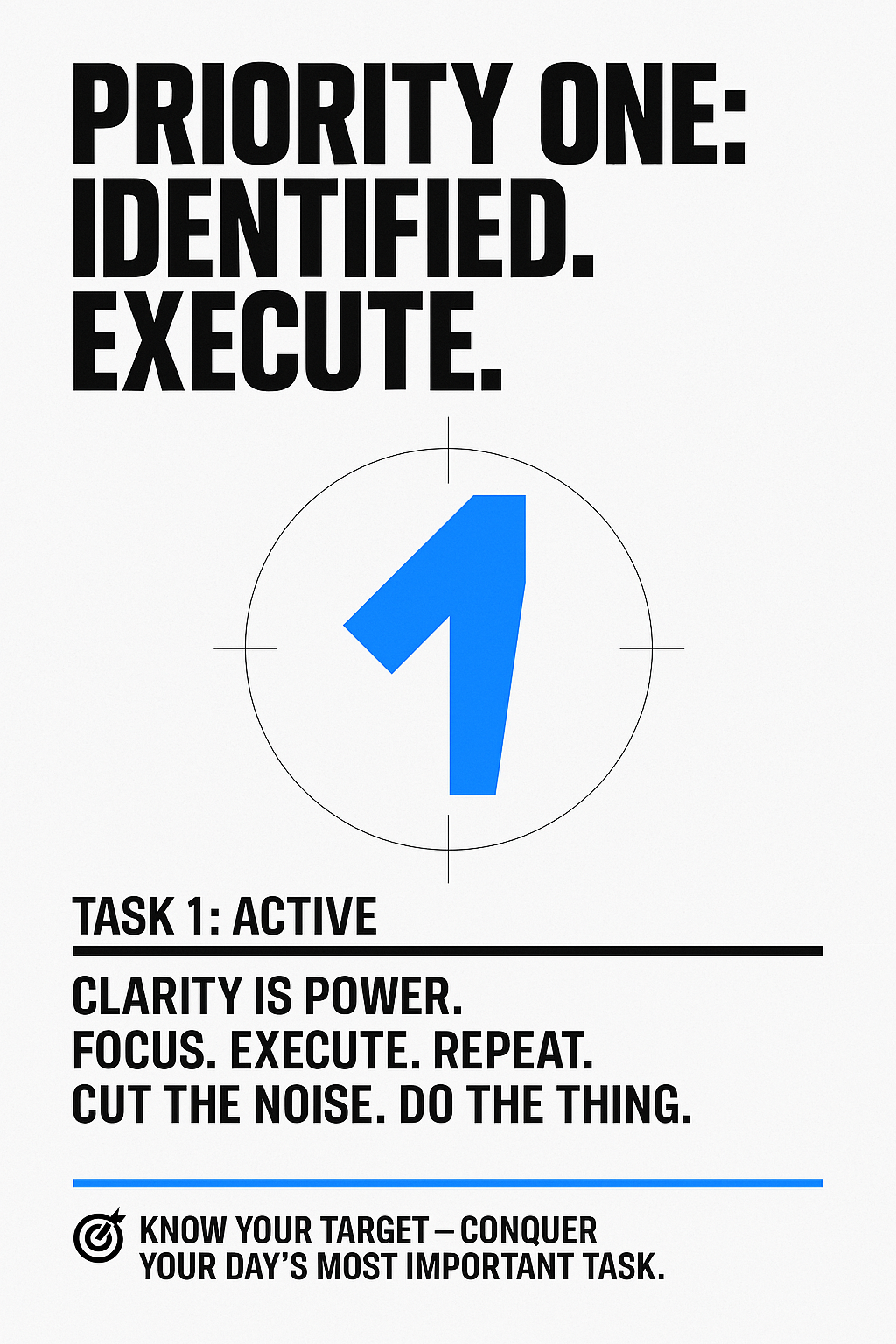
Define Top 1 Task
Do identify your single most important task (MIT) for the day each morning before starting work. Because clarity on priority drives focus.
Why This Matters
Identifying the highest leverage task prevents getting lost in busywork and ensures progress on what truly matters. This forces prioritization and provides a clear target for focused effort. Completing the MIT builds momentum and a sense of accomplishment.
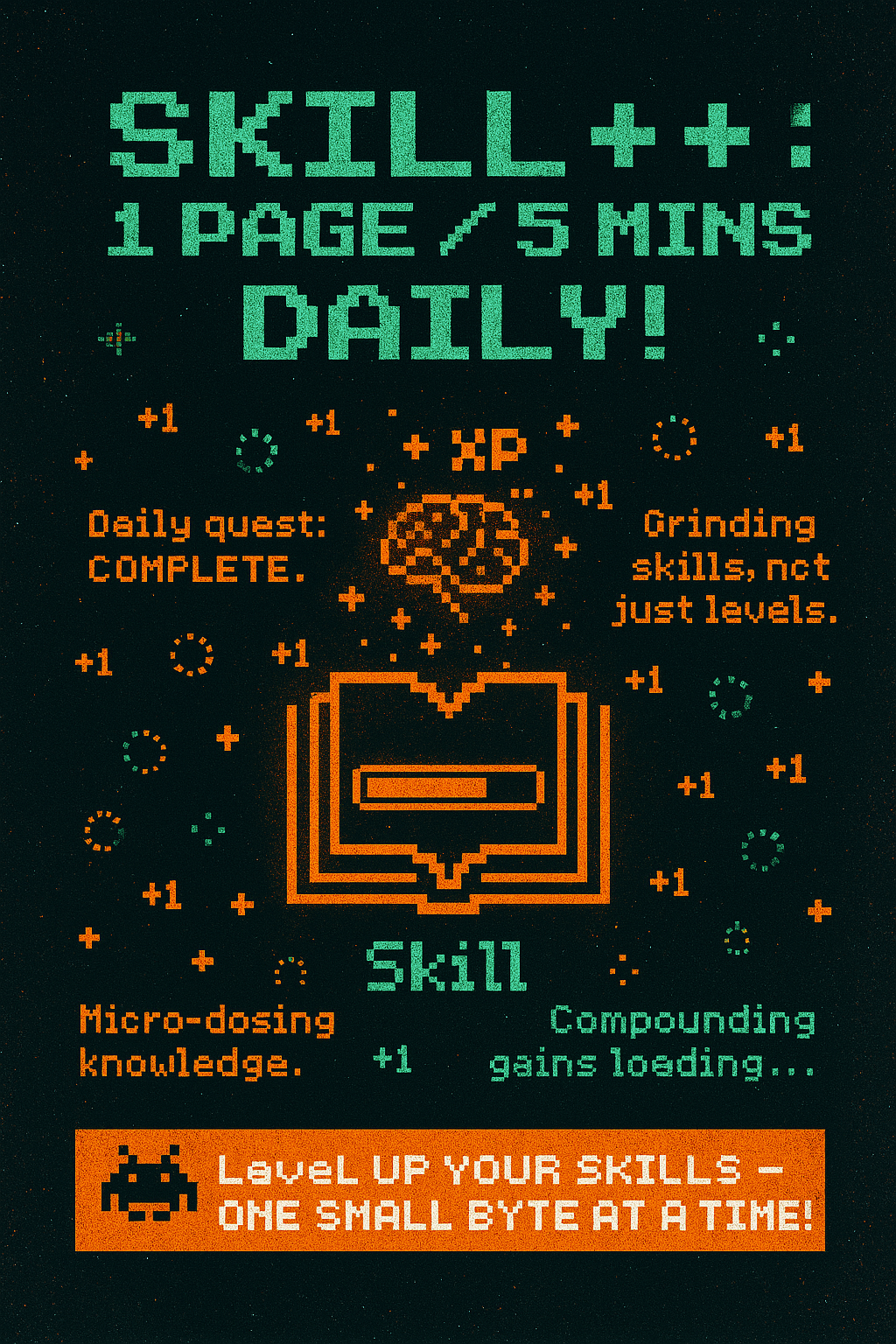
Read 1 Page Skill Goal
Do read just one page (or learn for 5 mins) related to a key skill you want to develop daily. Because consistent micro-learning builds expertise.
Why This Matters
Large learning goals can be intimidating. Breaking them down into tiny daily actions makes consistent progress achievable and sustainable. Even one page or five minutes compounds significantly over time, building knowledge and skill without requiring huge time commitments.
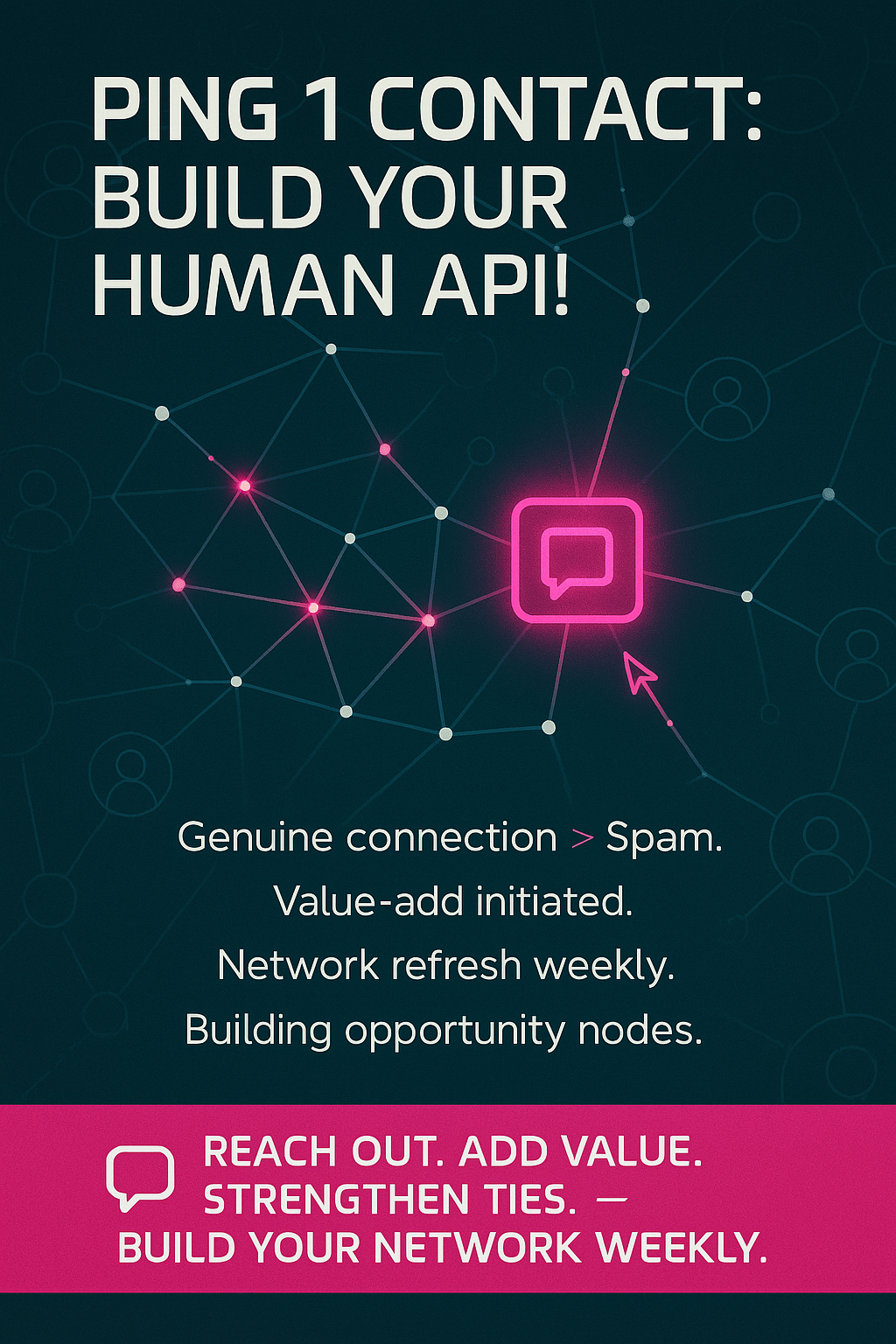
Connect With 1 Contact Weekly
Do reach out to one new or existing professional contact each week with a genuine question or value-add. Because consistent networking builds opportunities.
Why This Matters
Networking isn't just about collecting contacts; it's about building relationships. A consistent, low-pressure habit of reaching out maintains connections and opens doors organically. Focusing on genuine interaction rather than asking for favors builds a stronger, more supportive network over time.
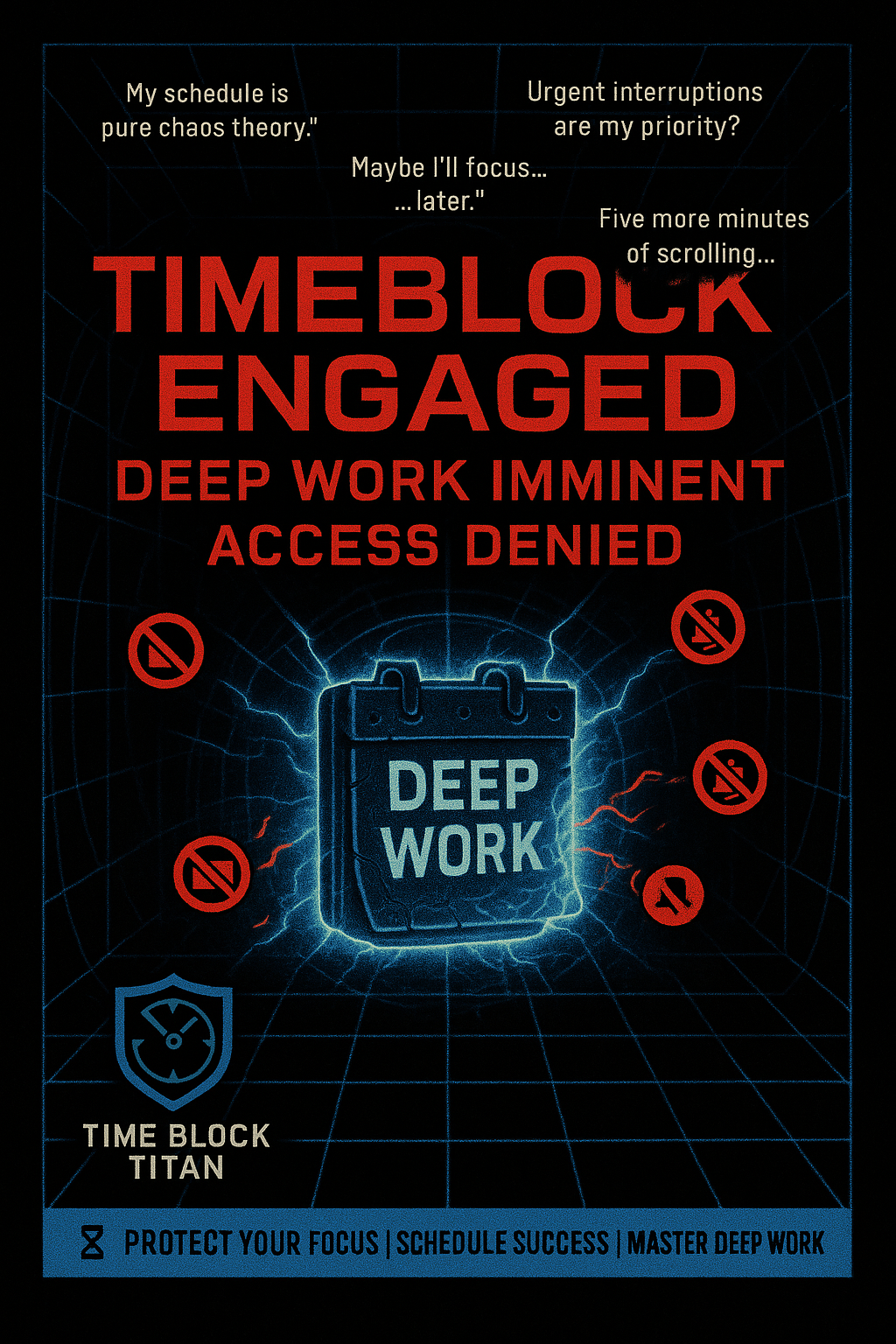
Timeblock Deep Work Session
Do schedule and honor one block of uninterrupted time (e.g., 60-90 mins) daily for focused, deep work. Because focused effort produces high-quality output.
Why This Matters
Deep work, the ability to focus without distraction on a cognitively demanding task, is crucial for valuable output in a knowledge economy. Timeblocking protects this focus from interruptions. Consistently practicing deep work enhances productivity and mastery in your field.
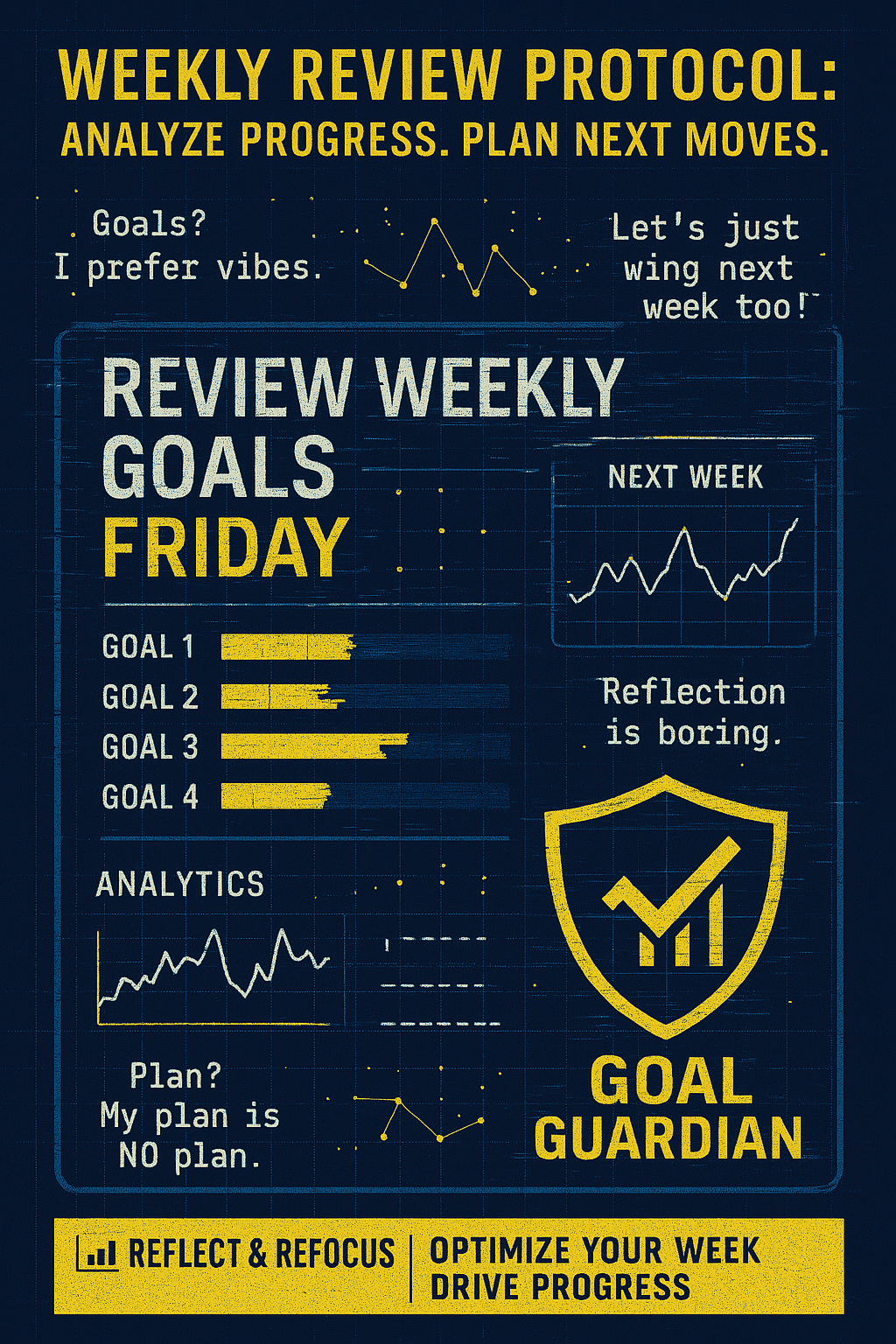
Review Weekly Goals Friday
Do spend 15 minutes every Friday reviewing progress on your weekly goals and planning the next week's priorities. Because reflection fuels effective planning.
Why This Matters
Regular review ensures accountability and allows for course correction. Understanding what worked, what didn't, and why informs better planning for the following week. This habit closes the loop on weekly execution and ensures continuous alignment with larger objectives.
Key Takeaways for Balanced Growth
These key takeaways encapsulate the core principles of the Balanced Being habits, providing a roadmap for your personal growth journey.
- Mindful Daily Practices: Embrace the power of small, consistent actions that seamlessly integrate into your daily life, fostering gradual but profound positive change.
- Holistic Well-being Focus: Nurture all facets of your life – success, health, relationships, and emotions – recognizing their interconnectedness for overall fulfillment.
- Progressive Mastery: Start with foundational habits and gradually advance to growth and mastery levels, ensuring sustainable and continuous self-improvement.
- Intentional Living: Cultivate conscious choices and deliberate actions, moving away from autopilot habits towards a more purposeful and directed life.
- Positive Self-Development: Prioritize personal growth and self-improvement as an ongoing journey, empowering yourself to become a more balanced and resilient individual.
Start your journey to a more balanced and fulfilling life today by incorporating just one of these habits into your daily routine and witness the positive ripple effect.
